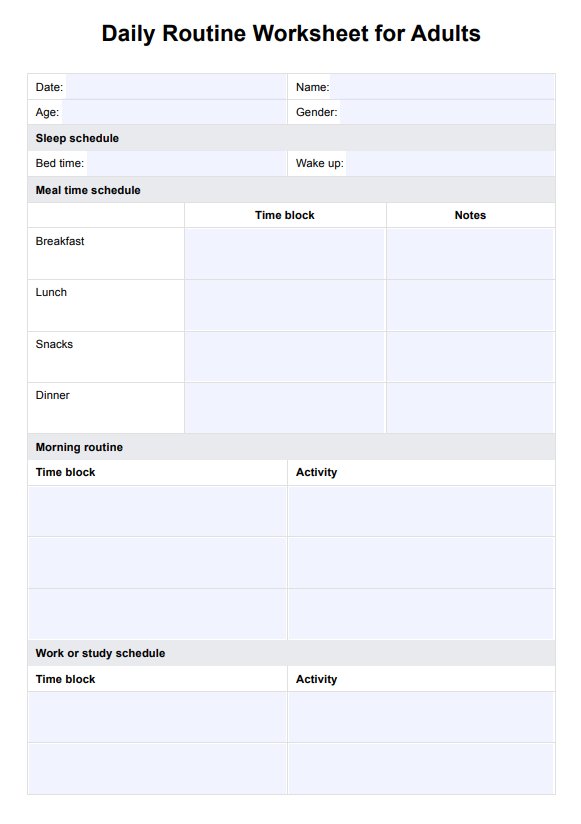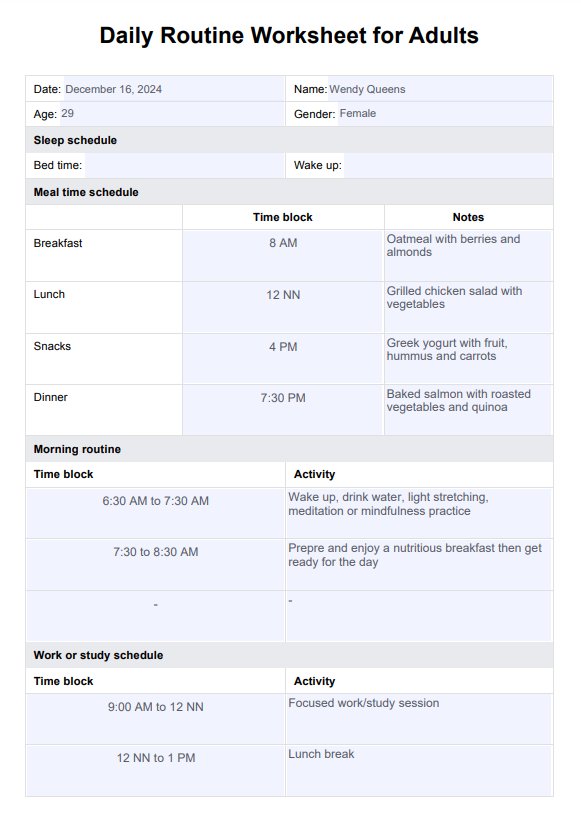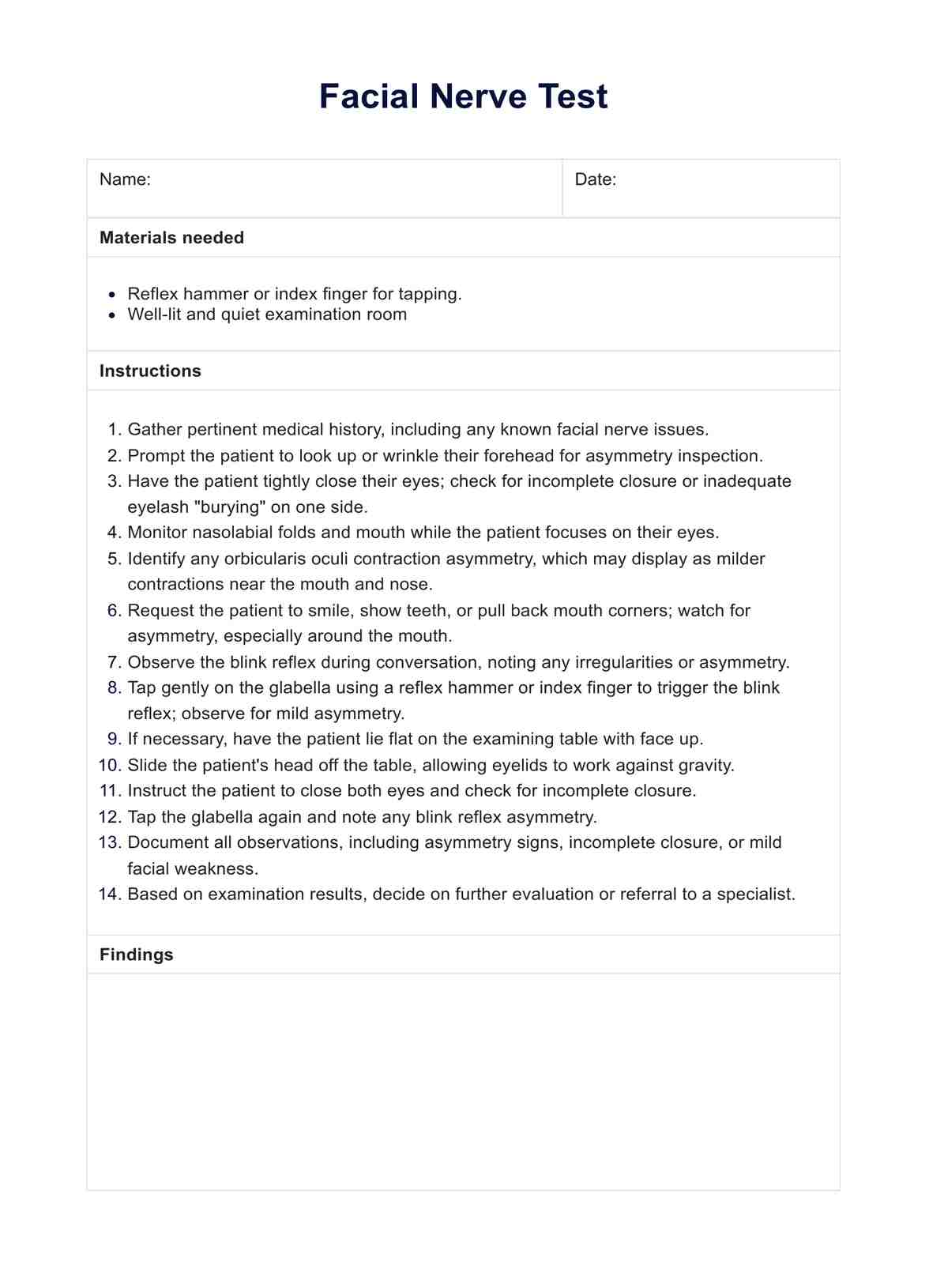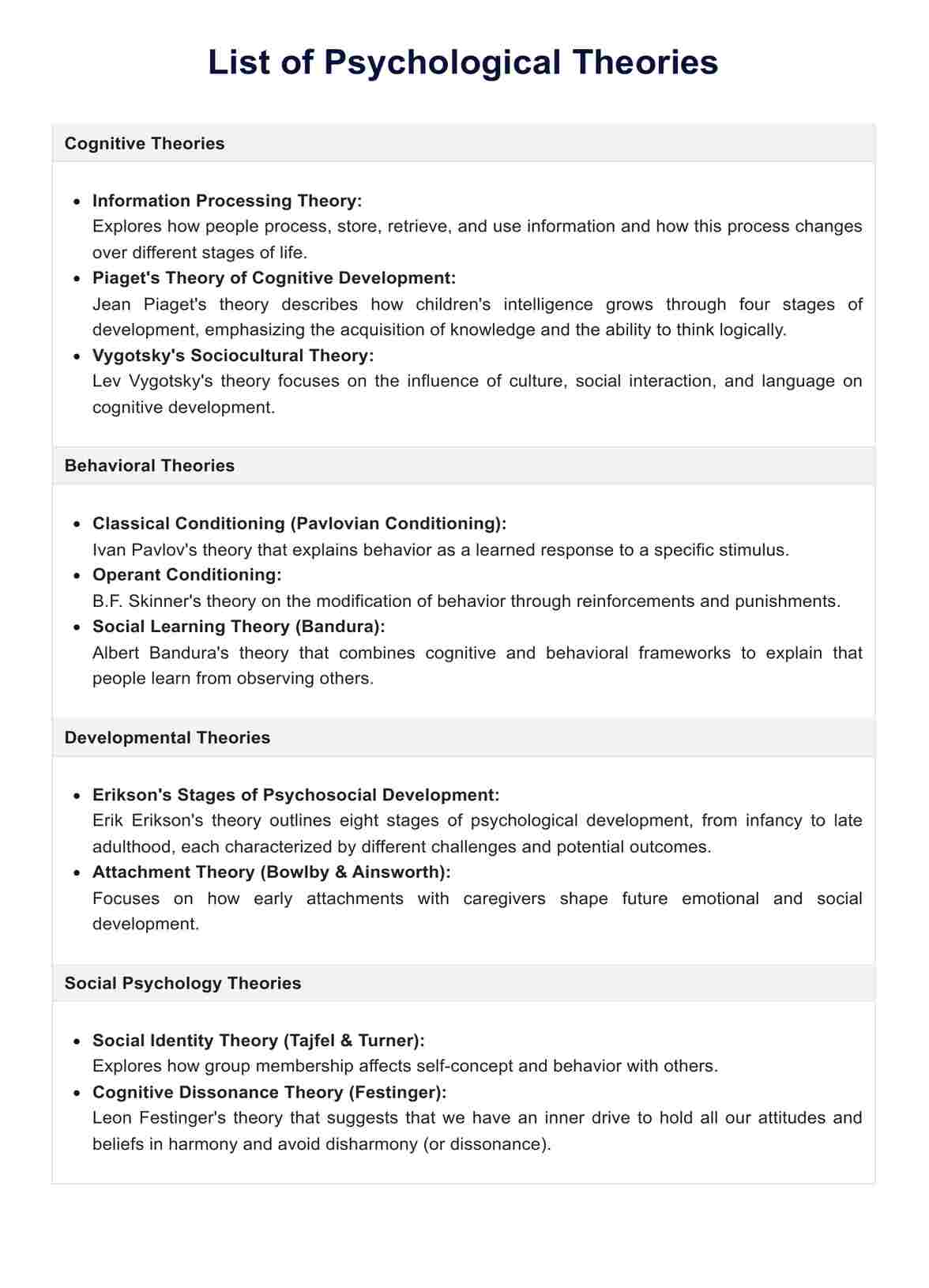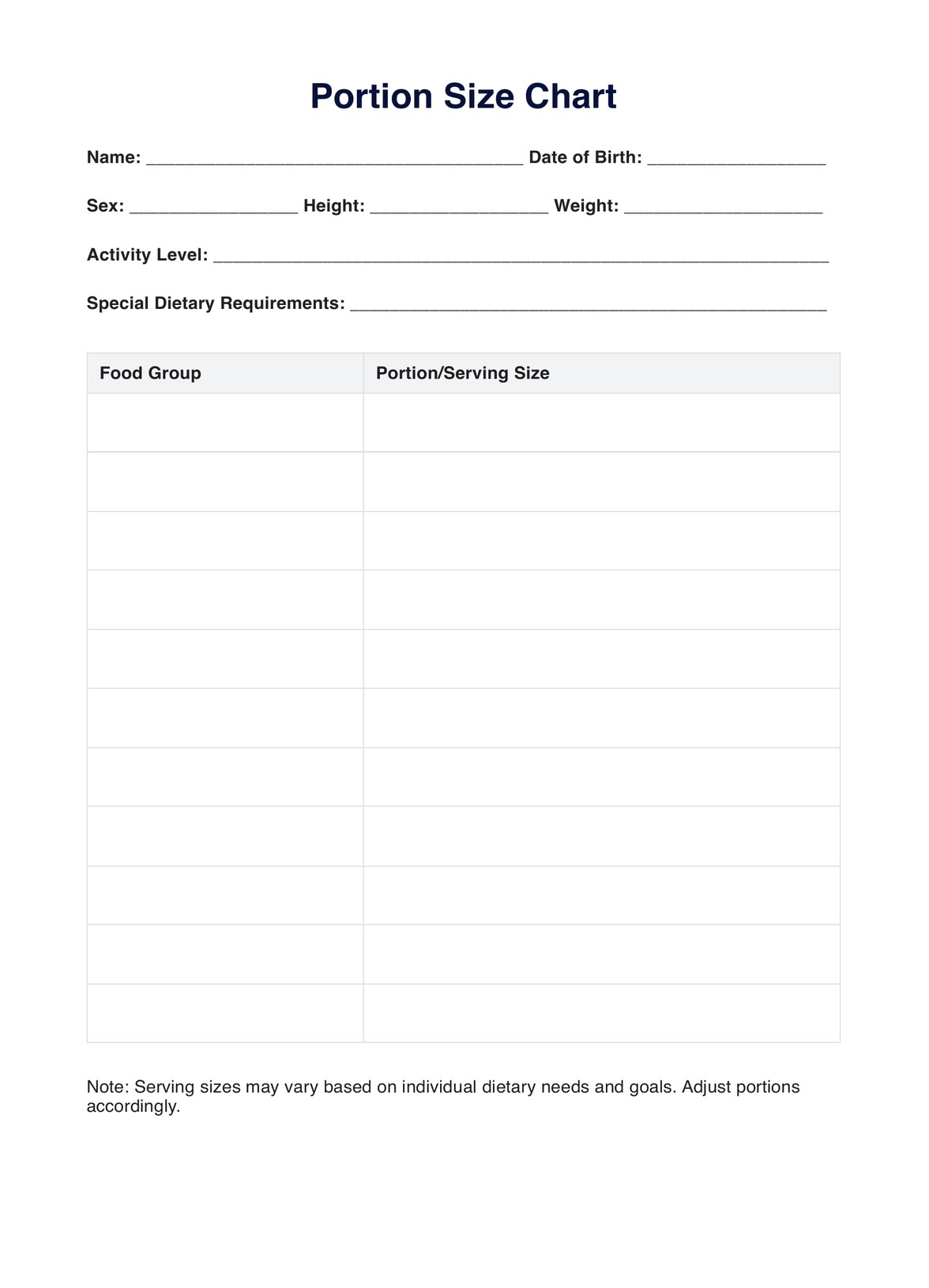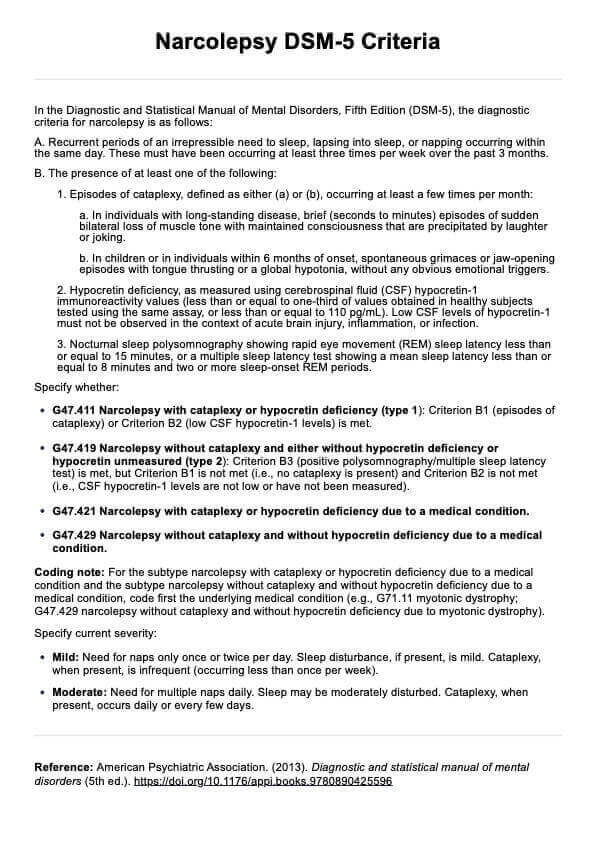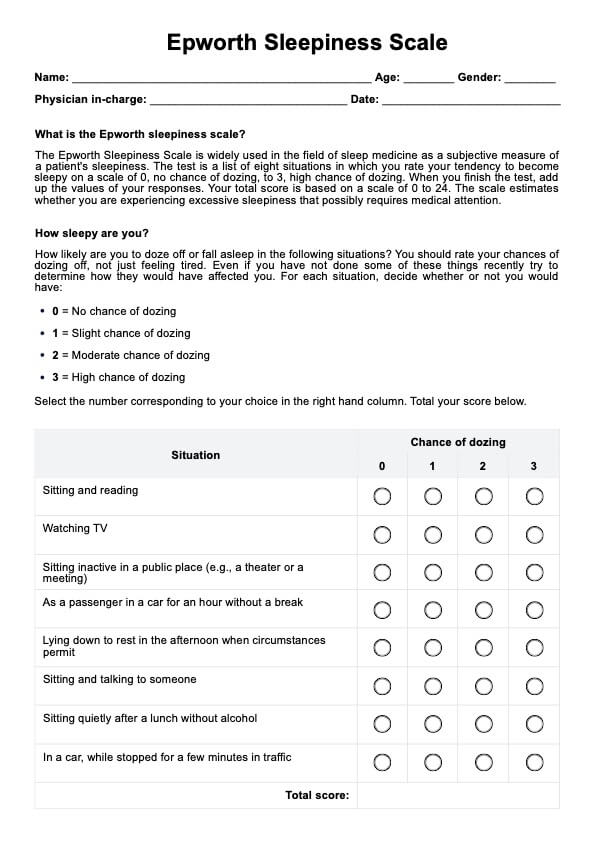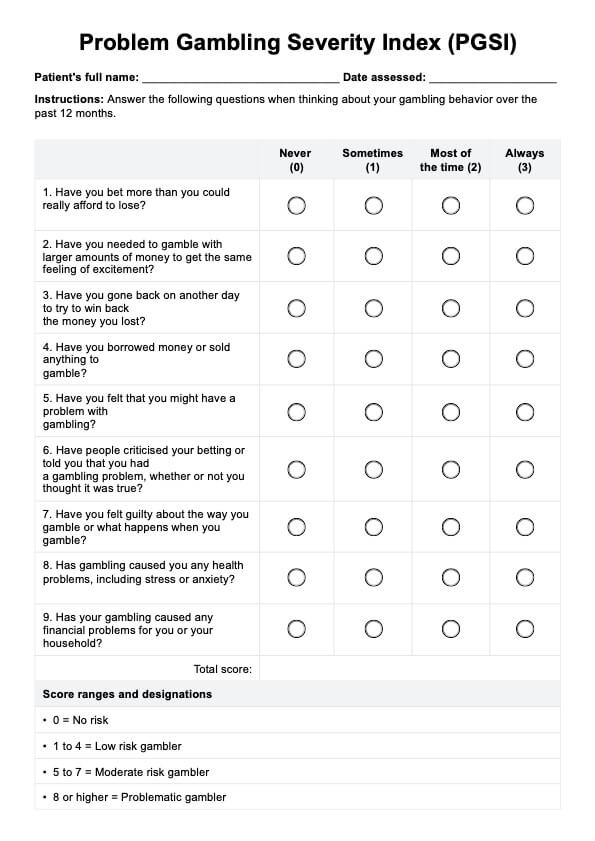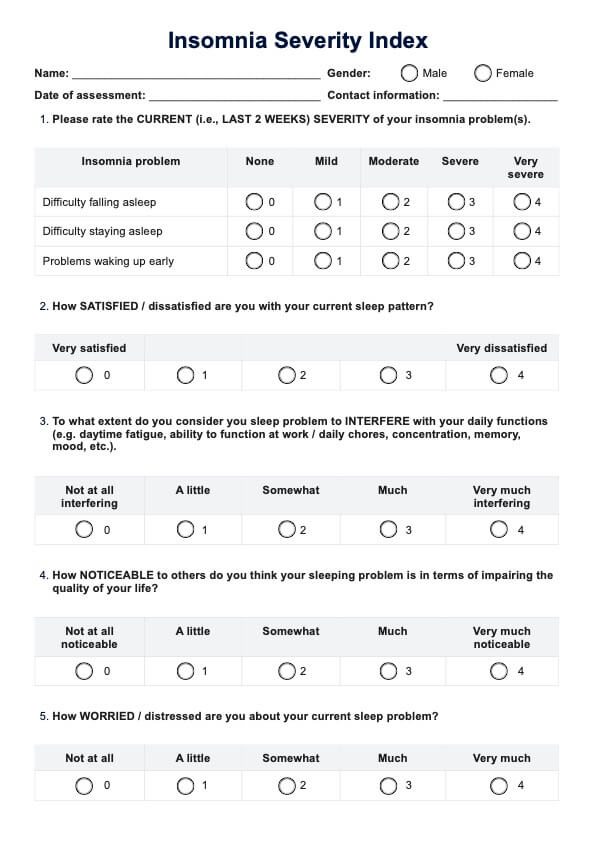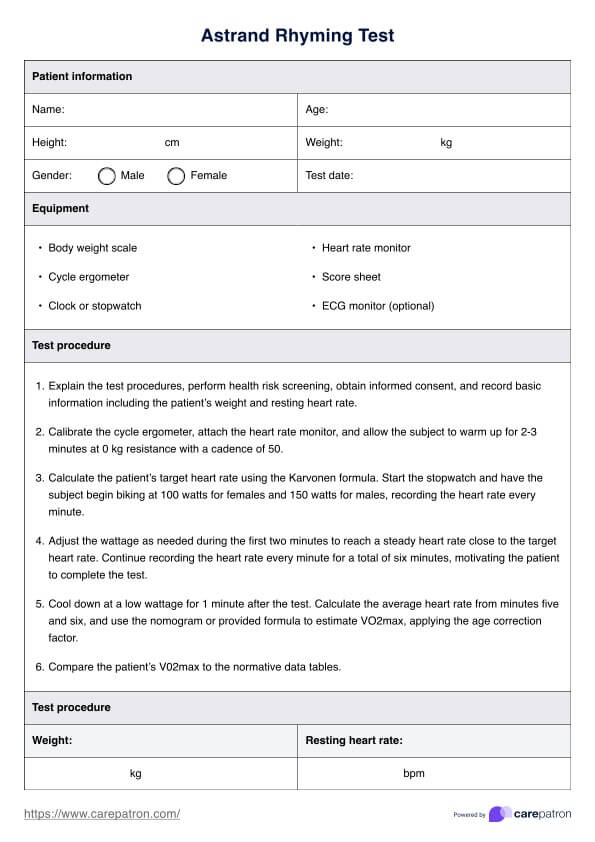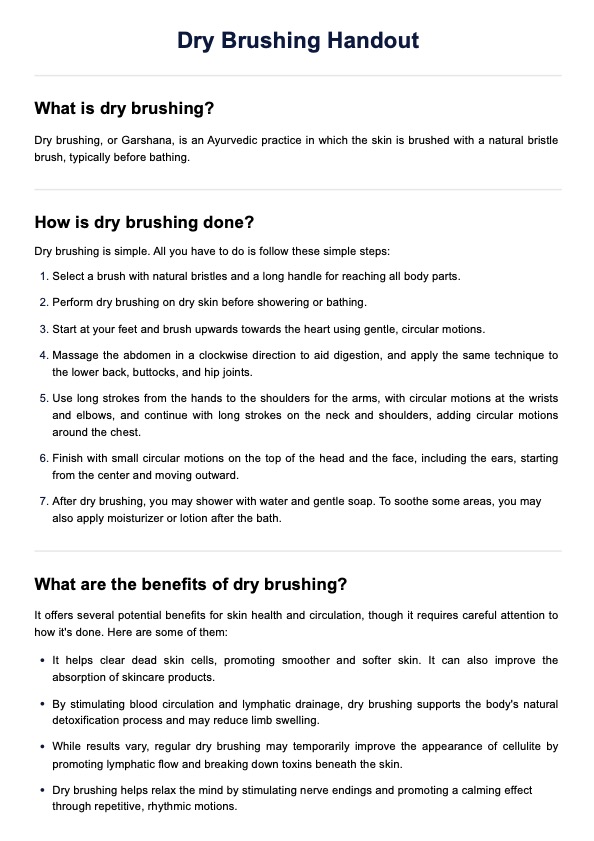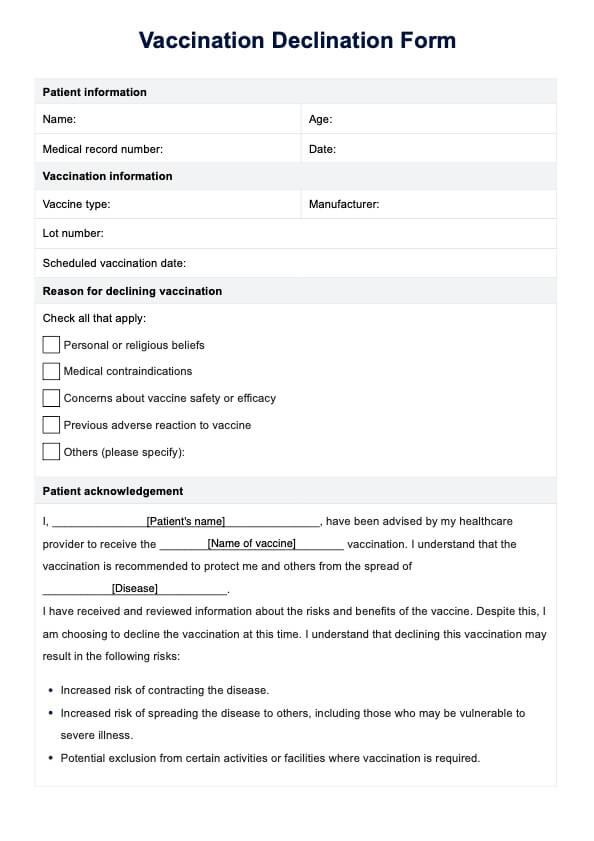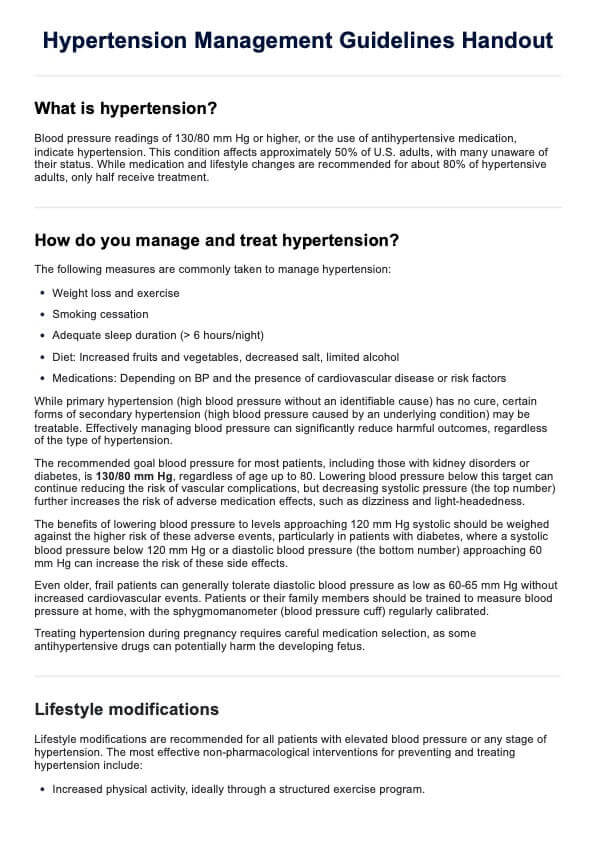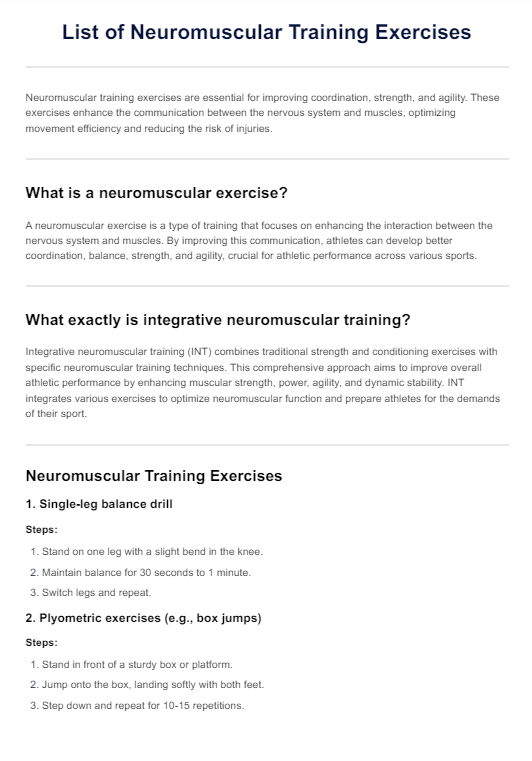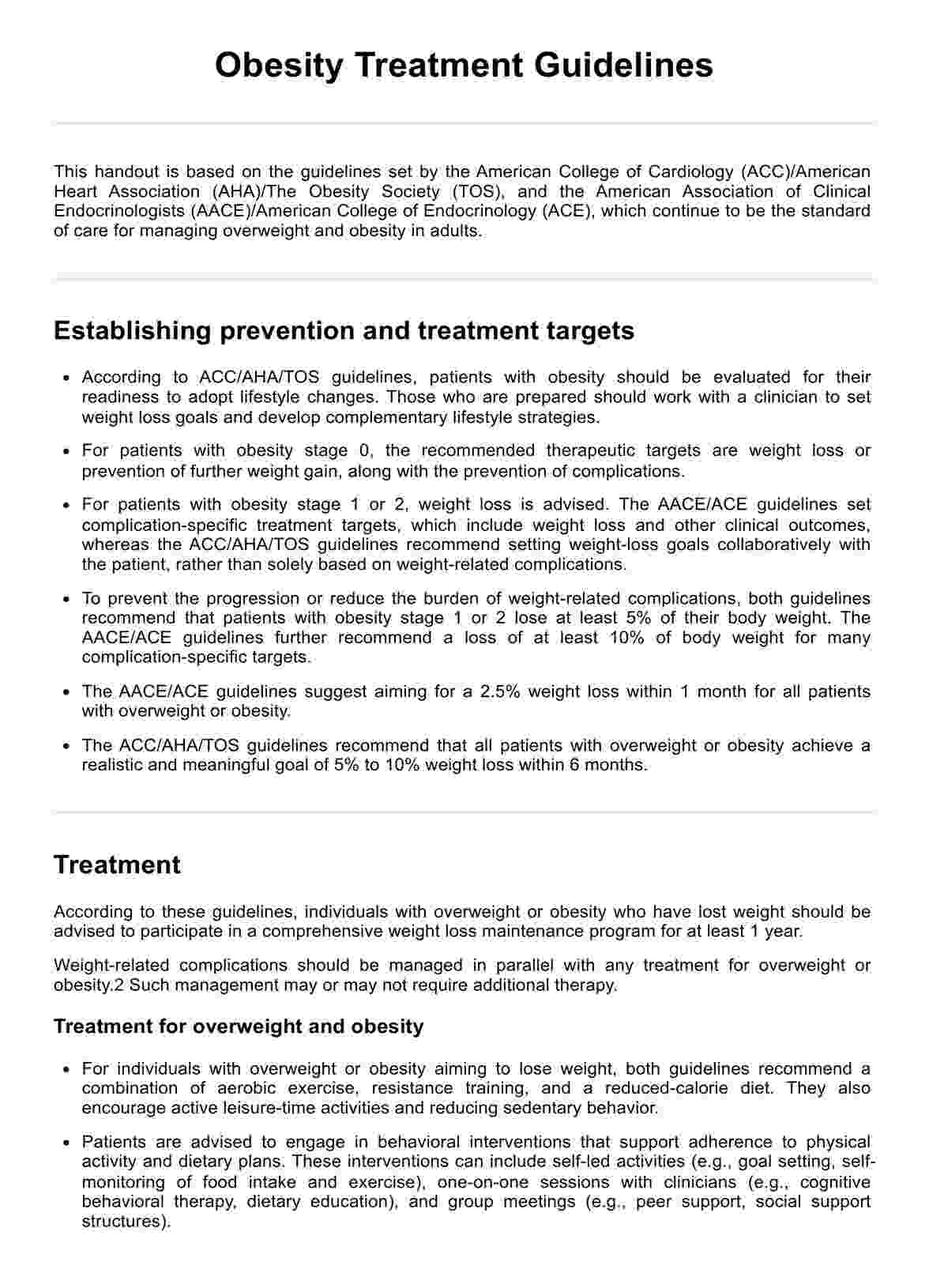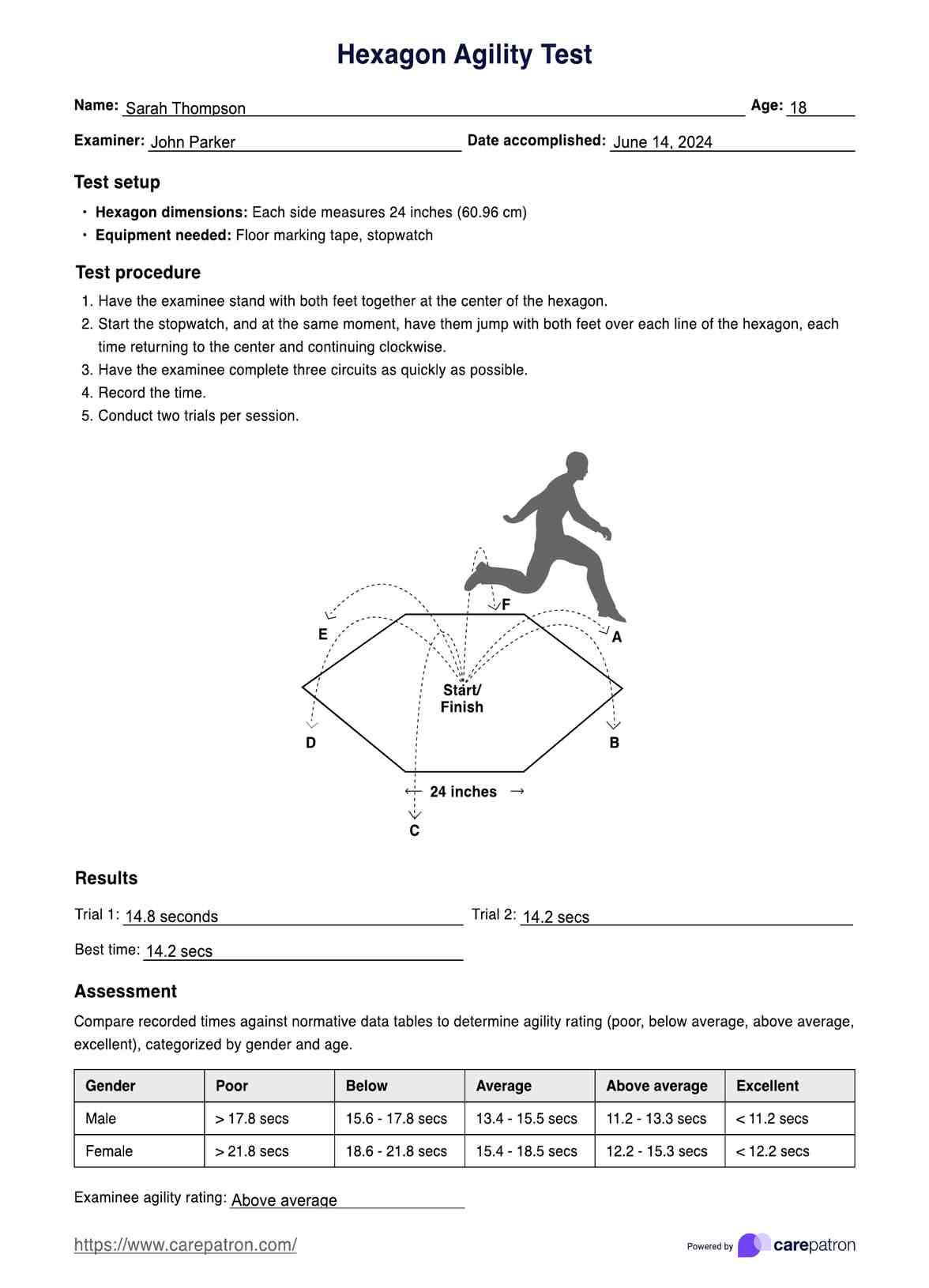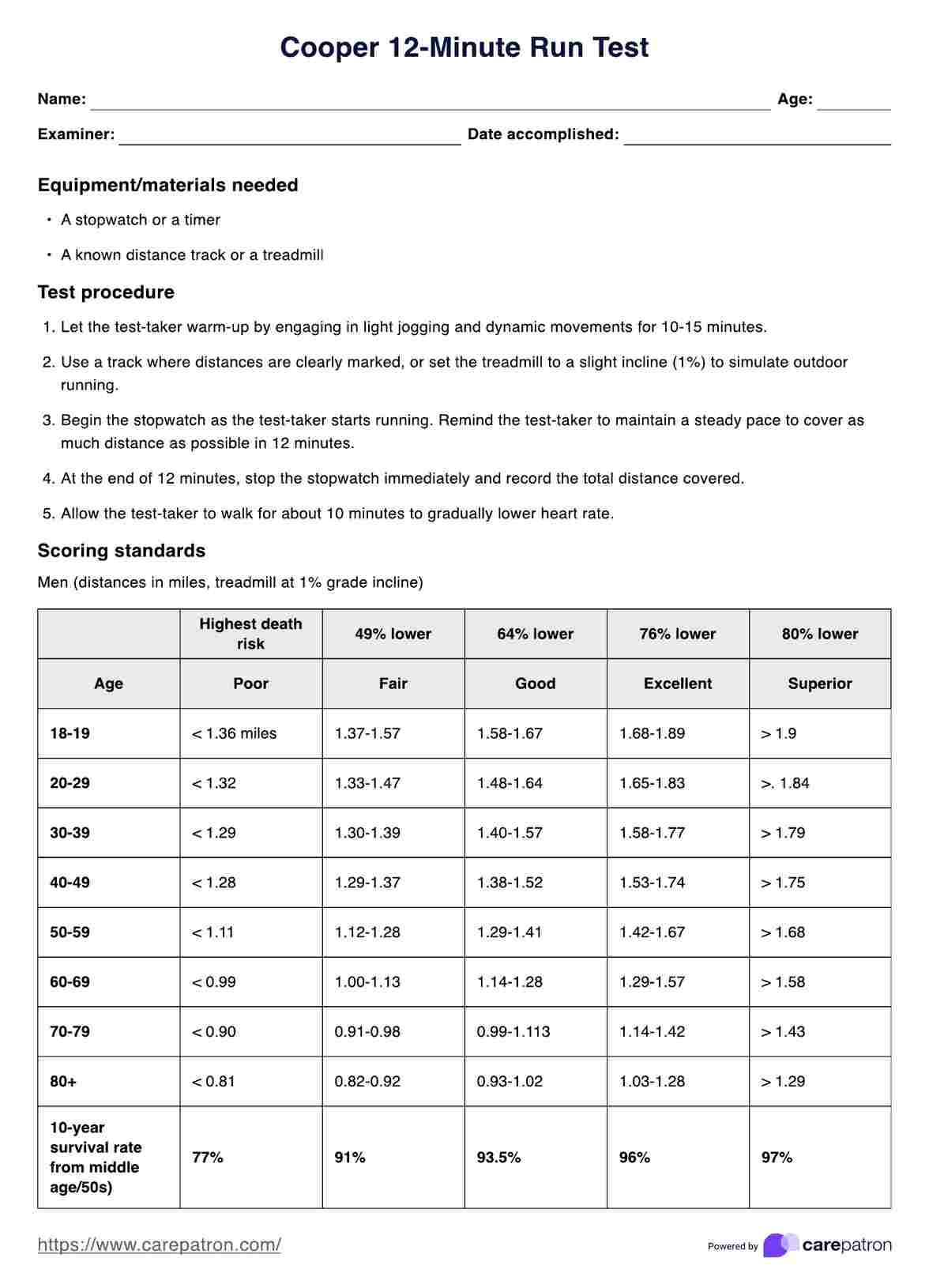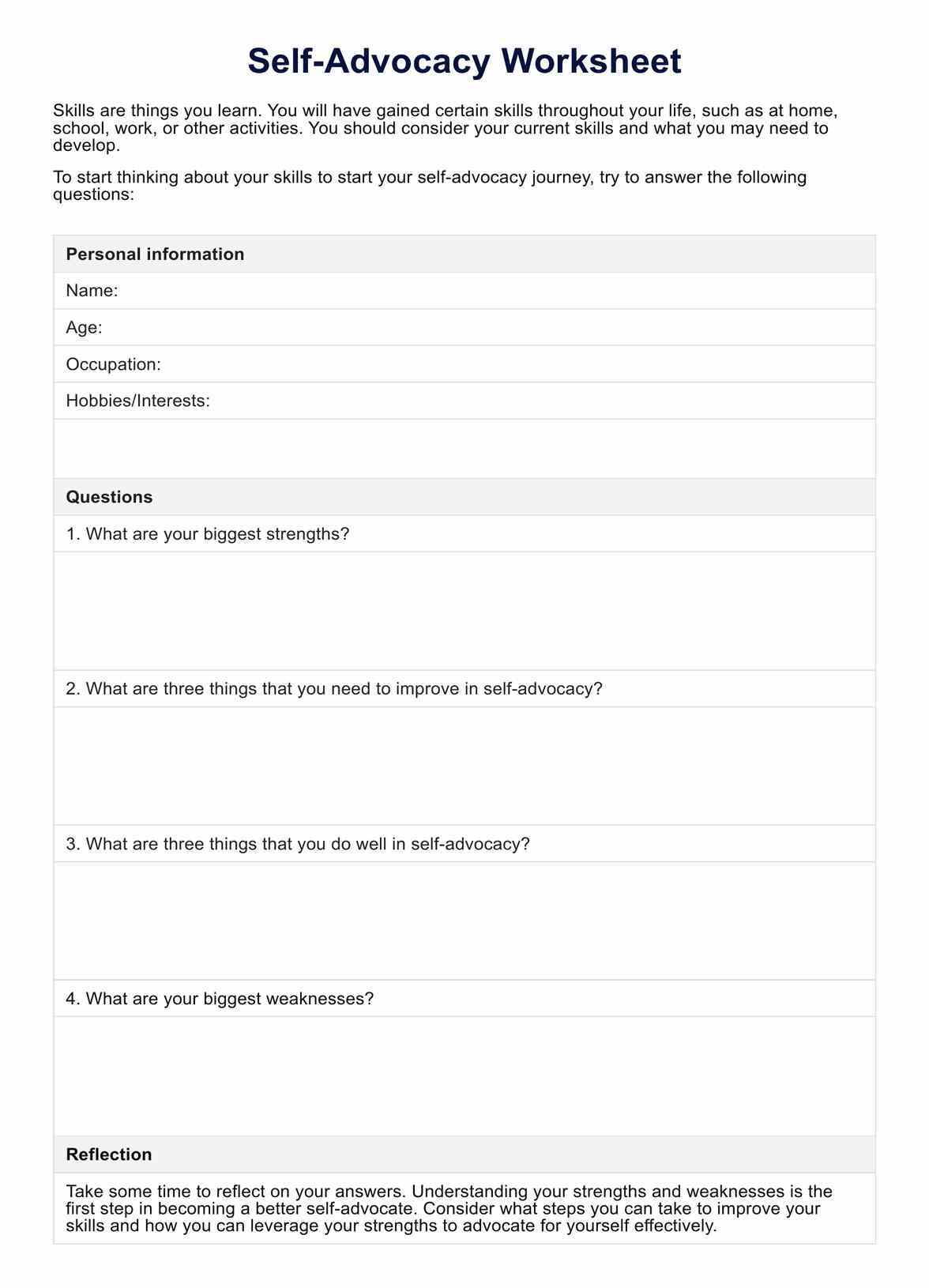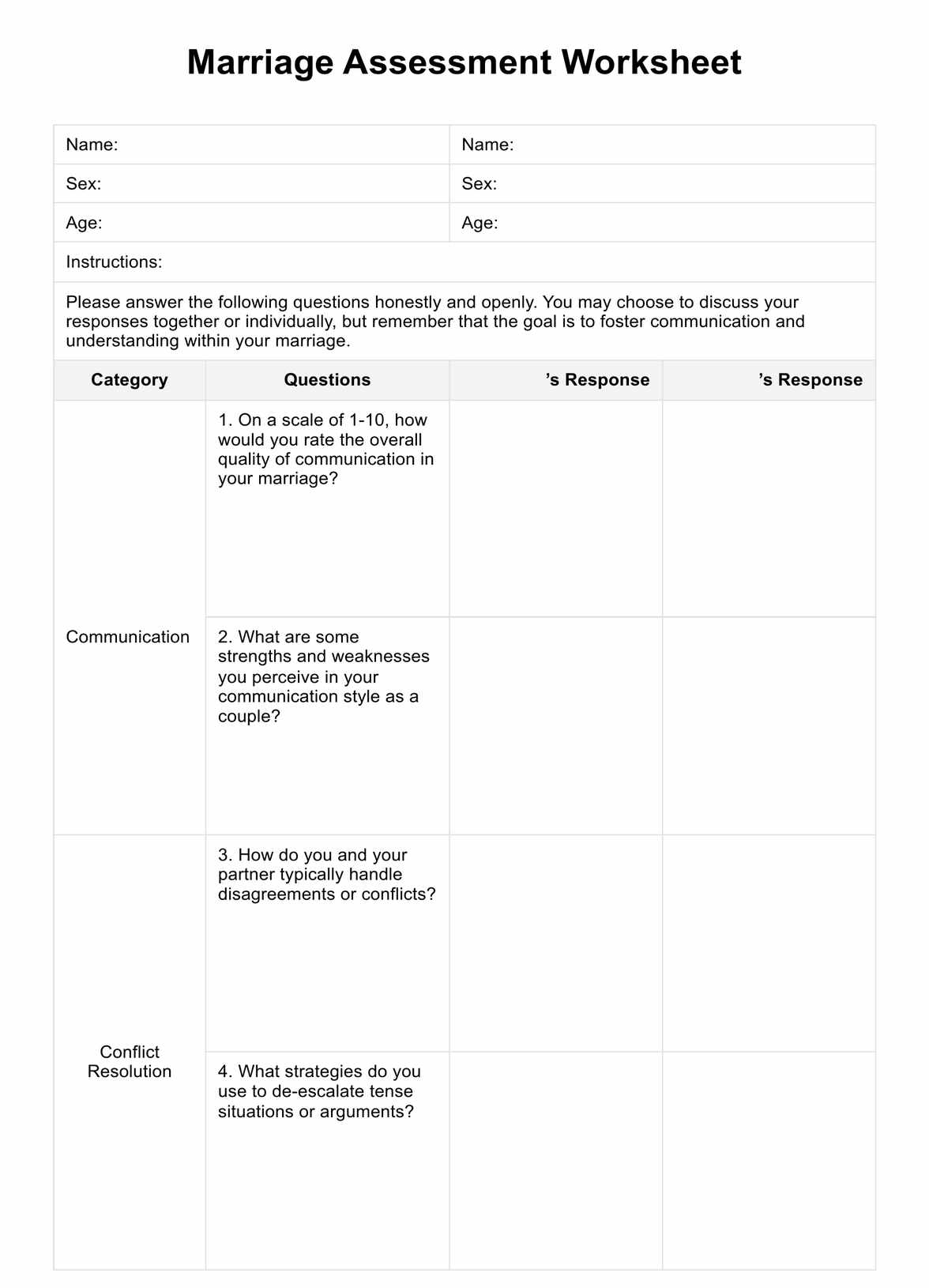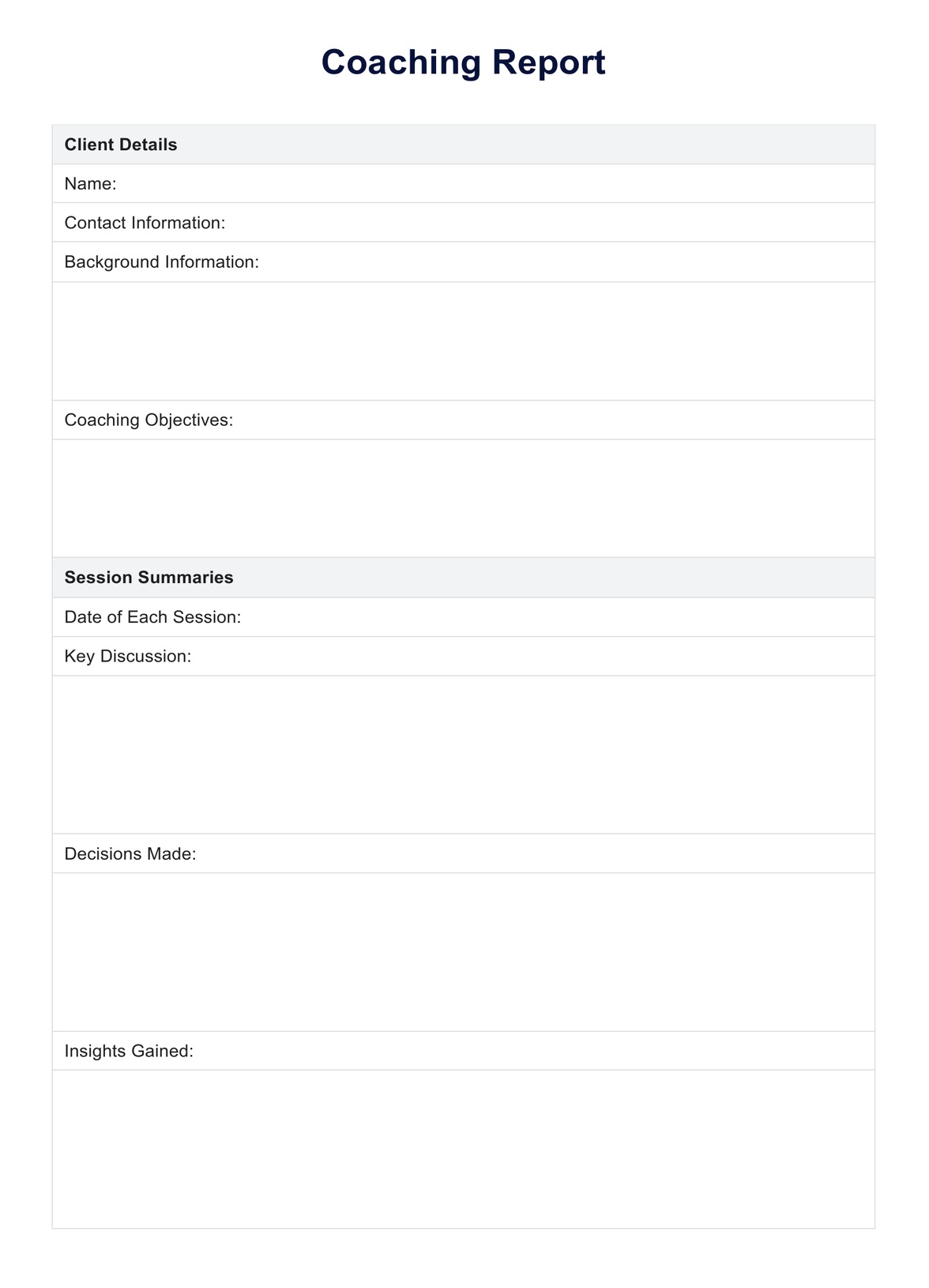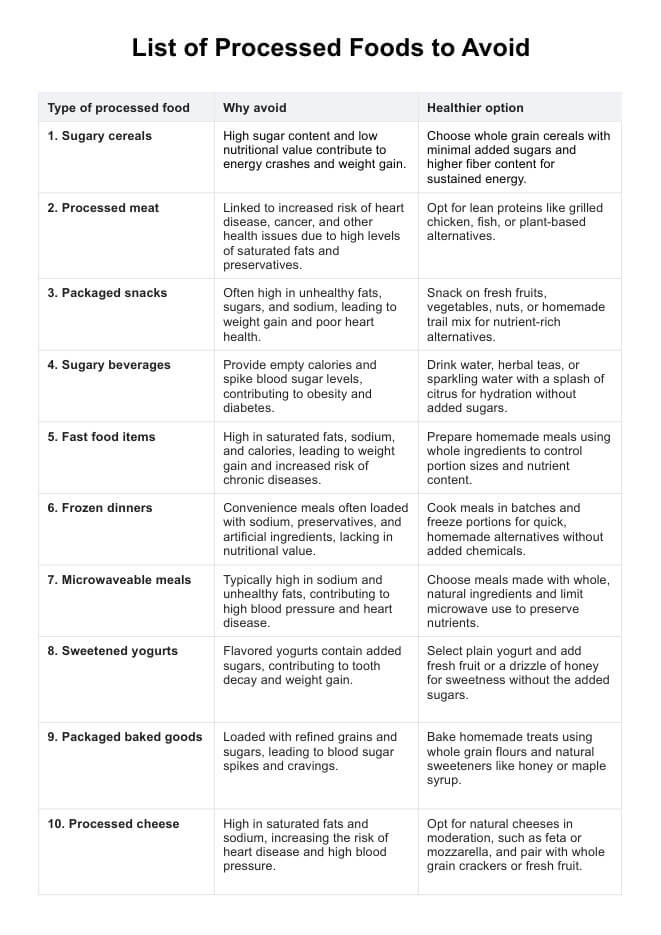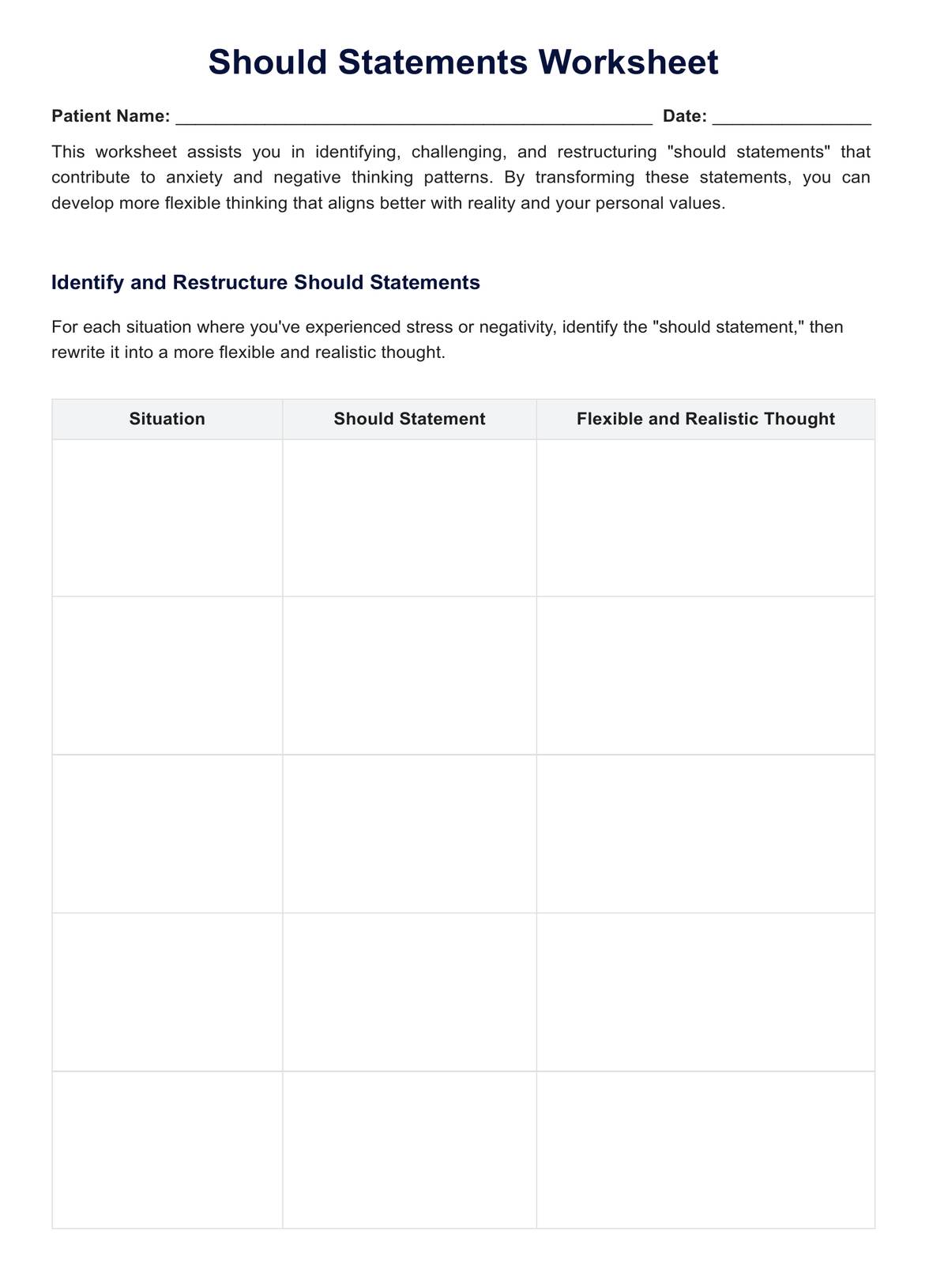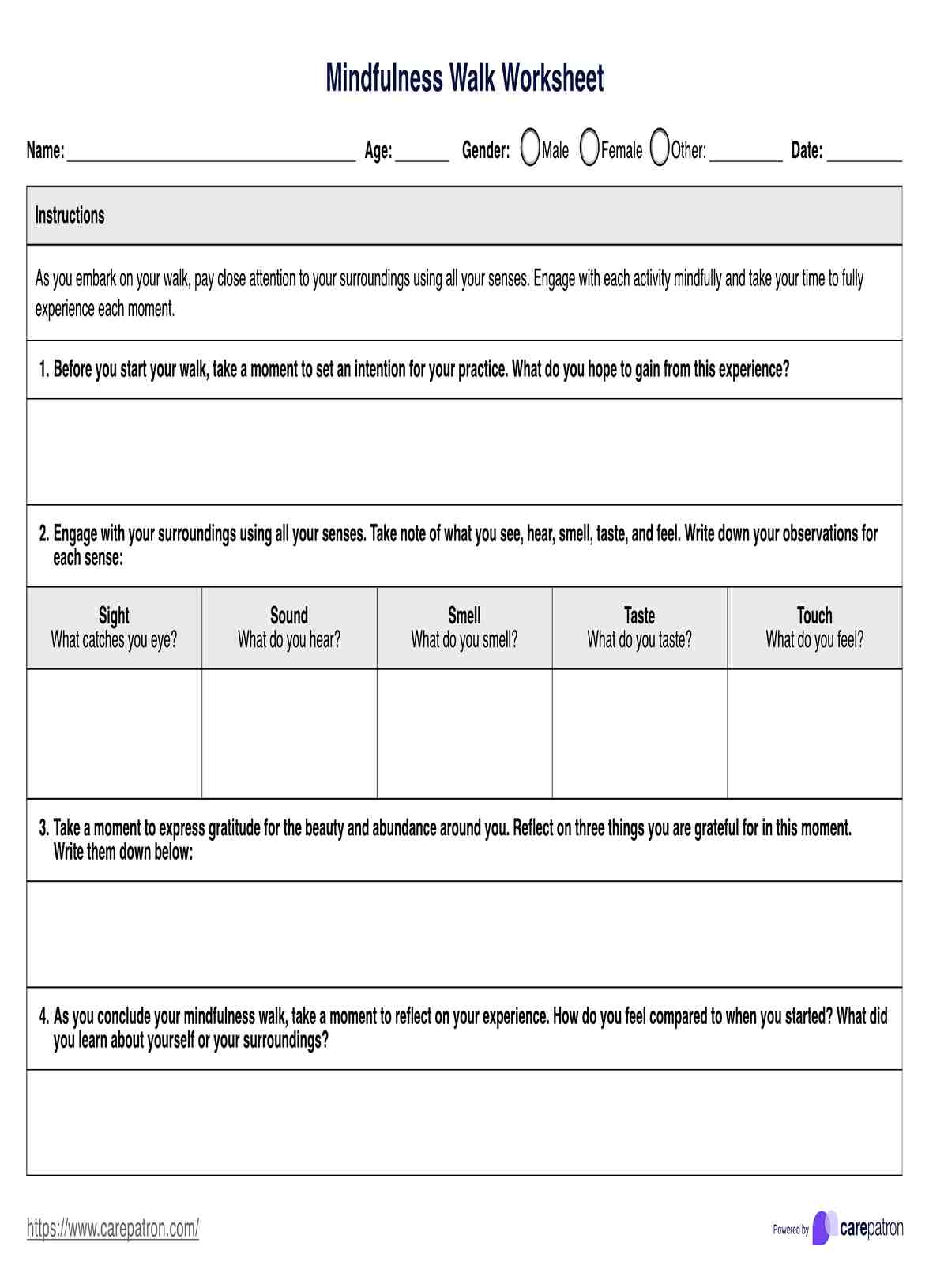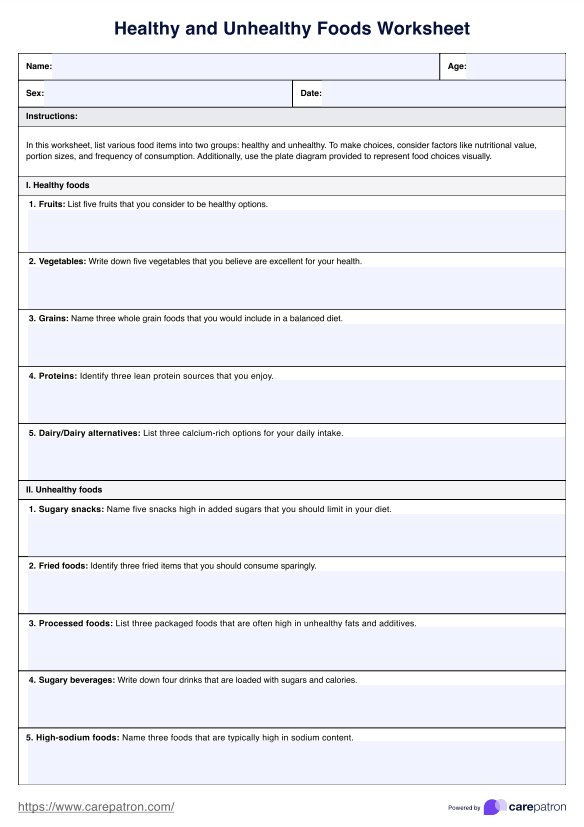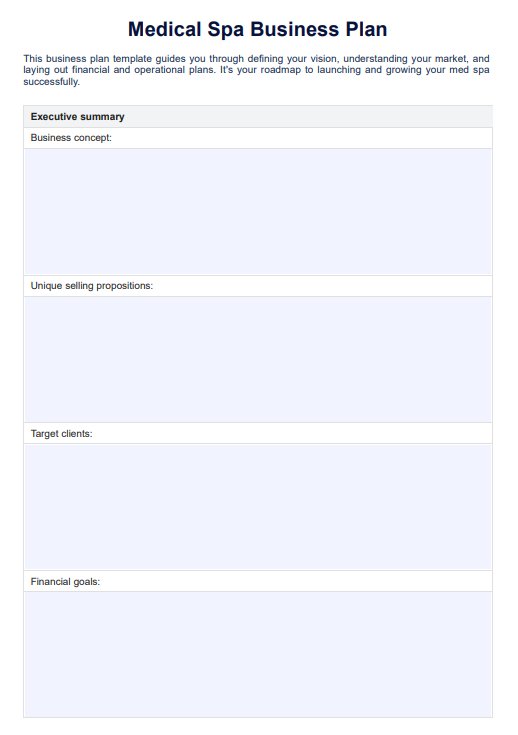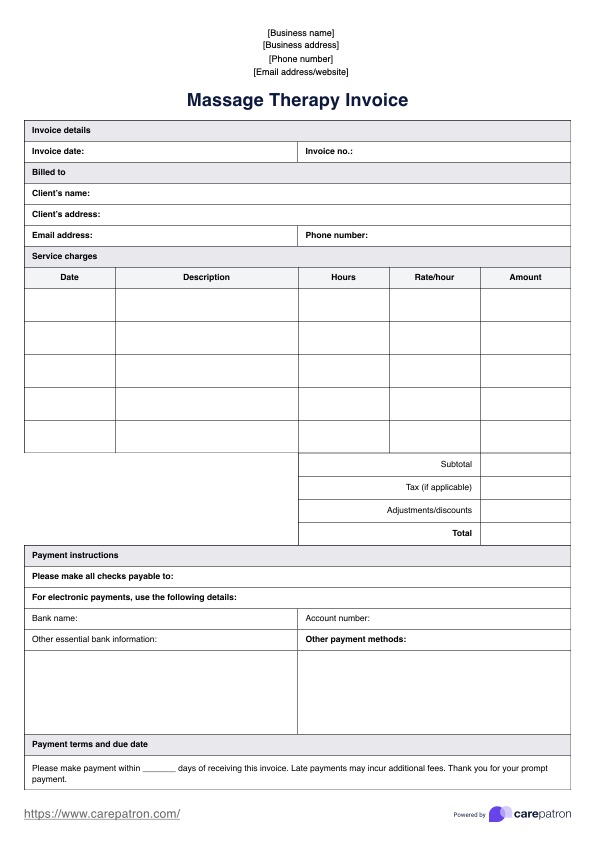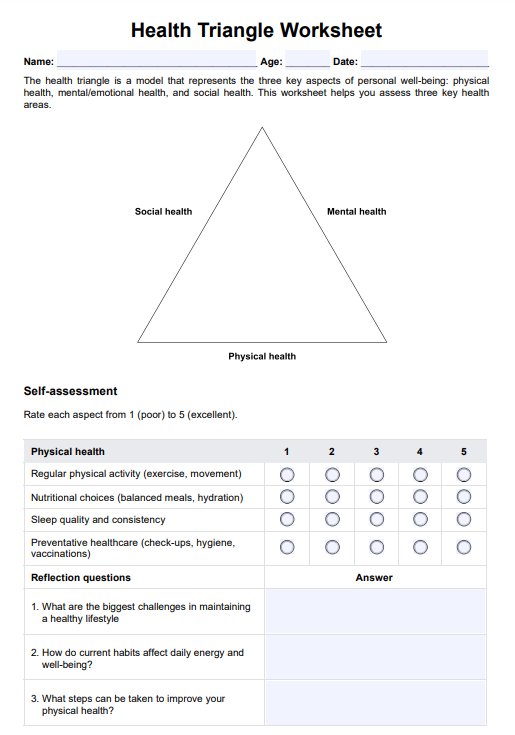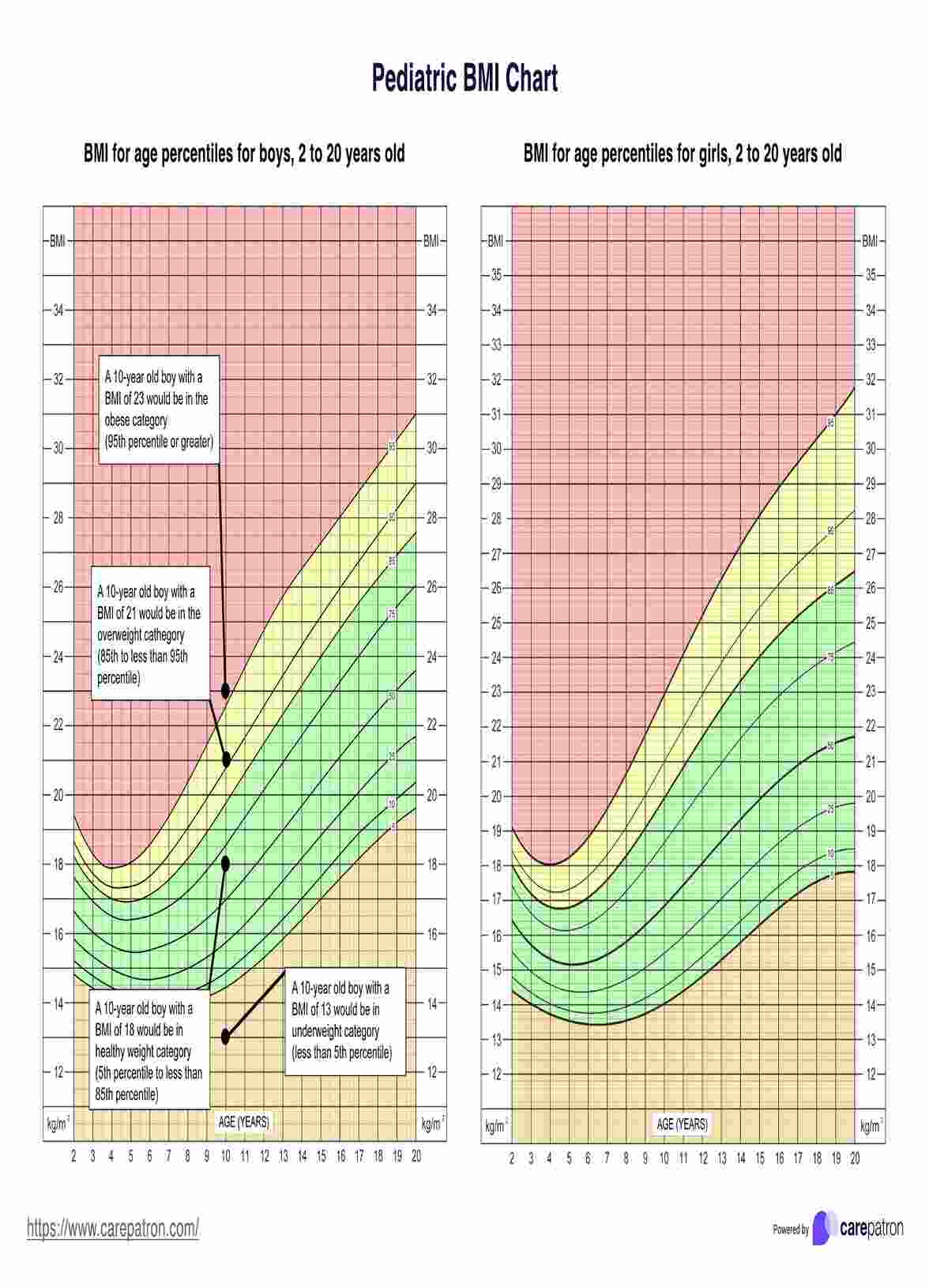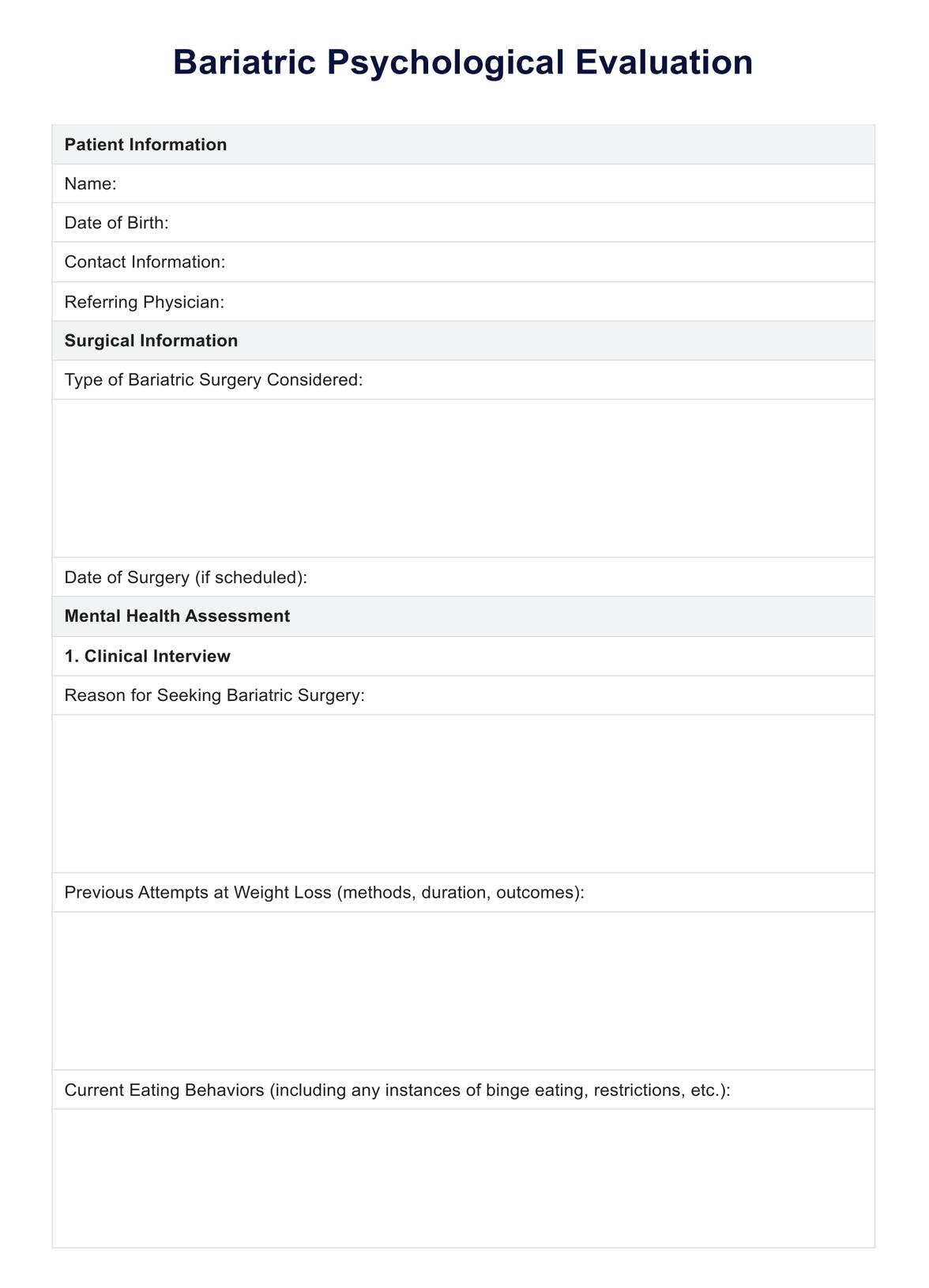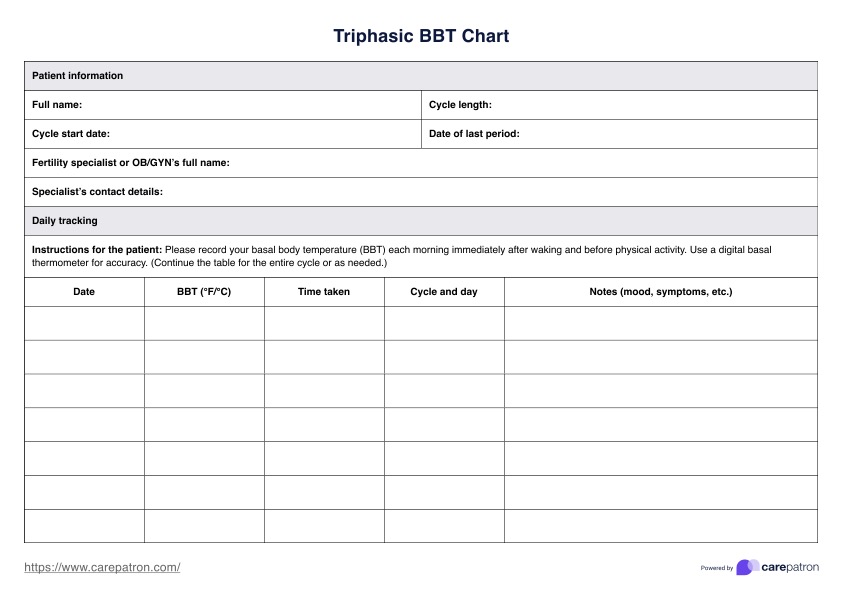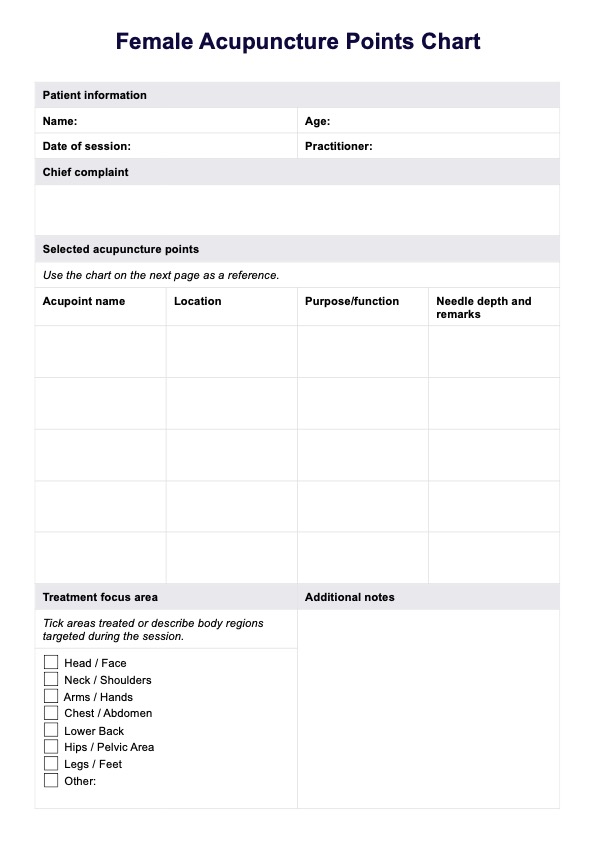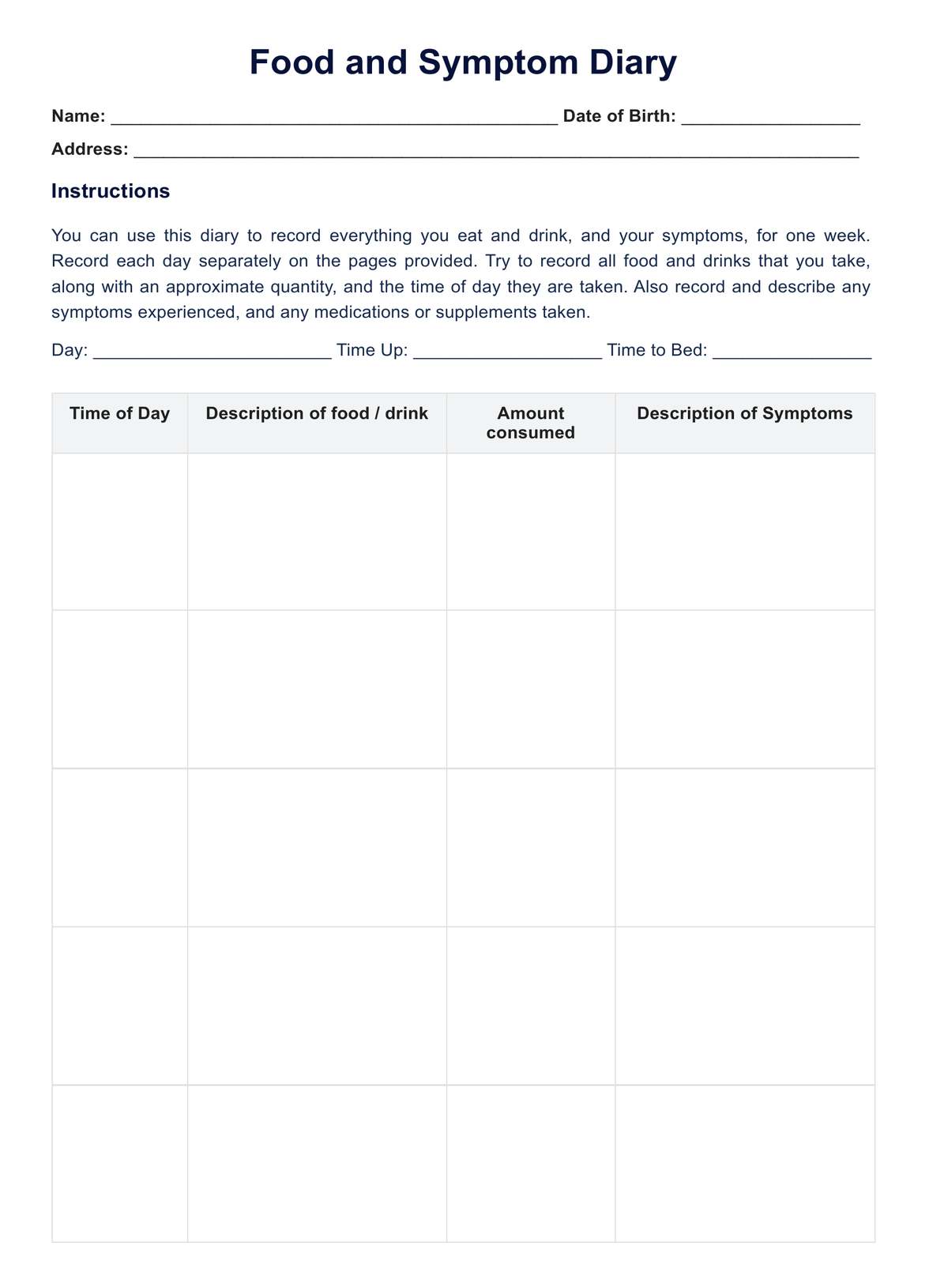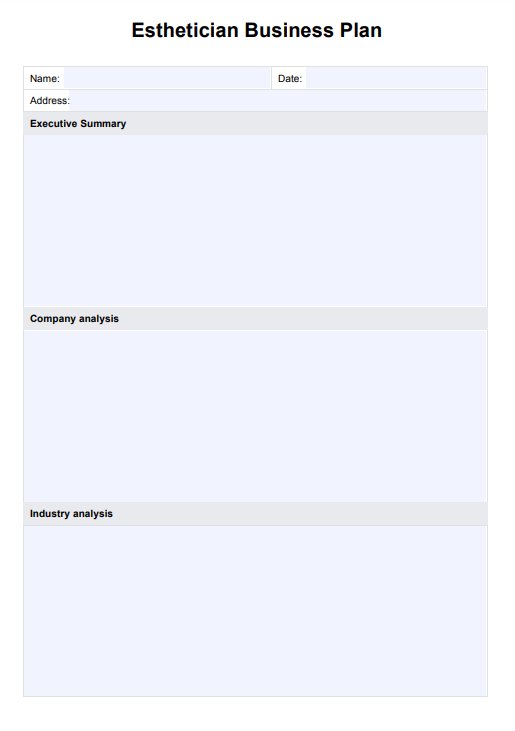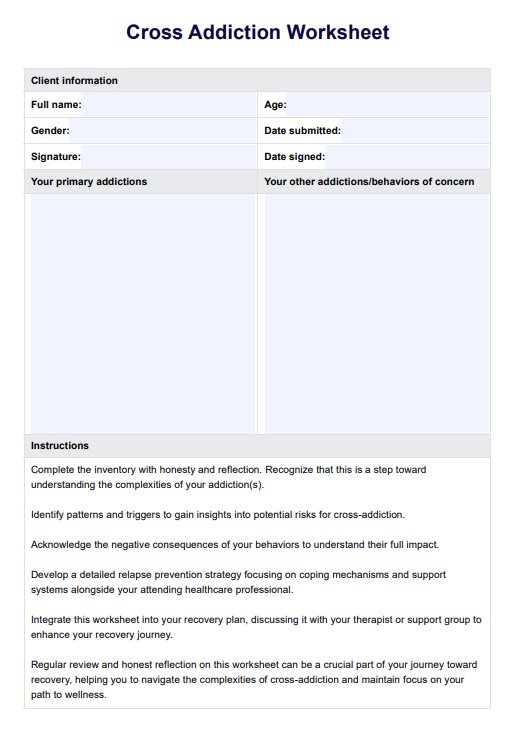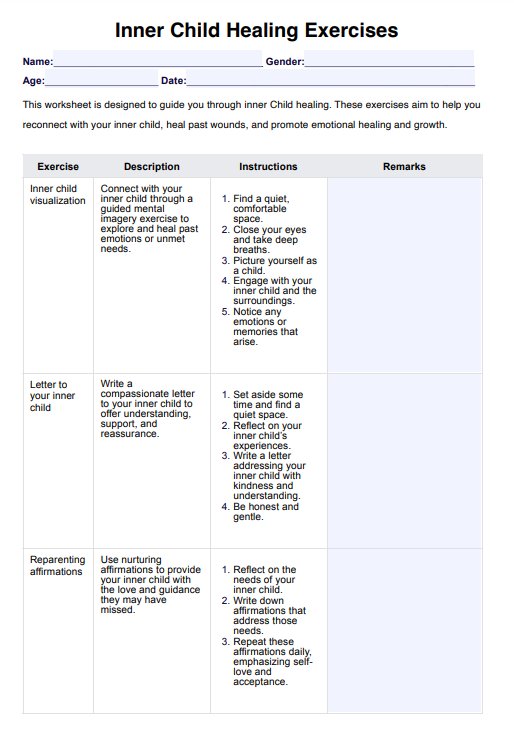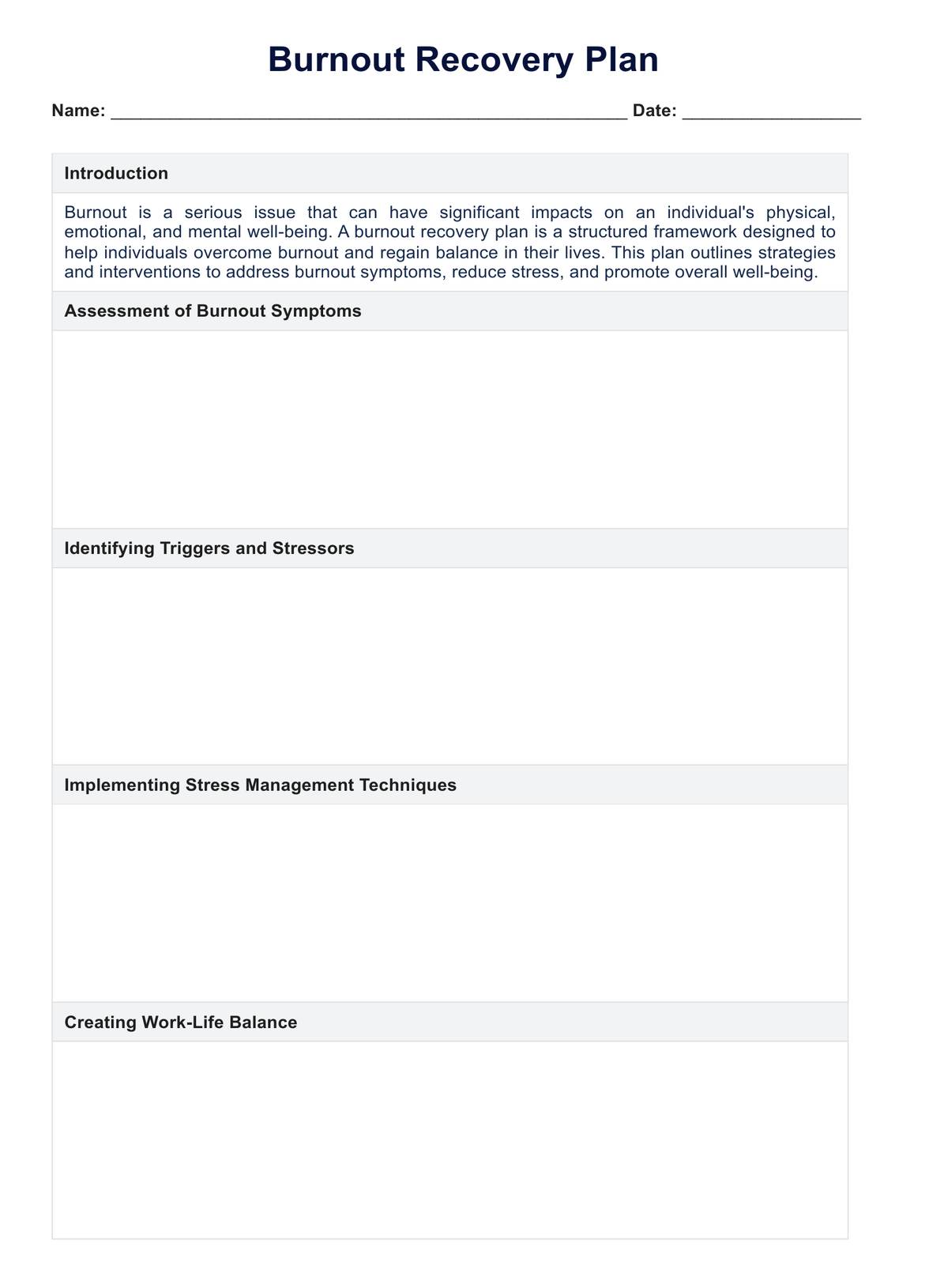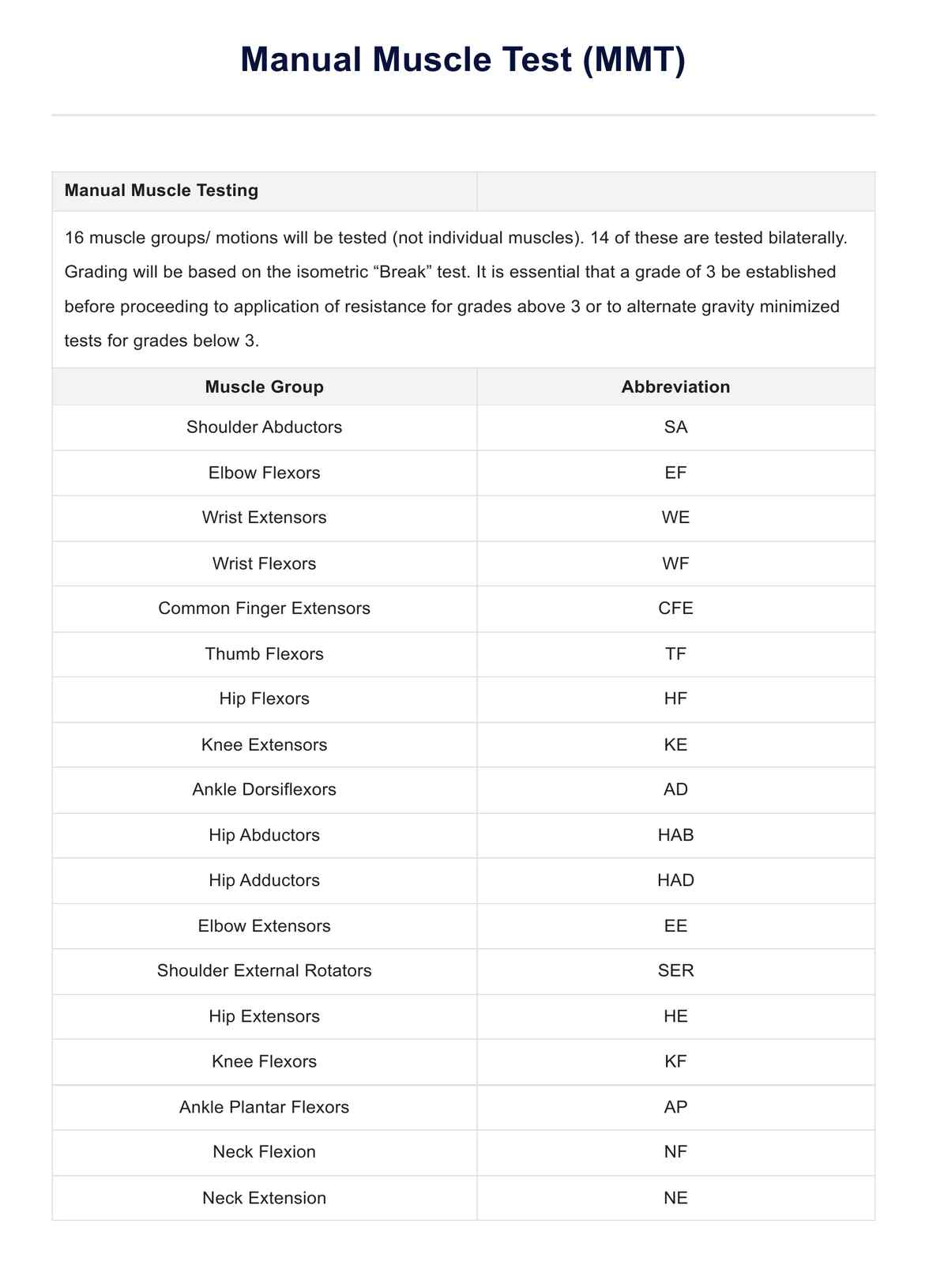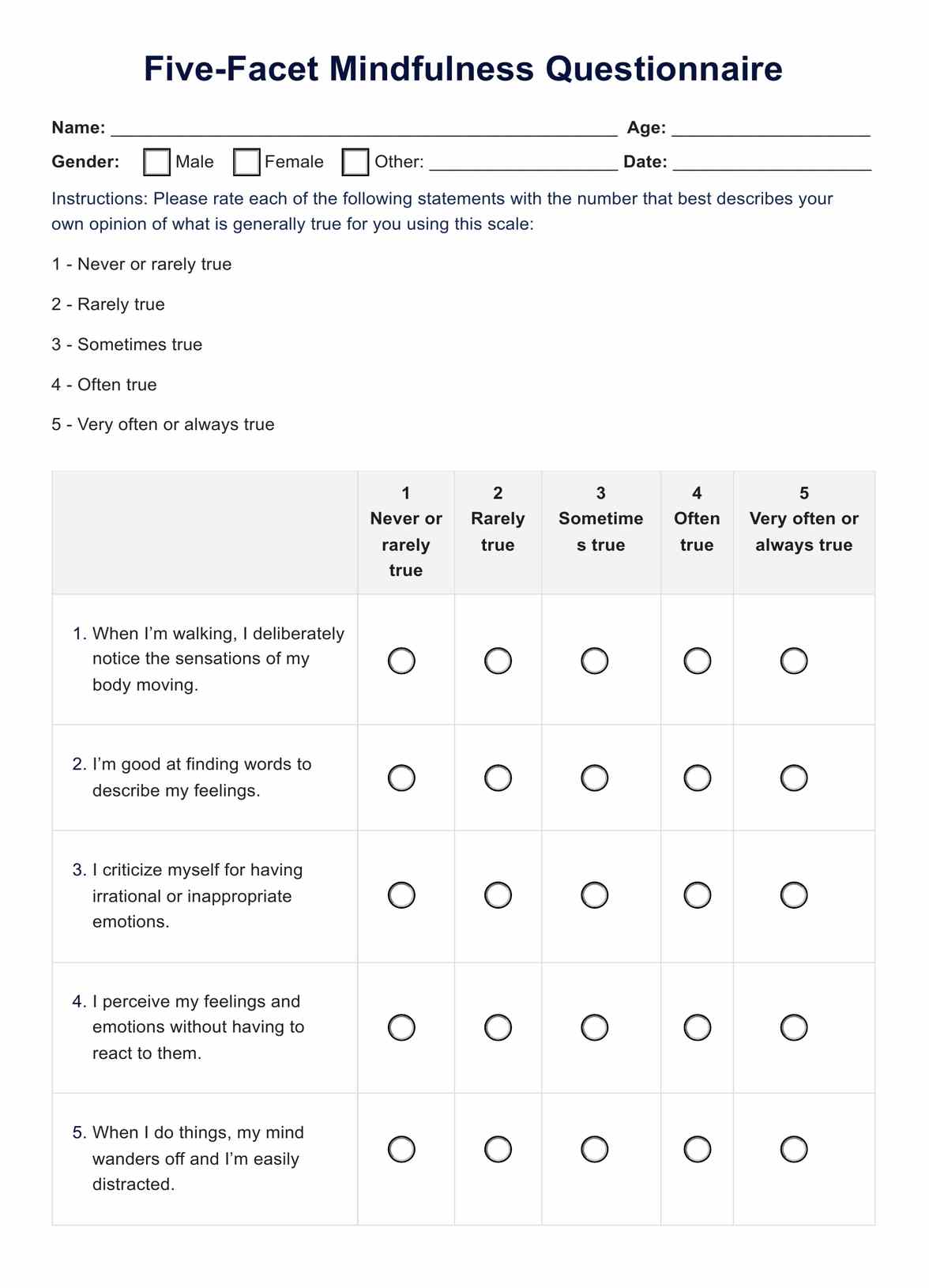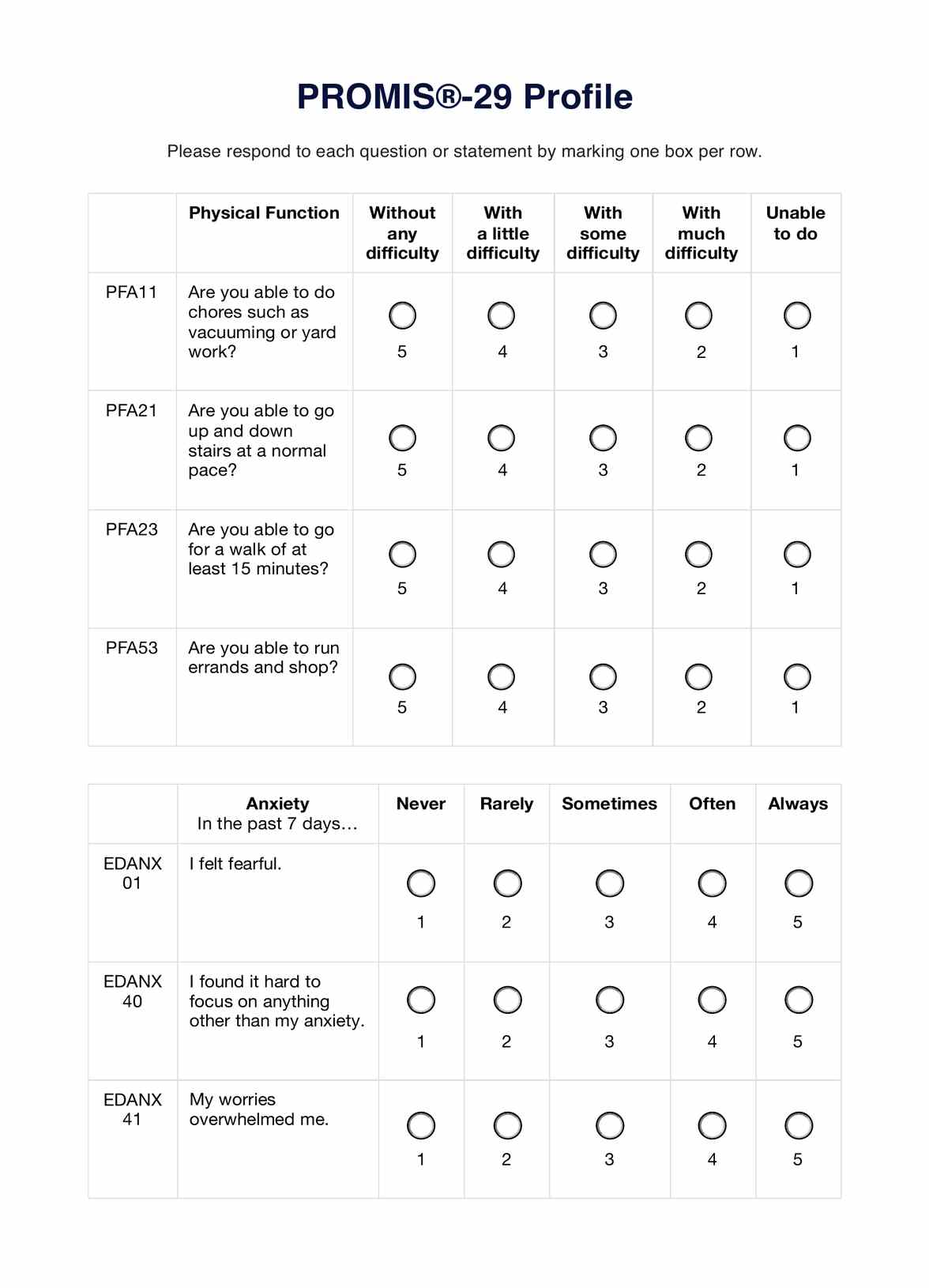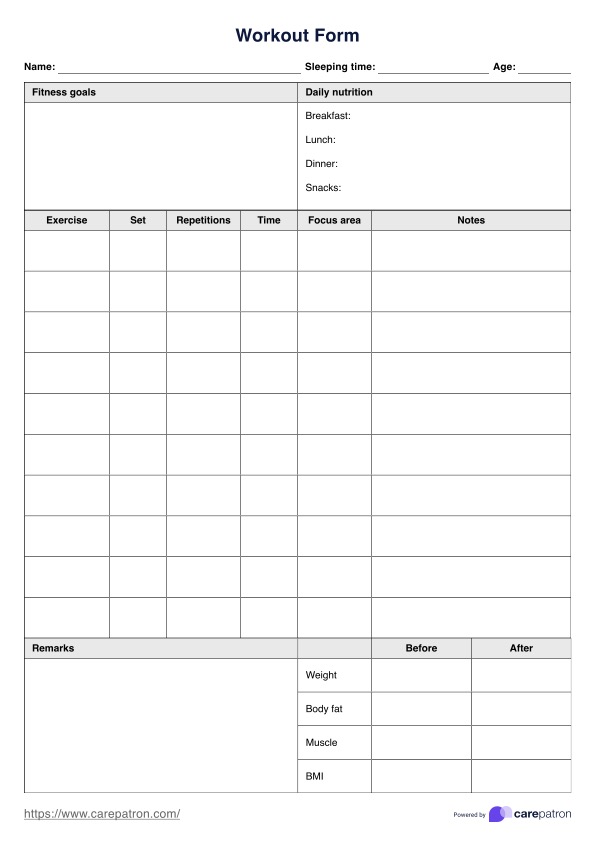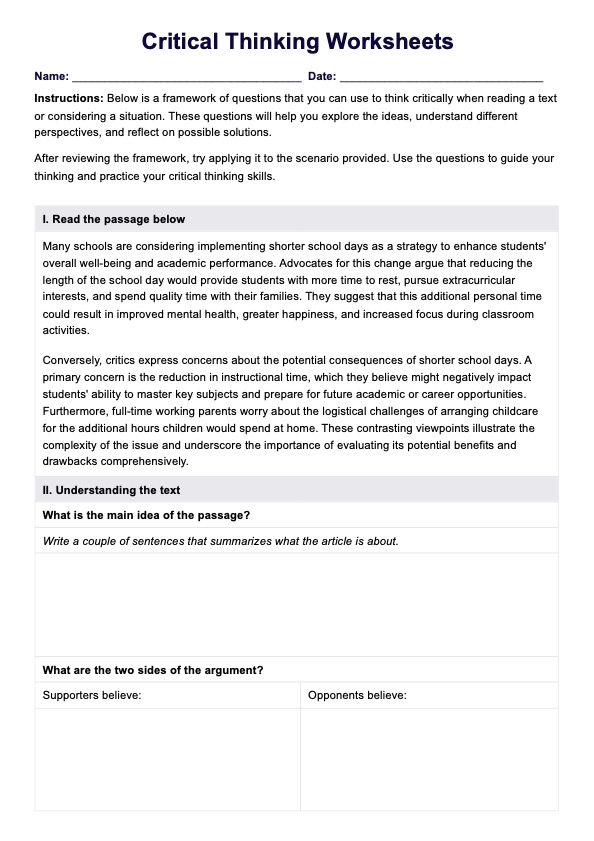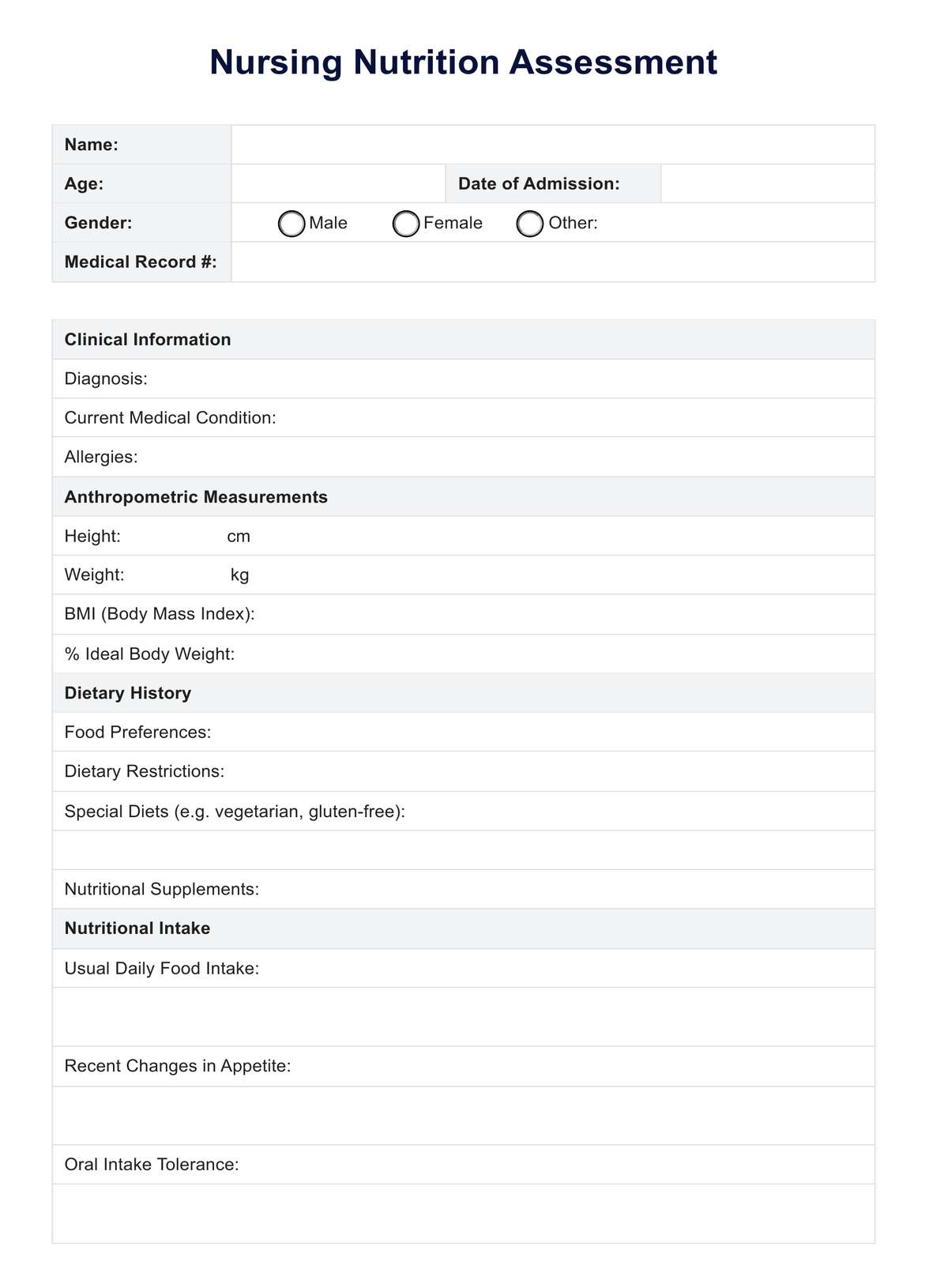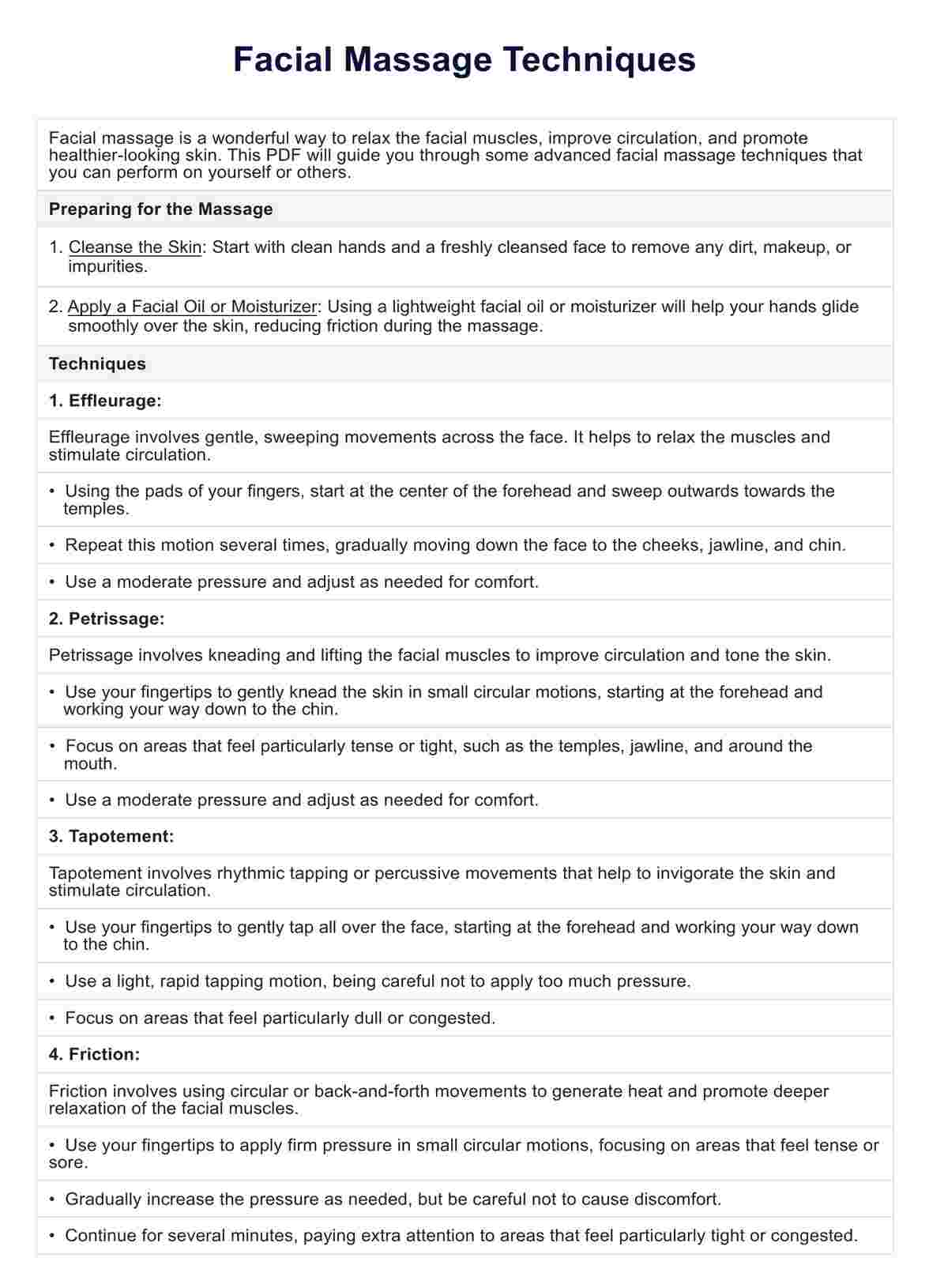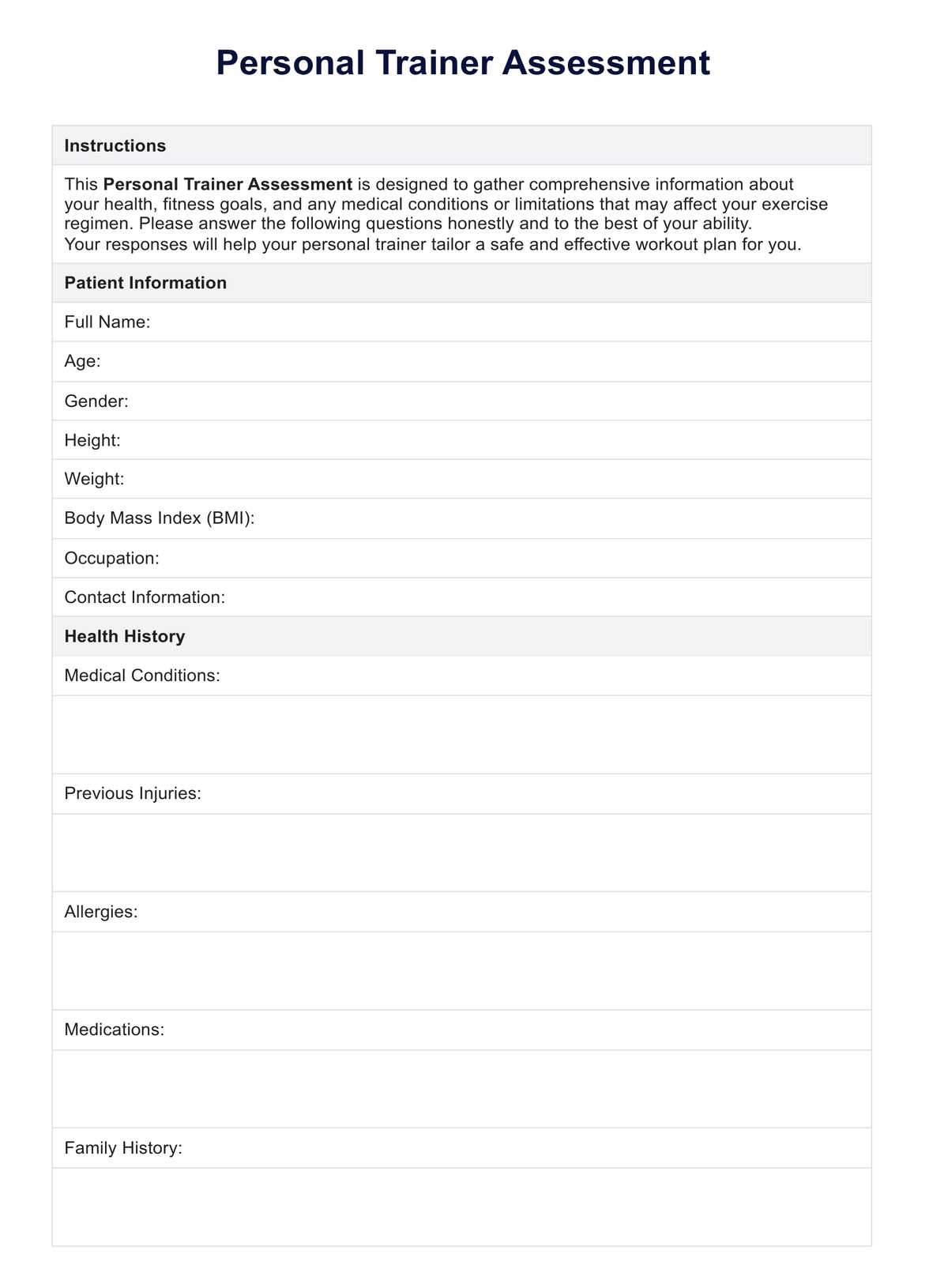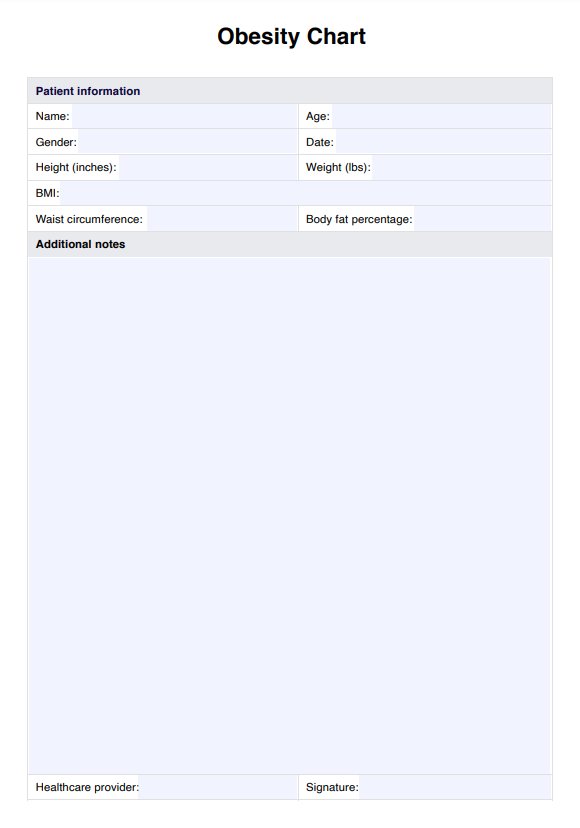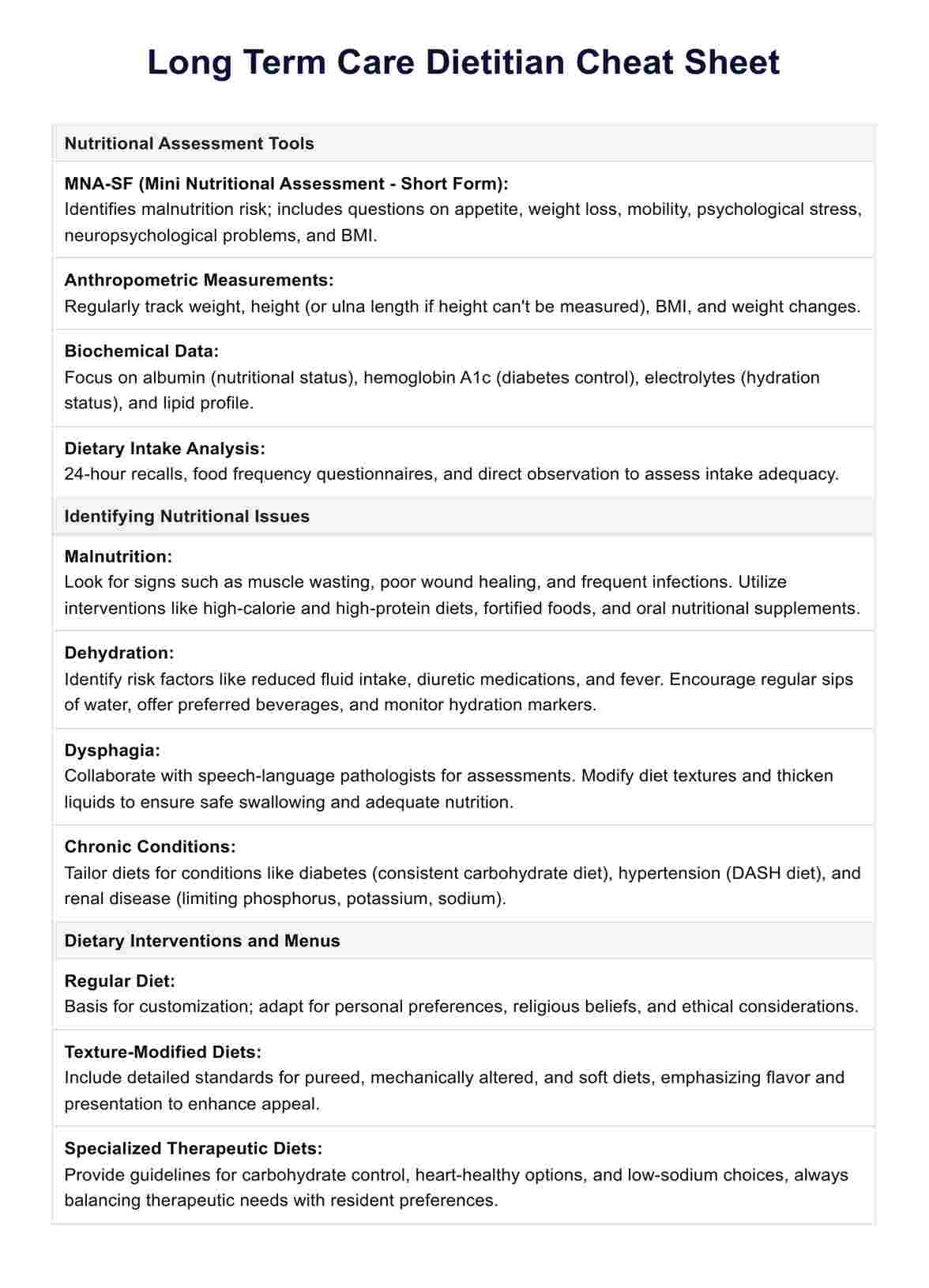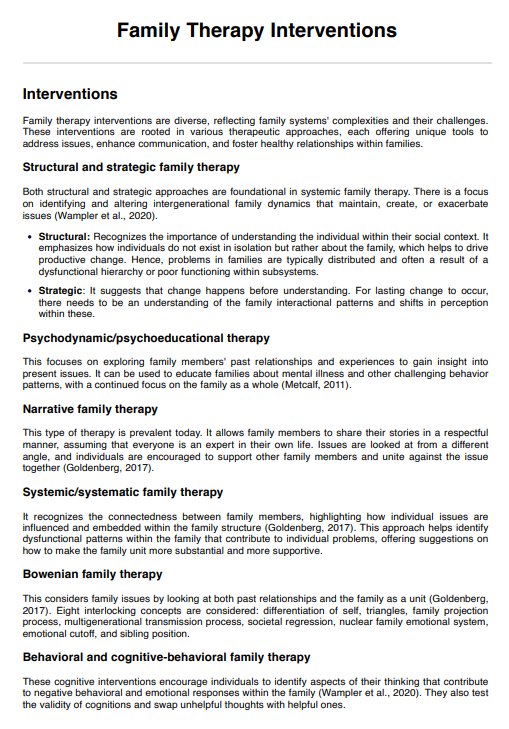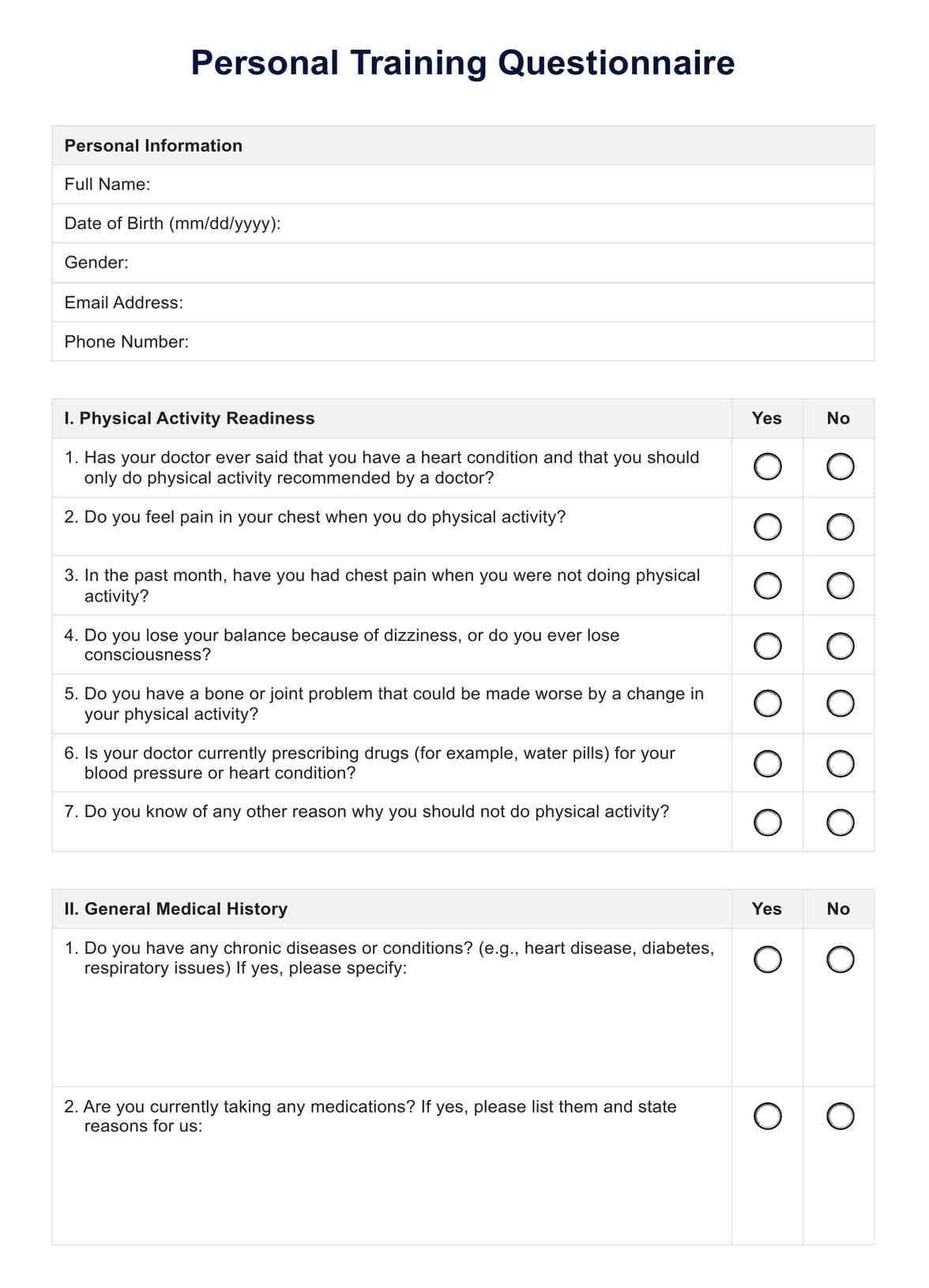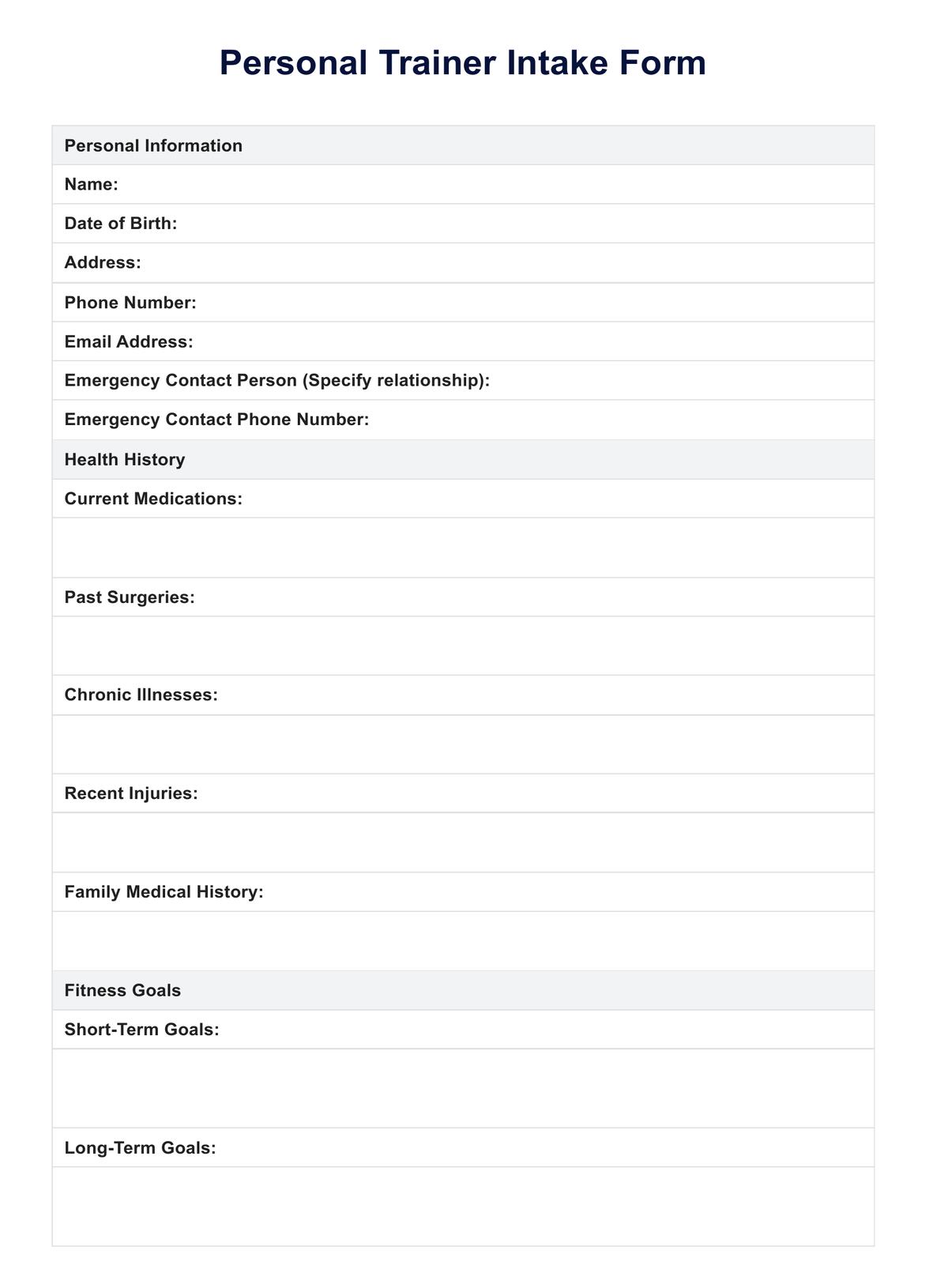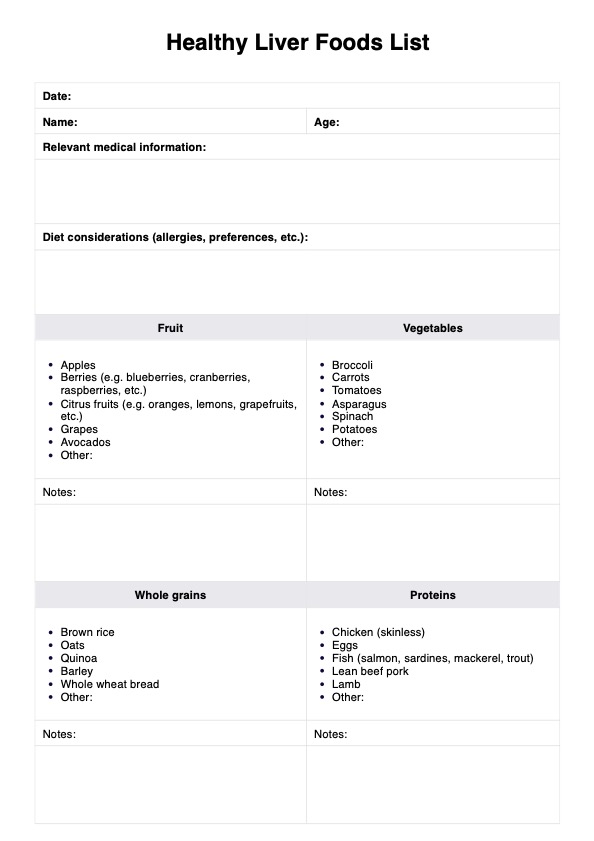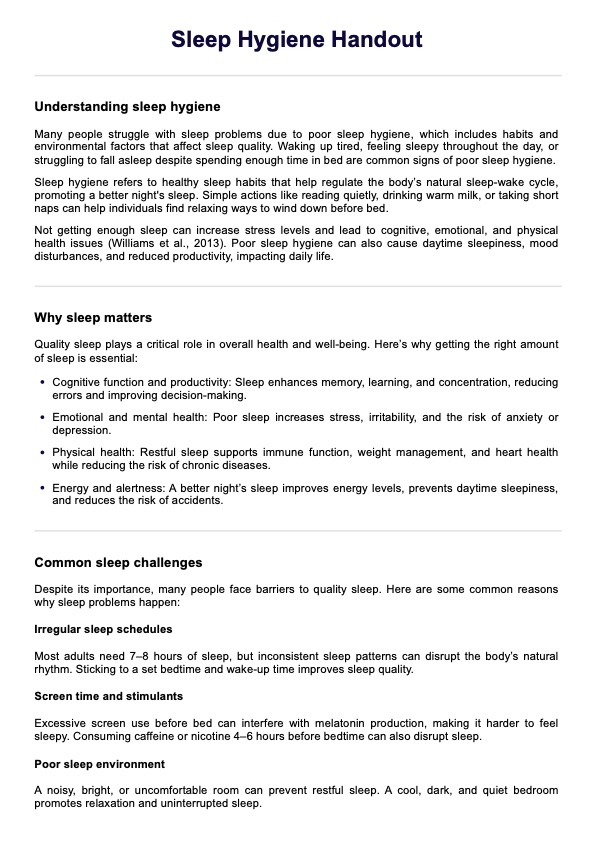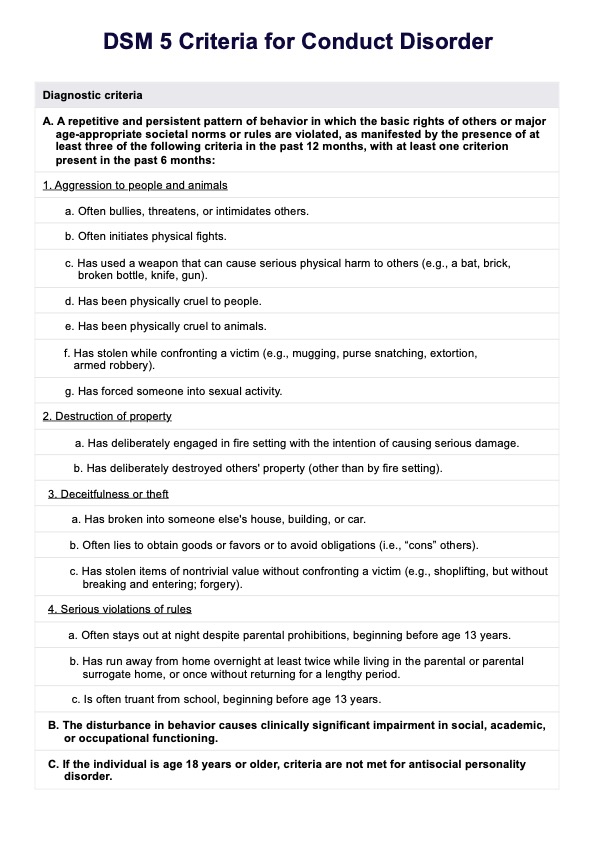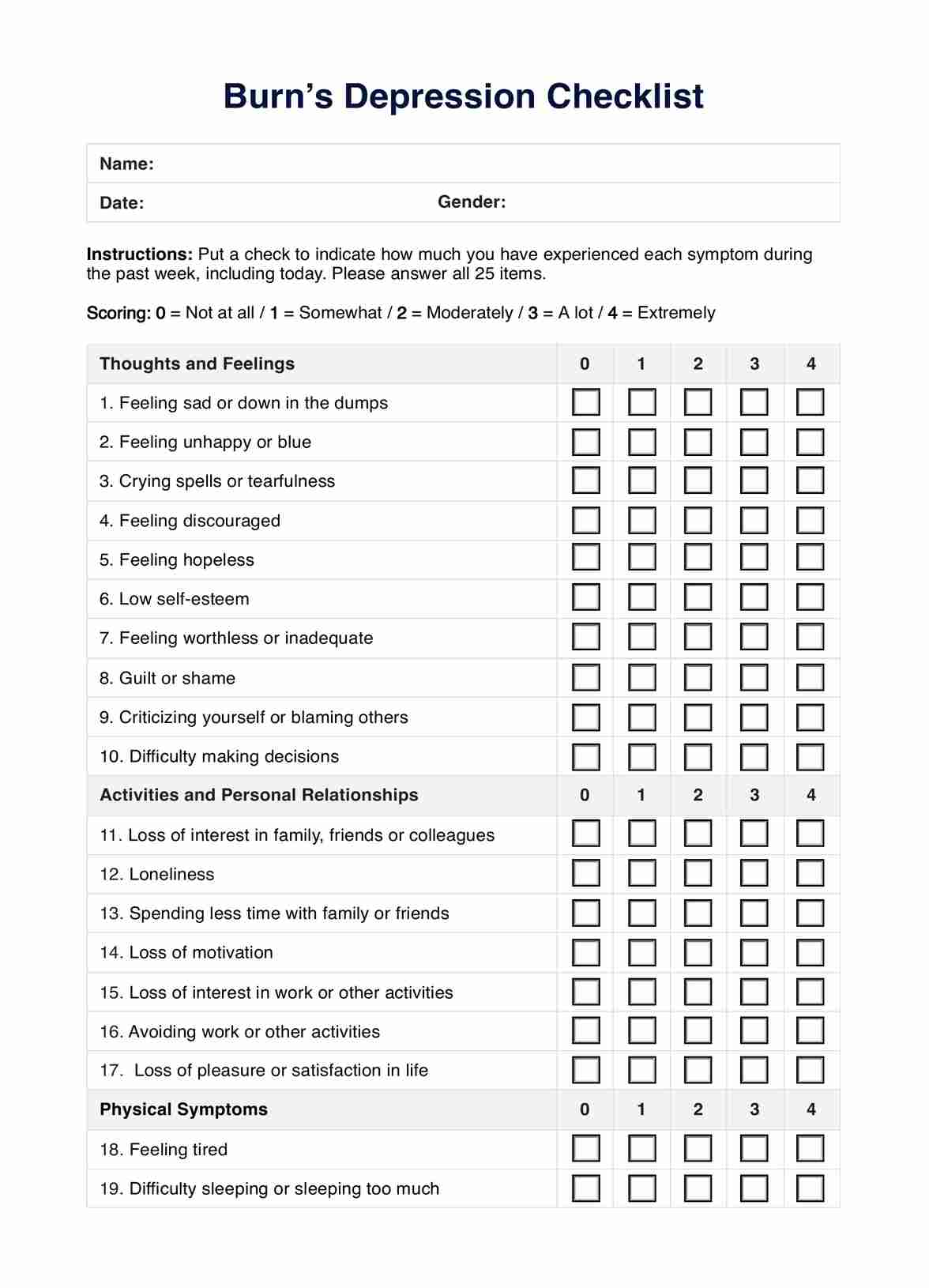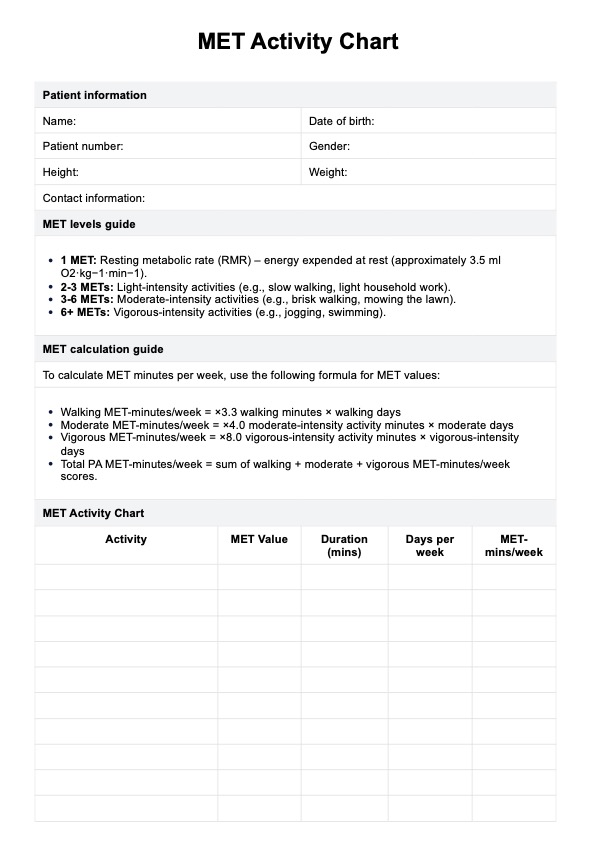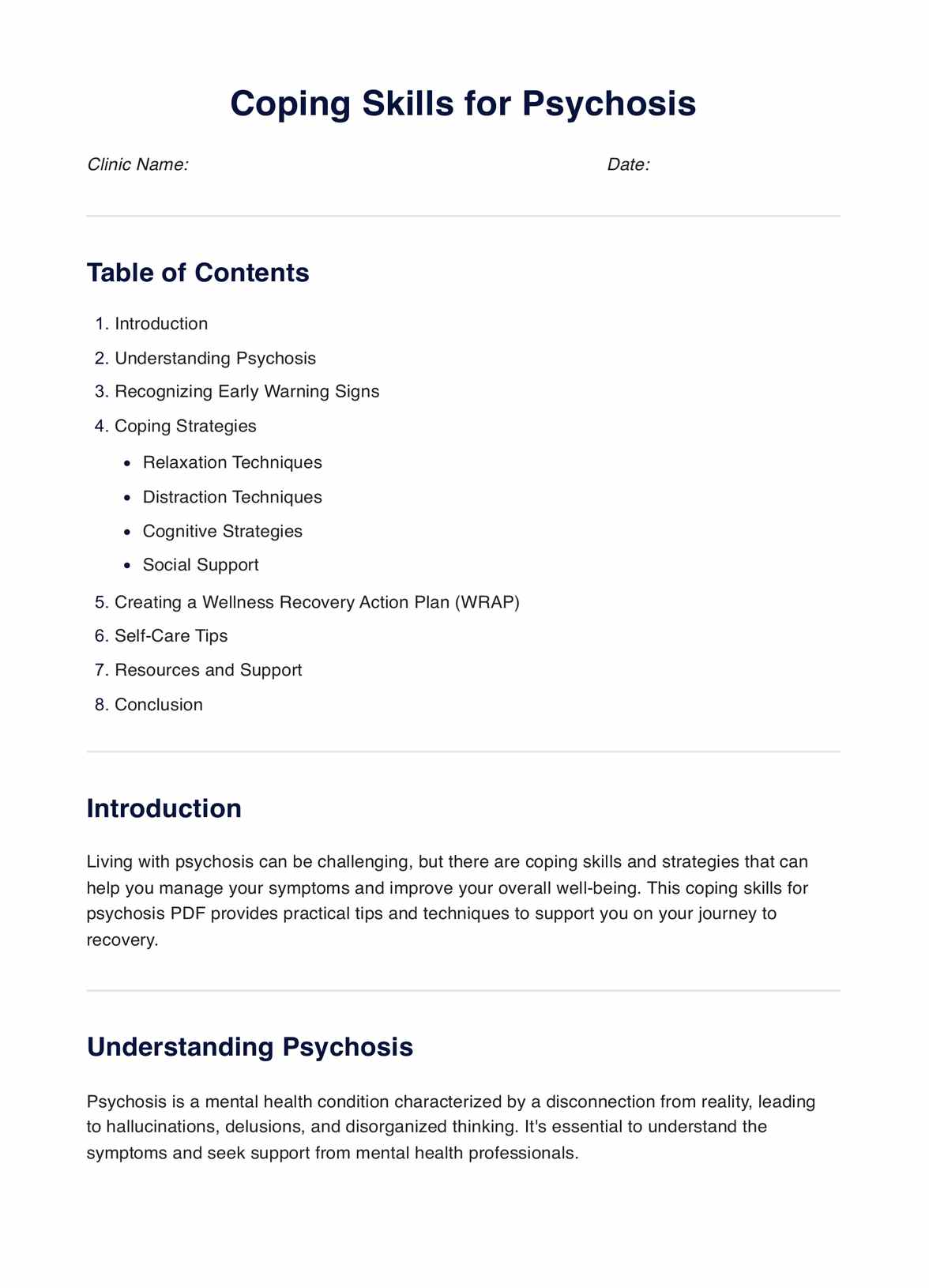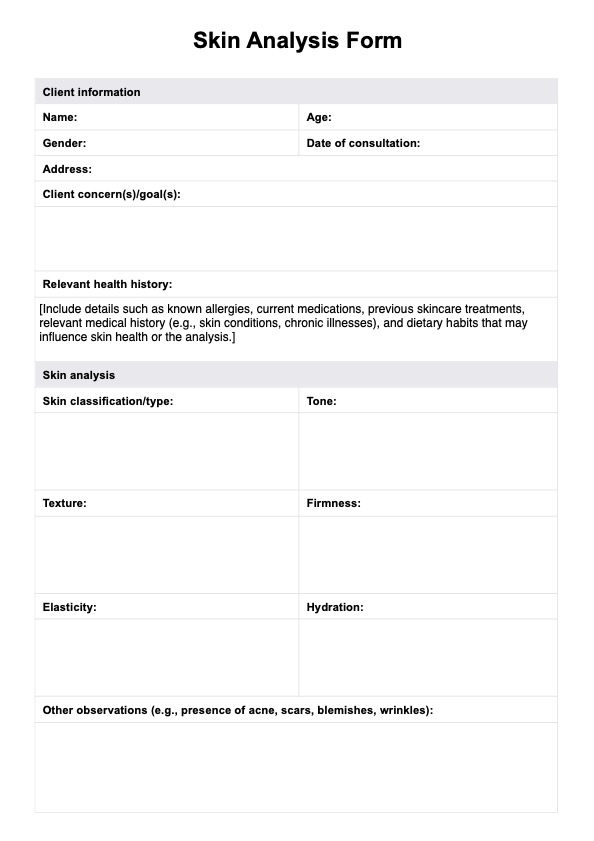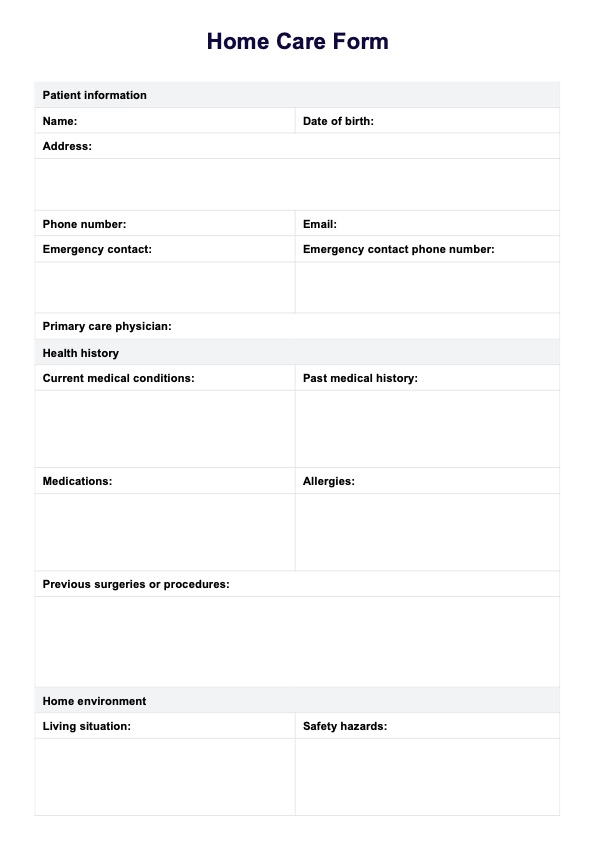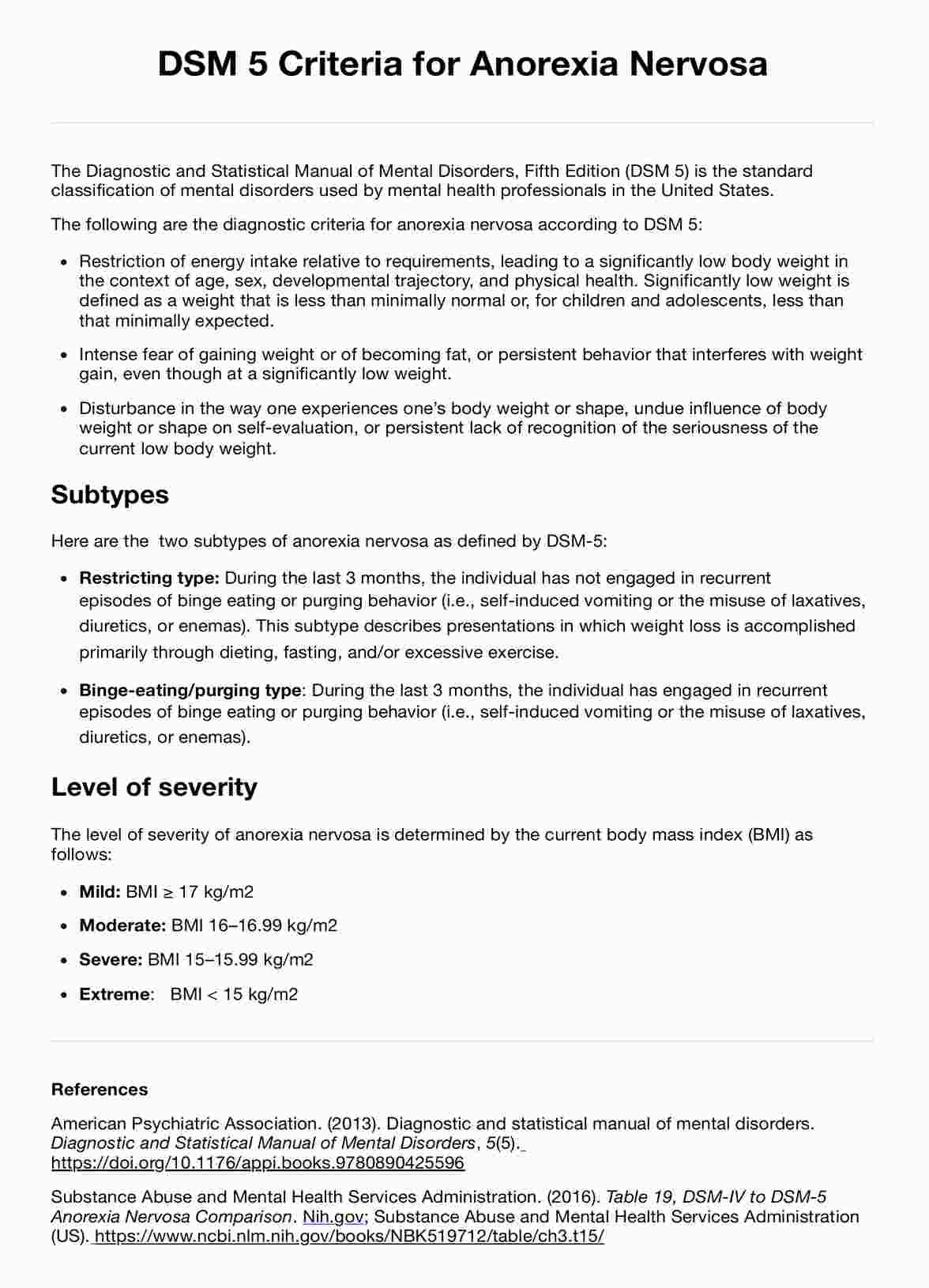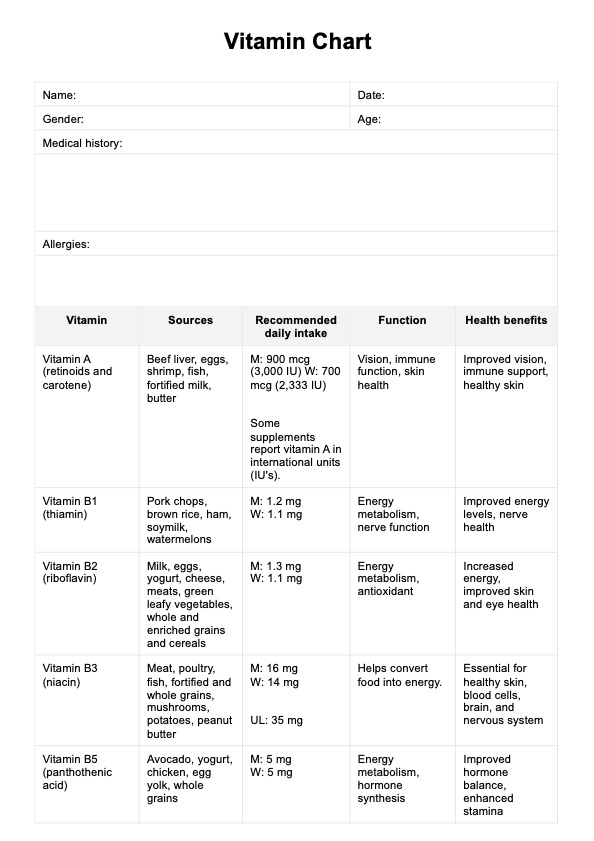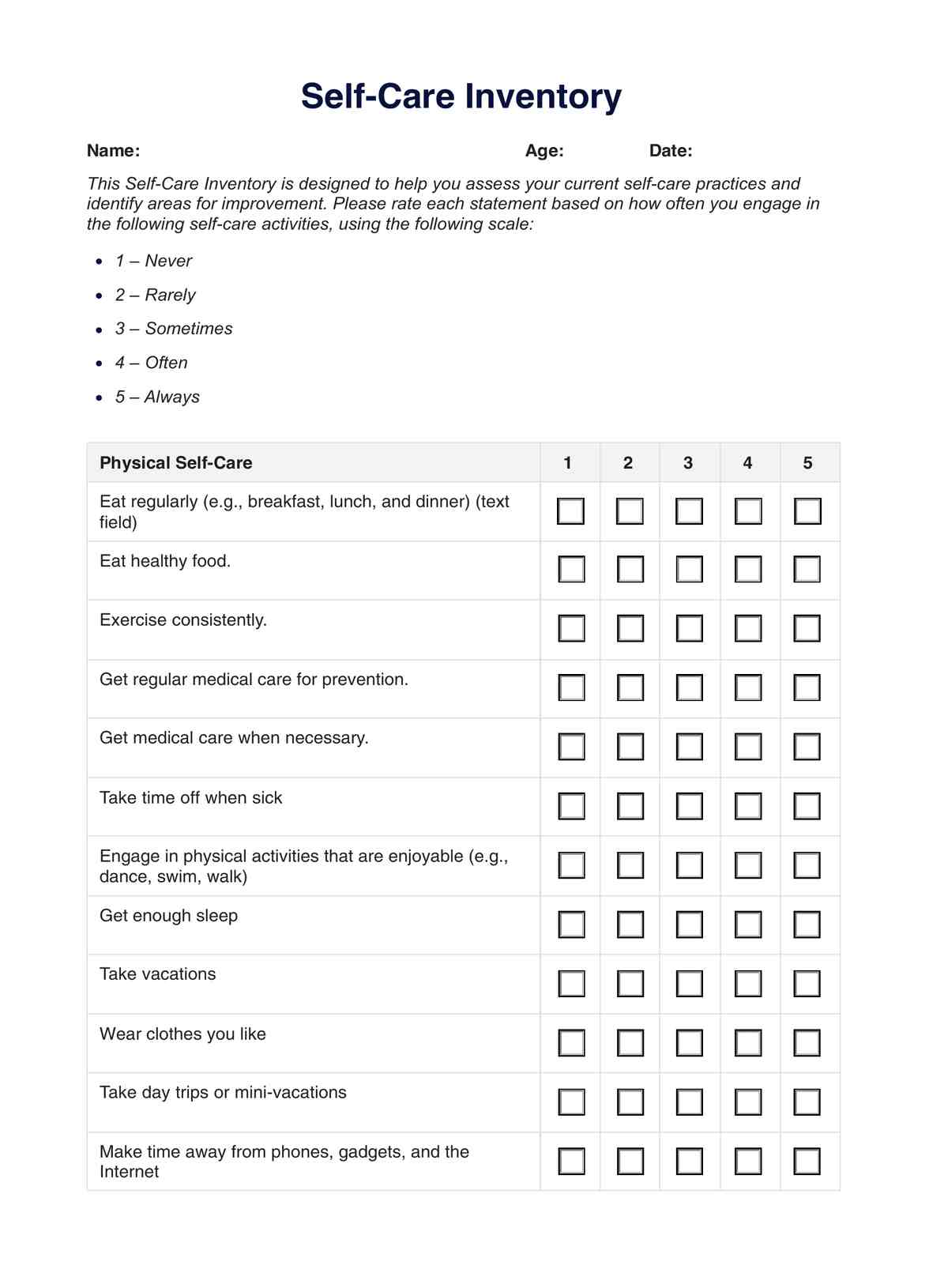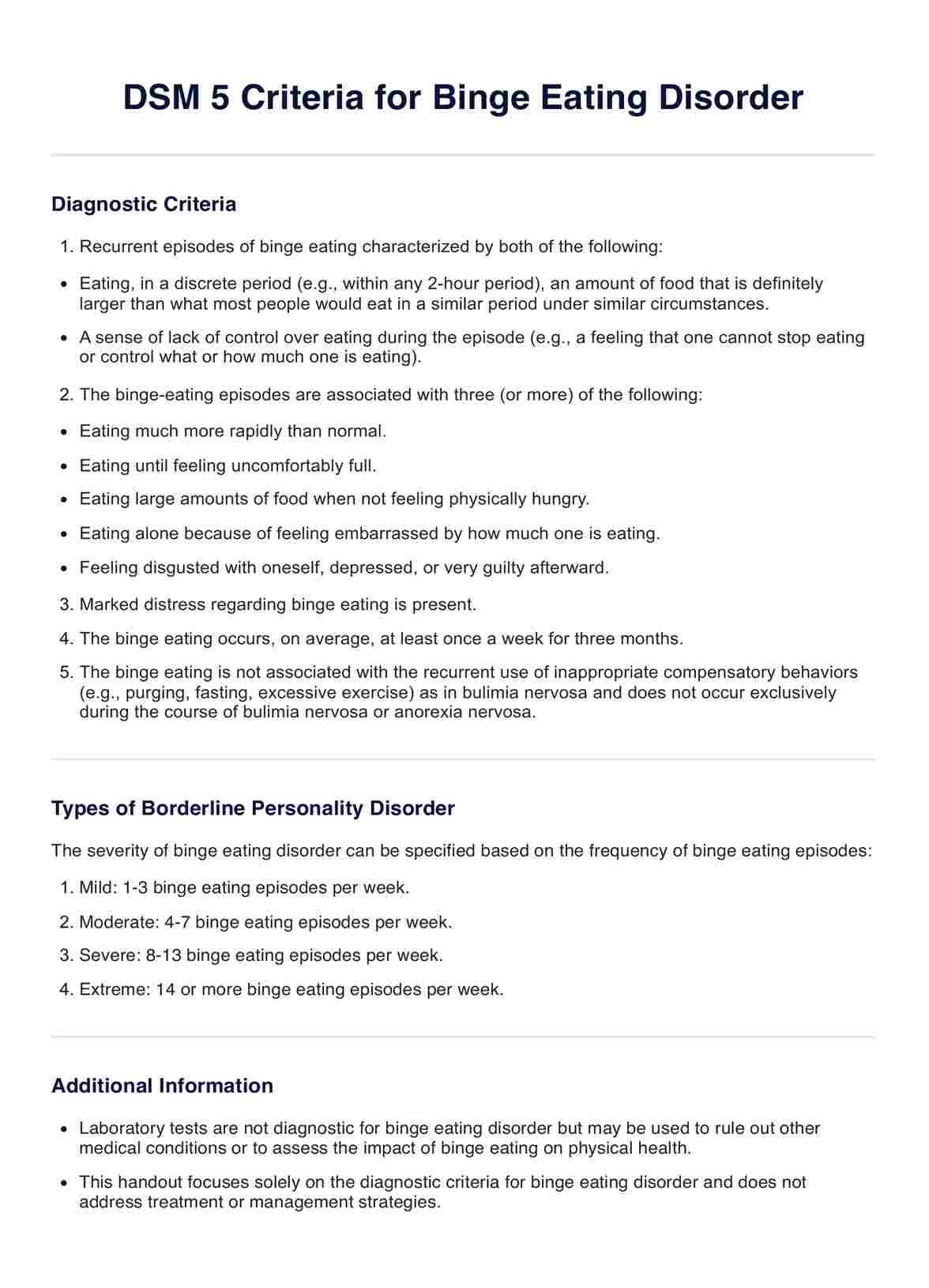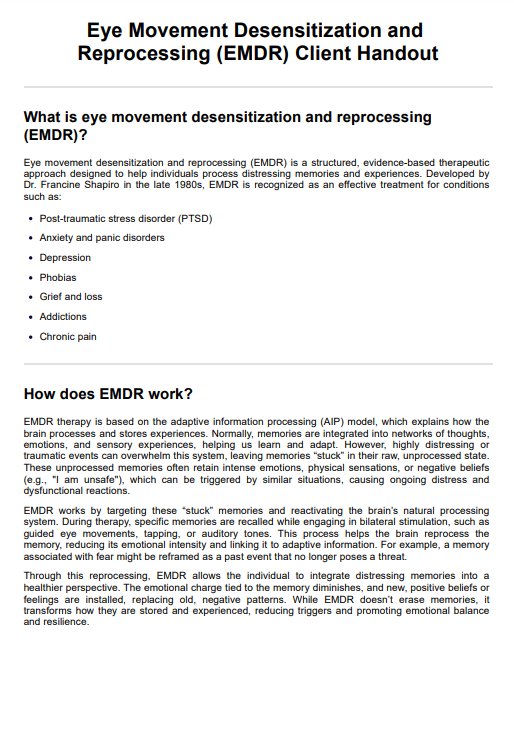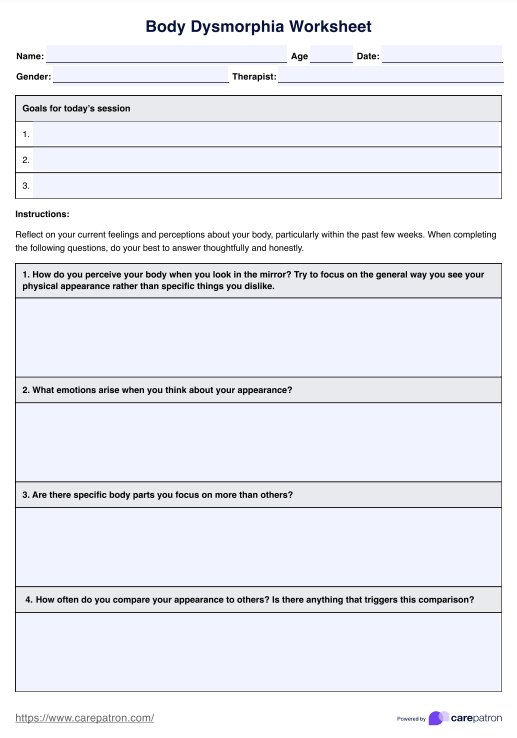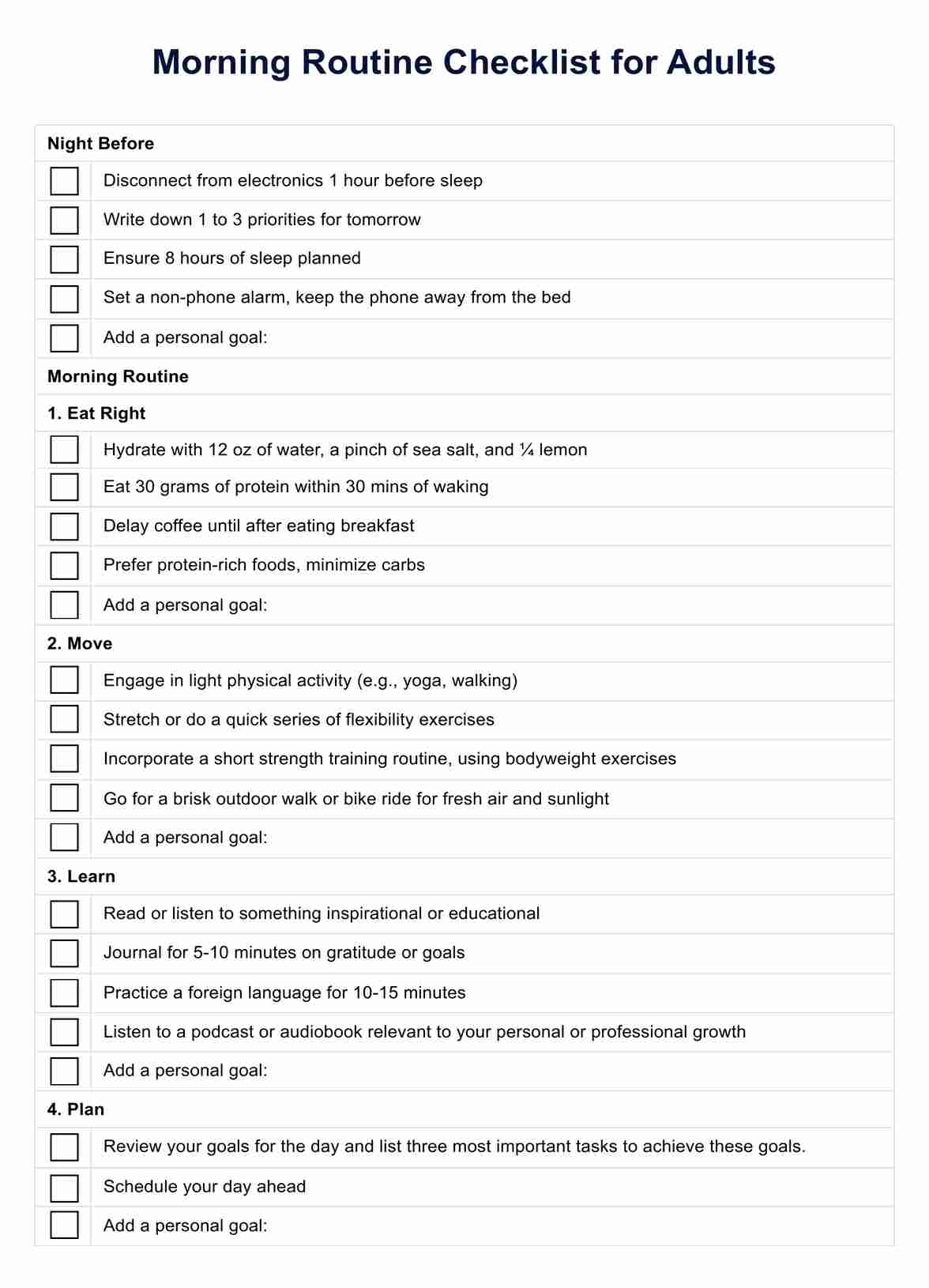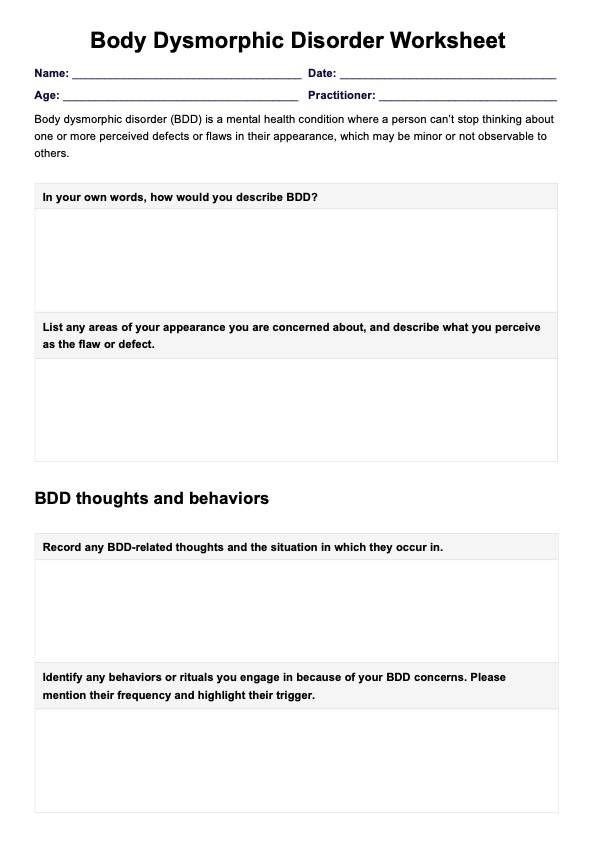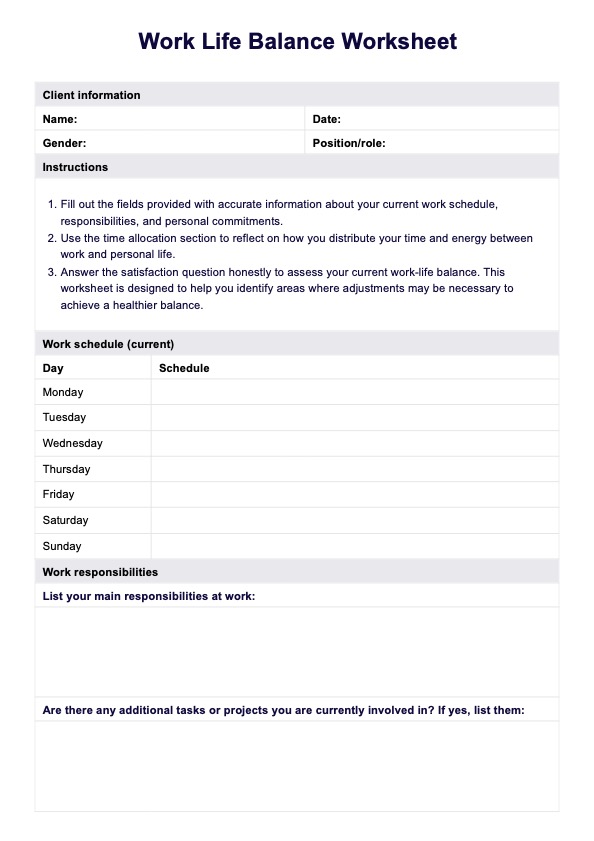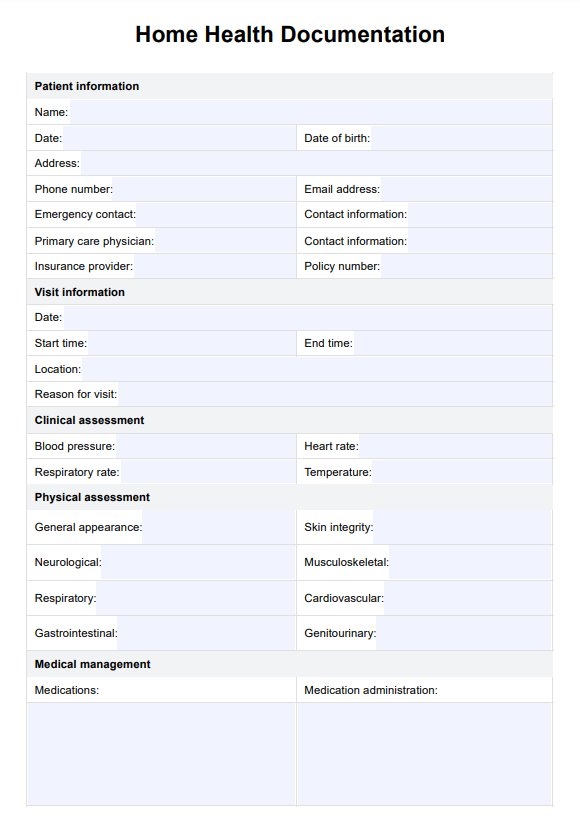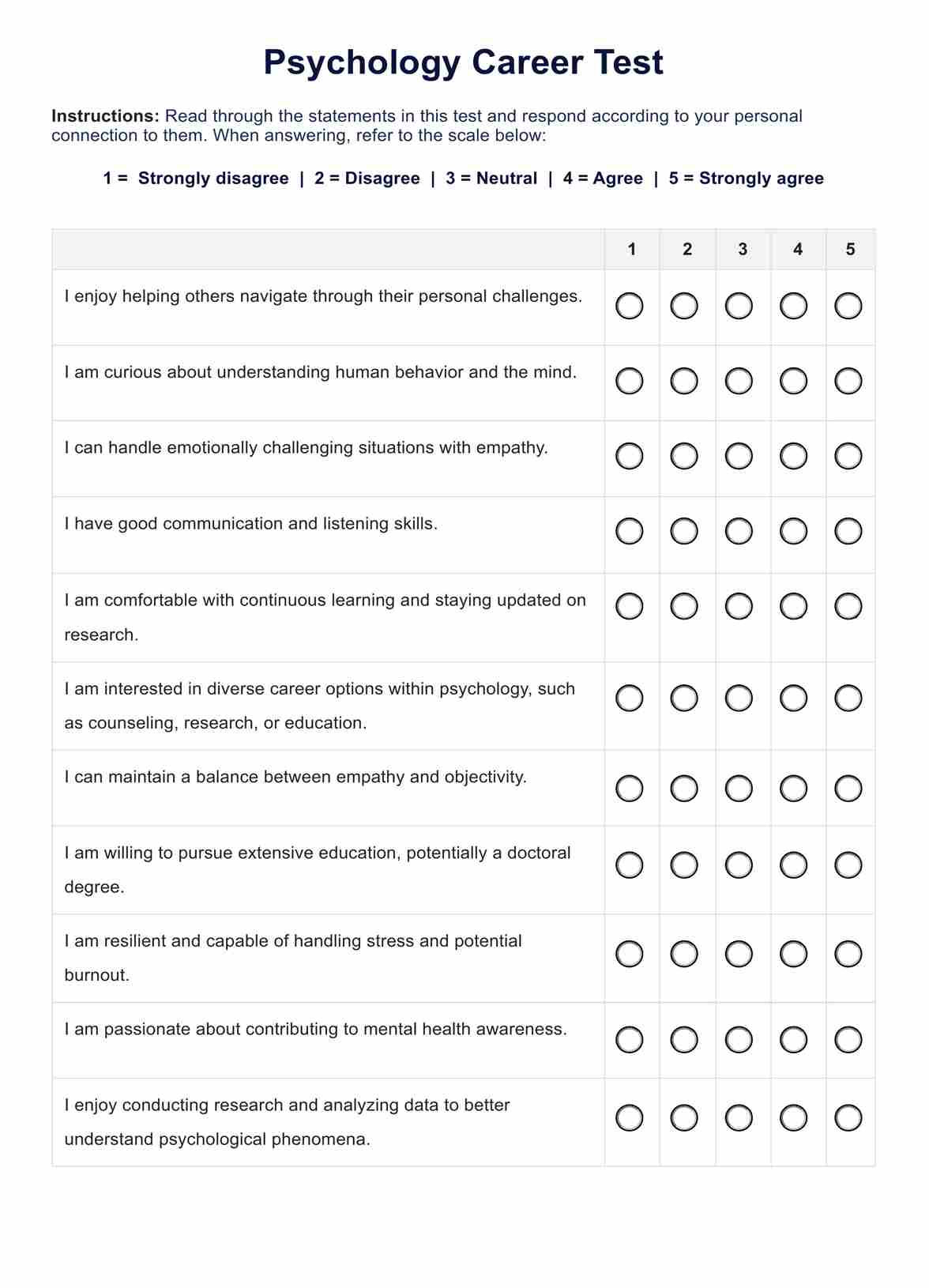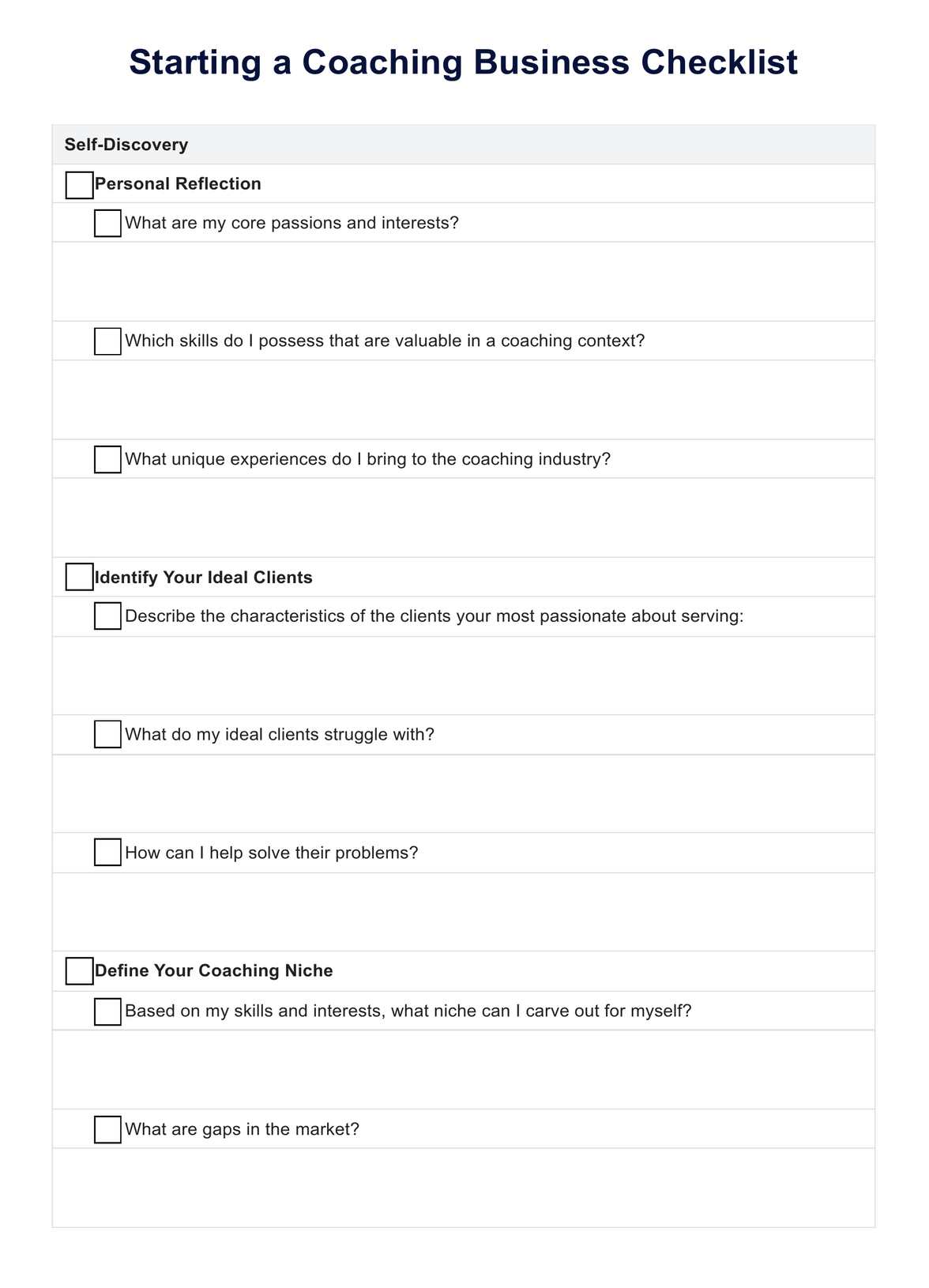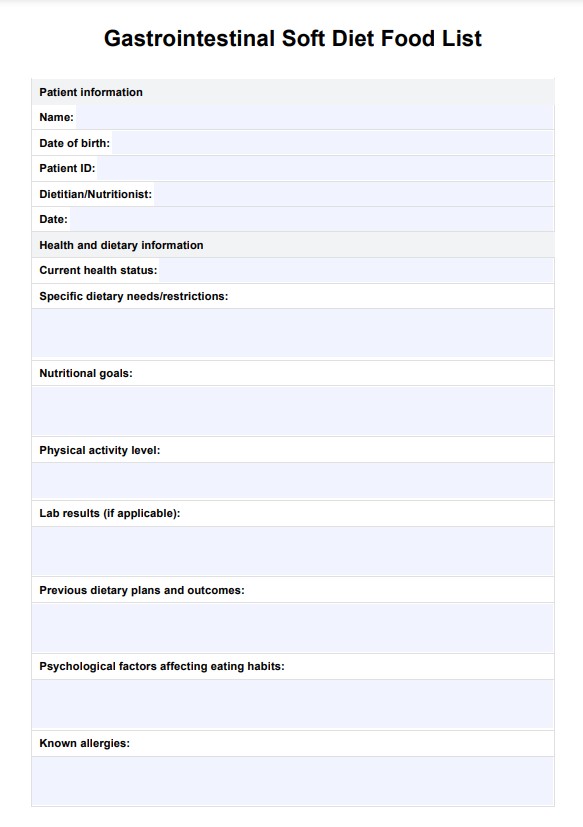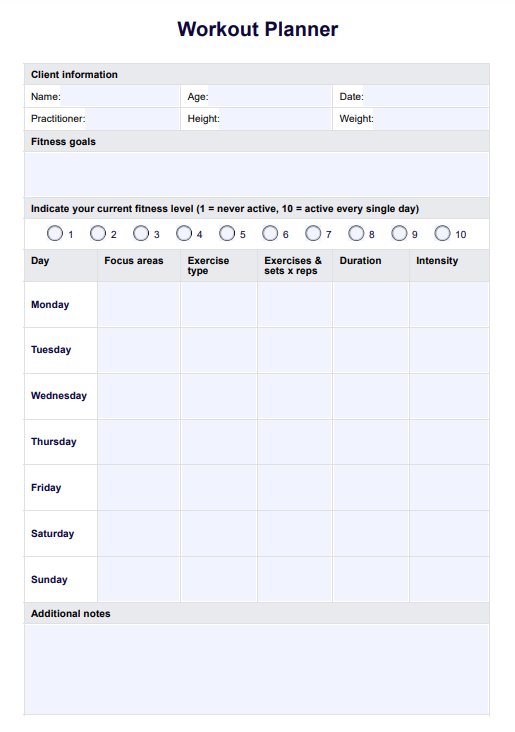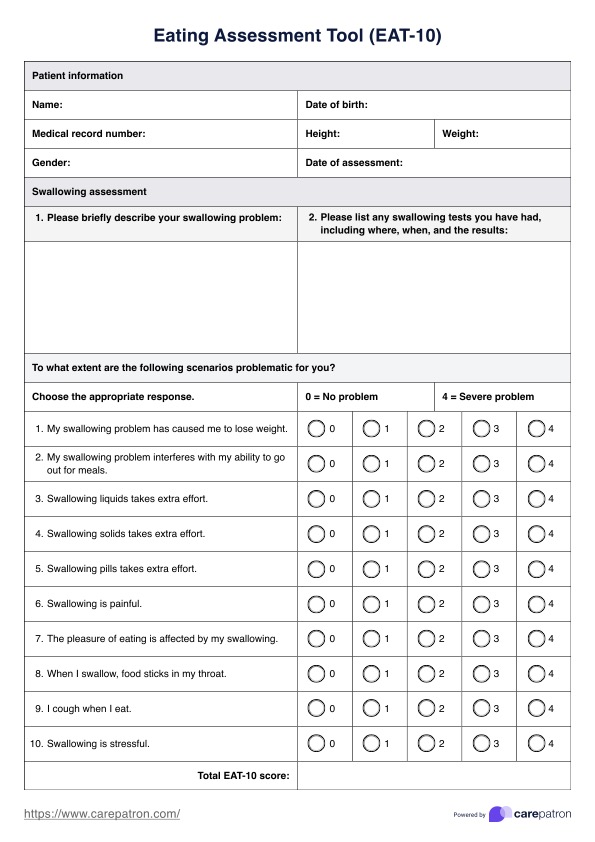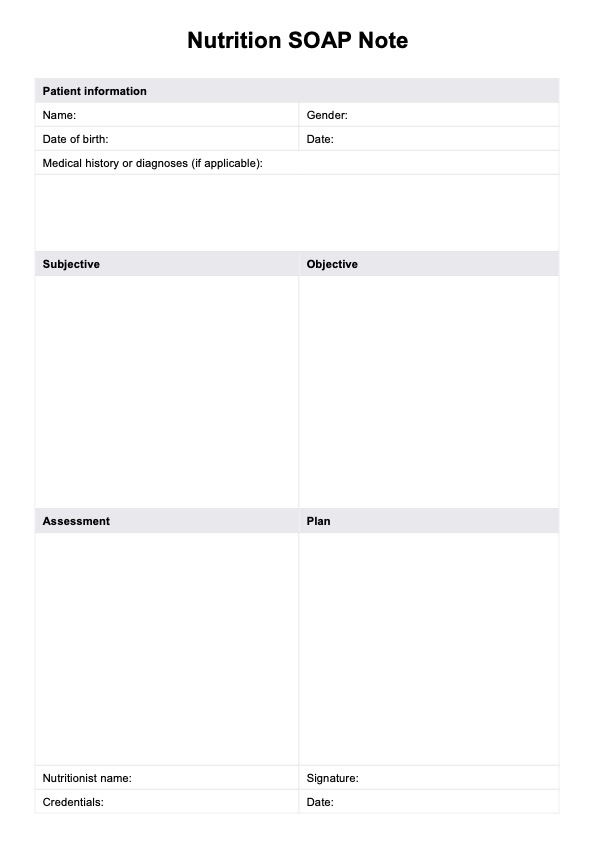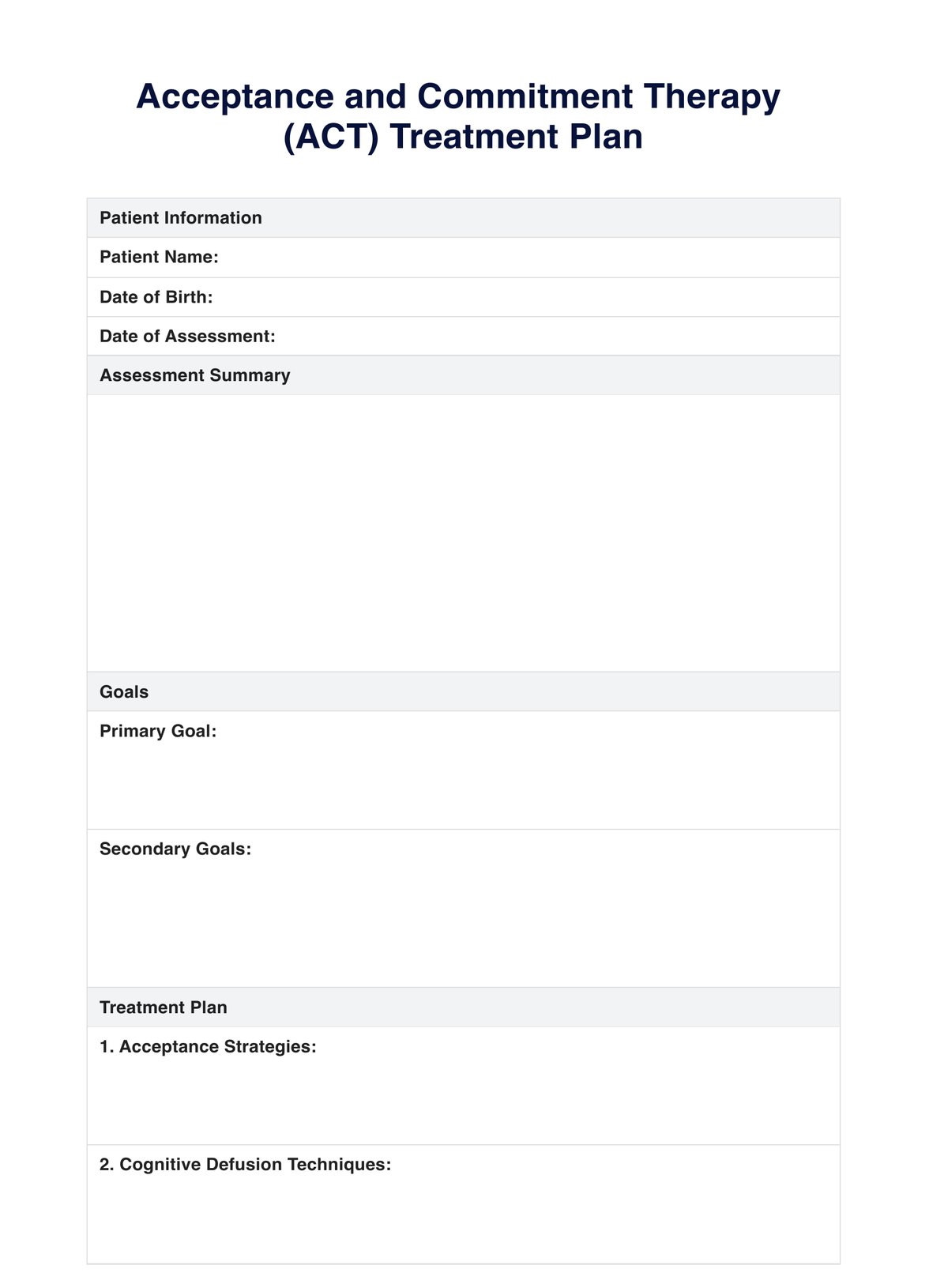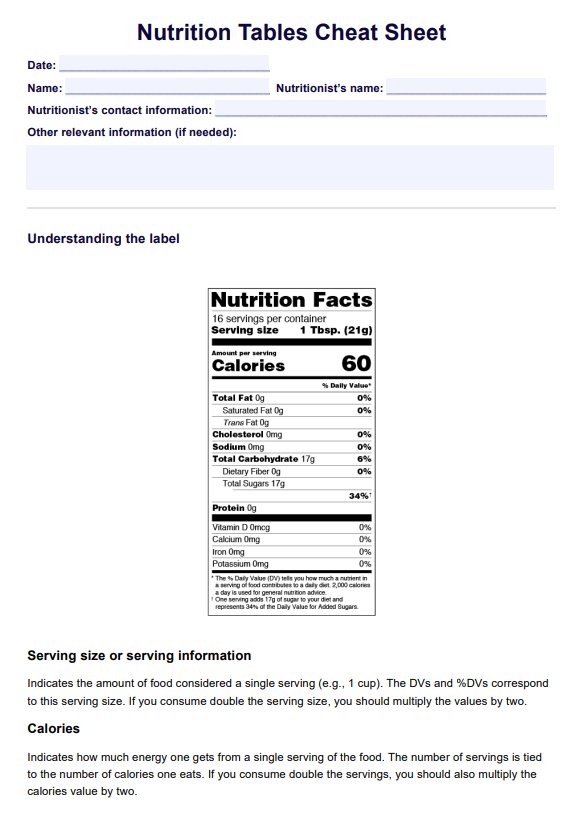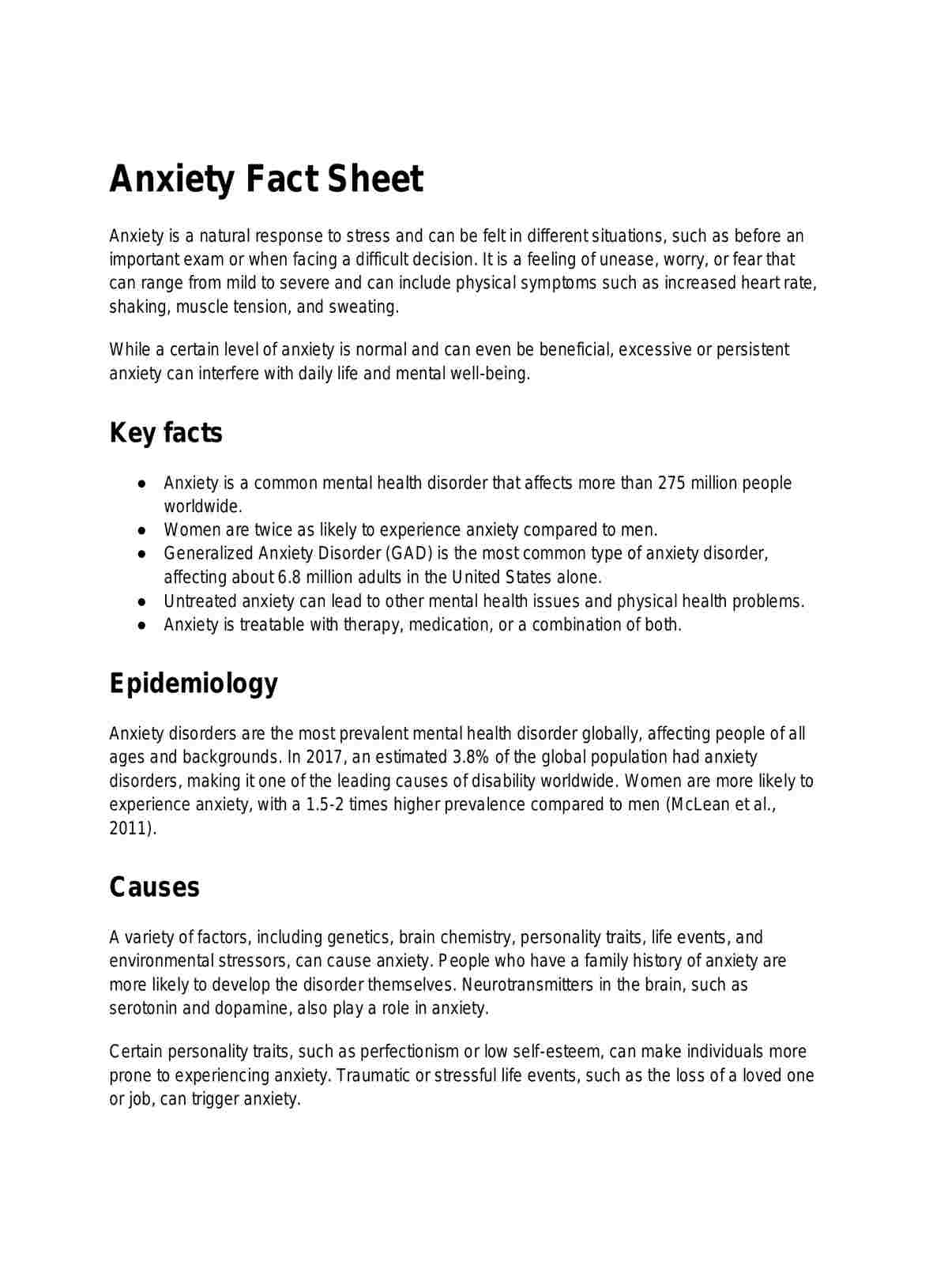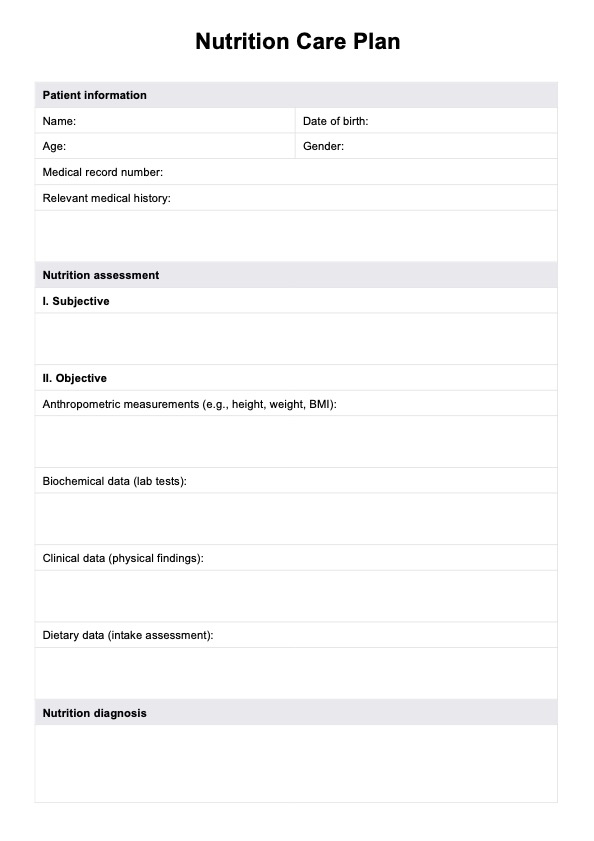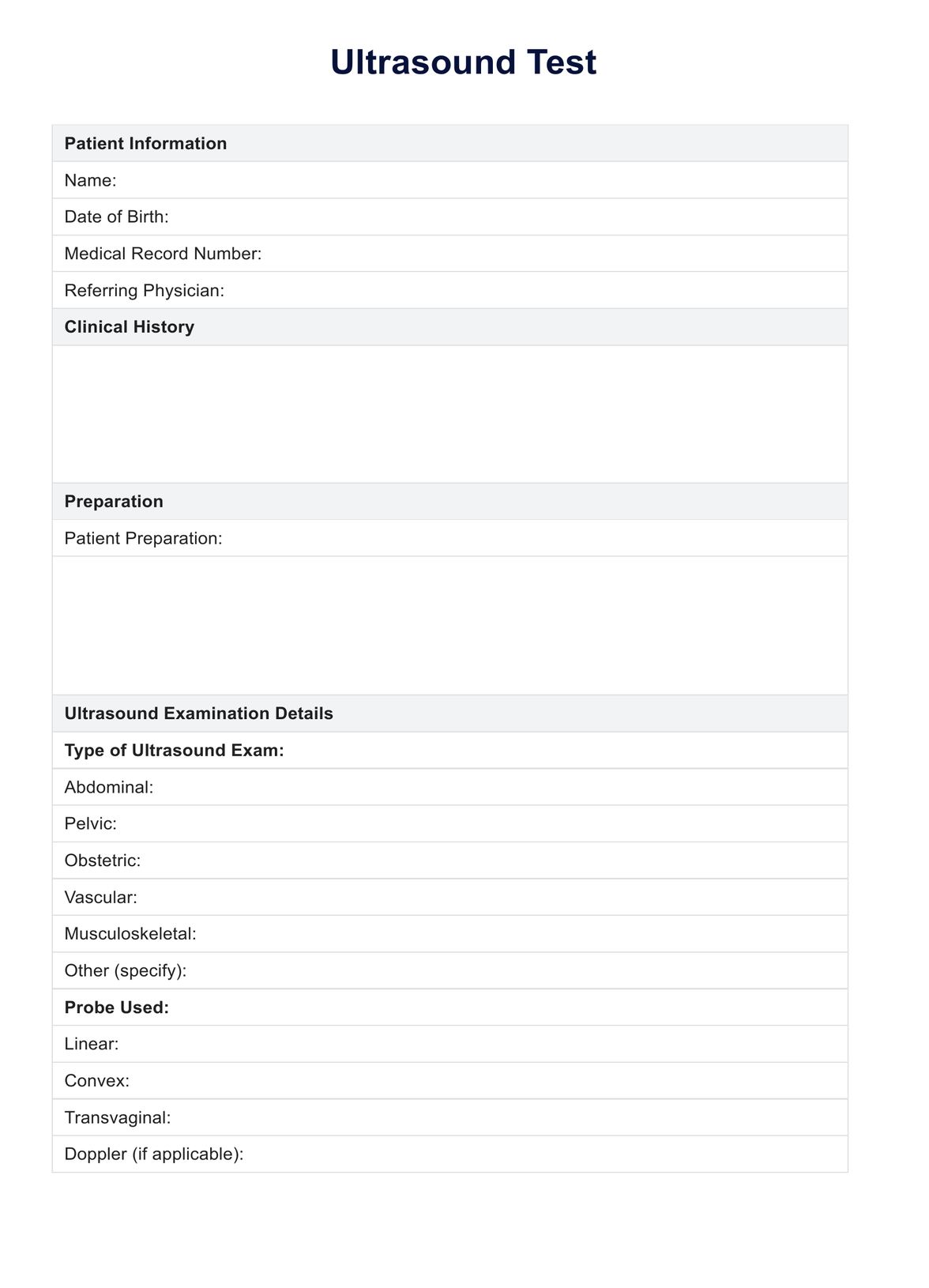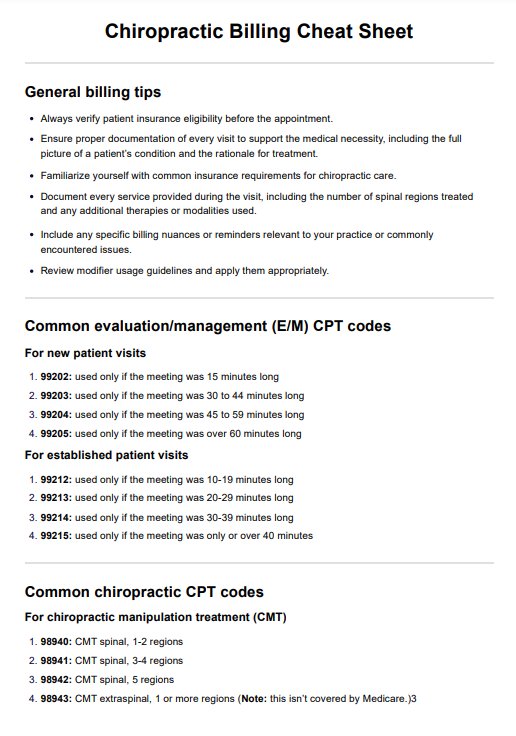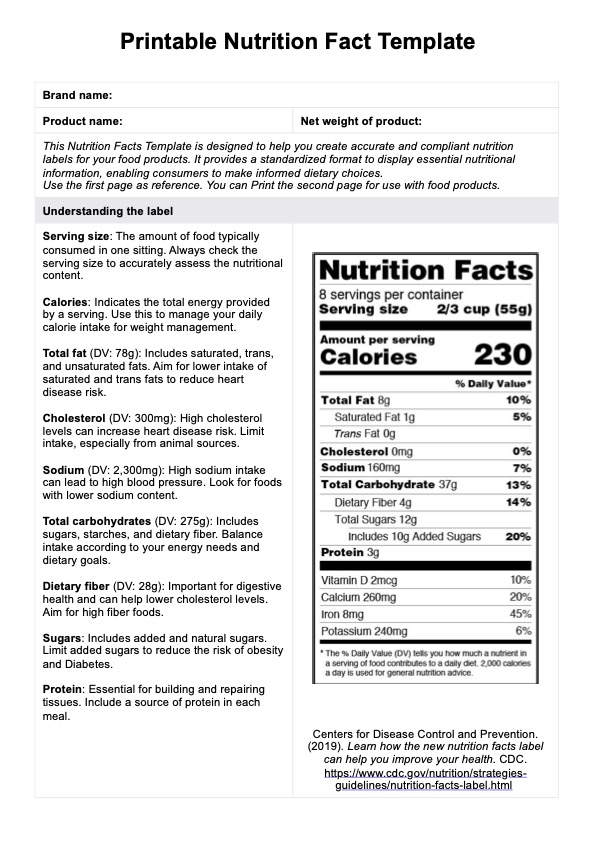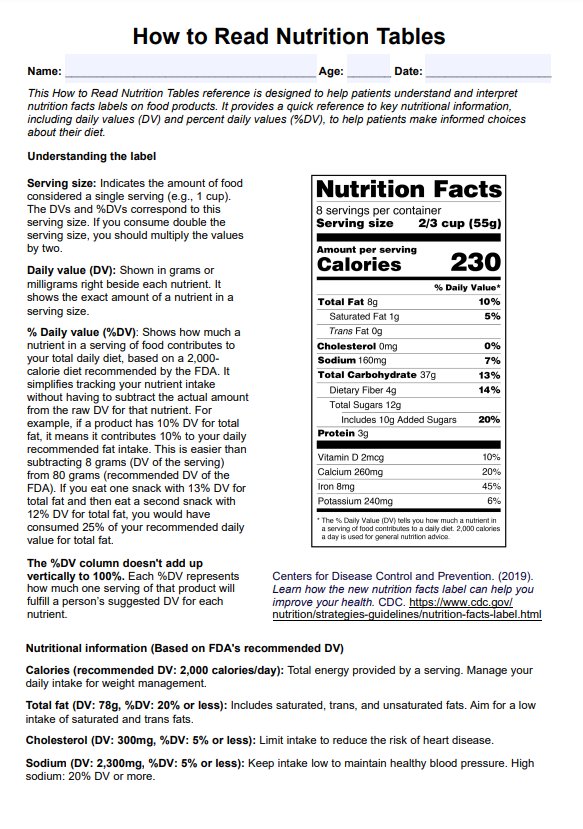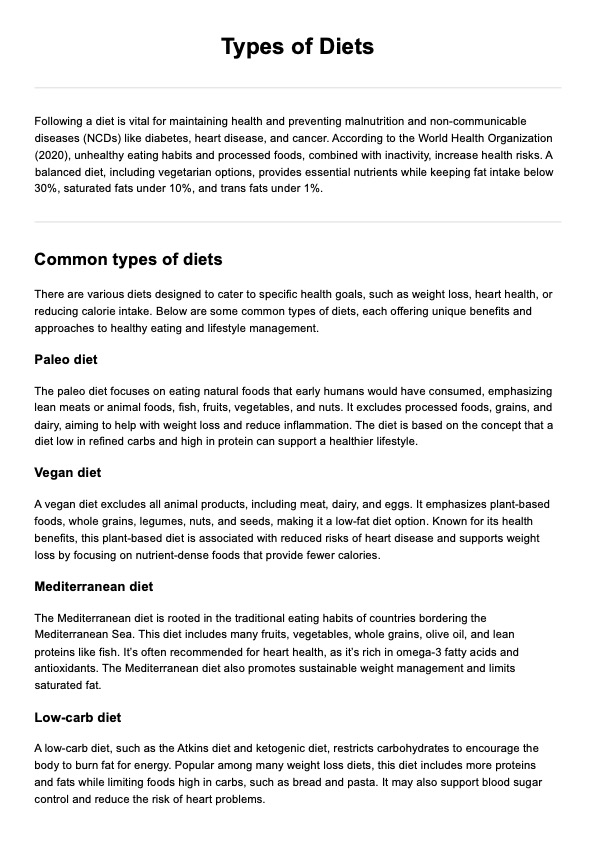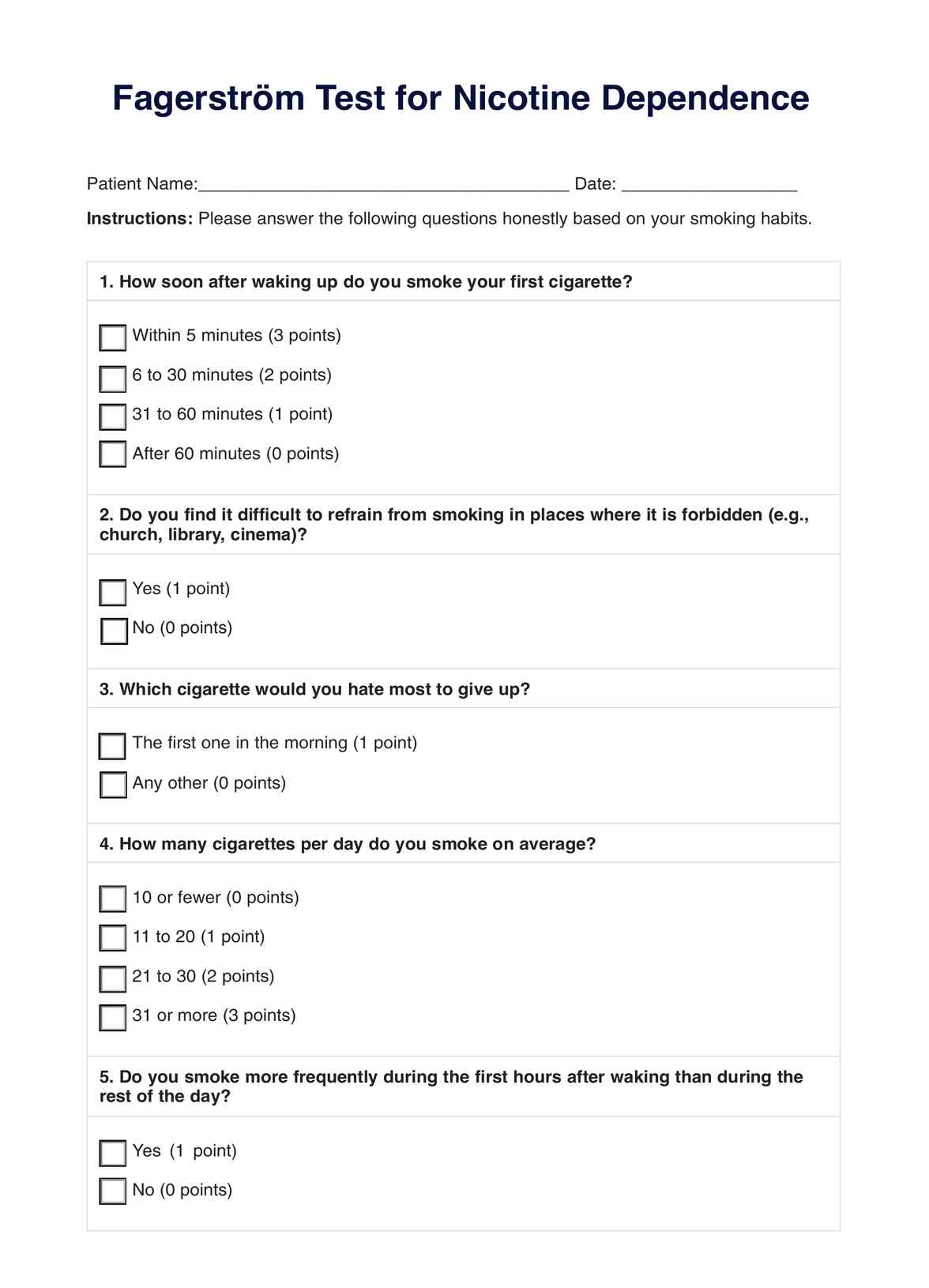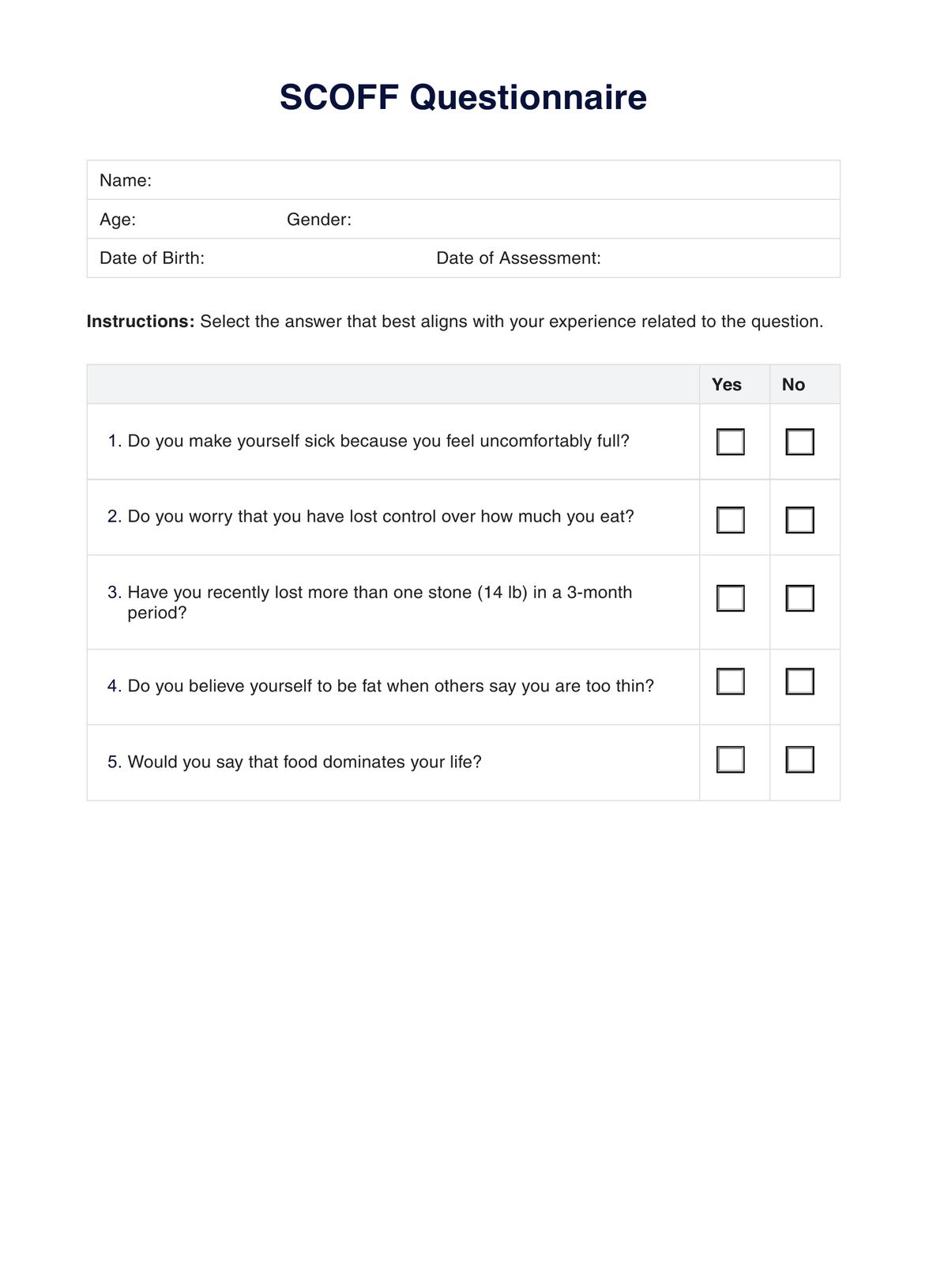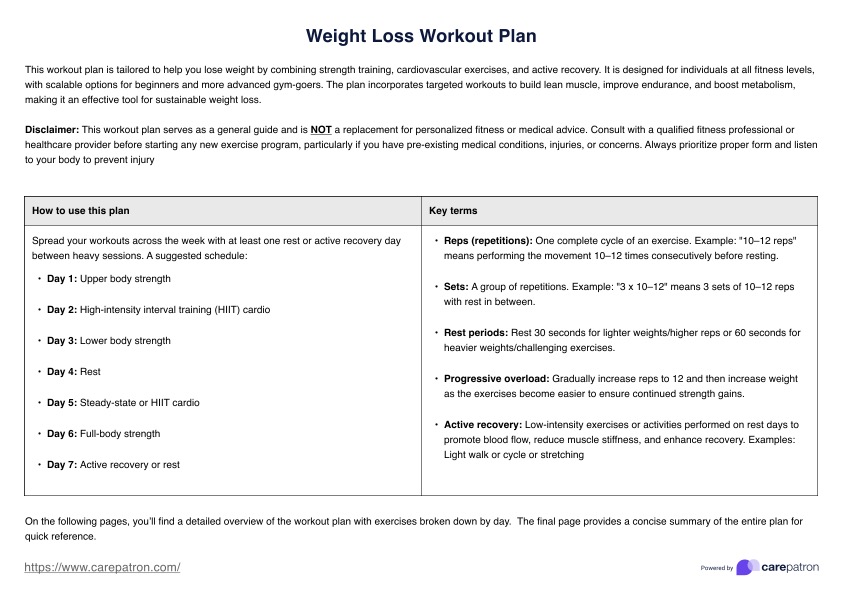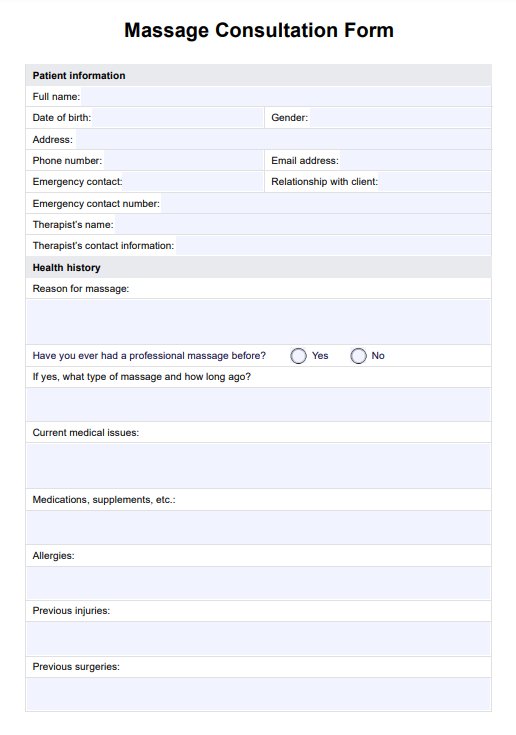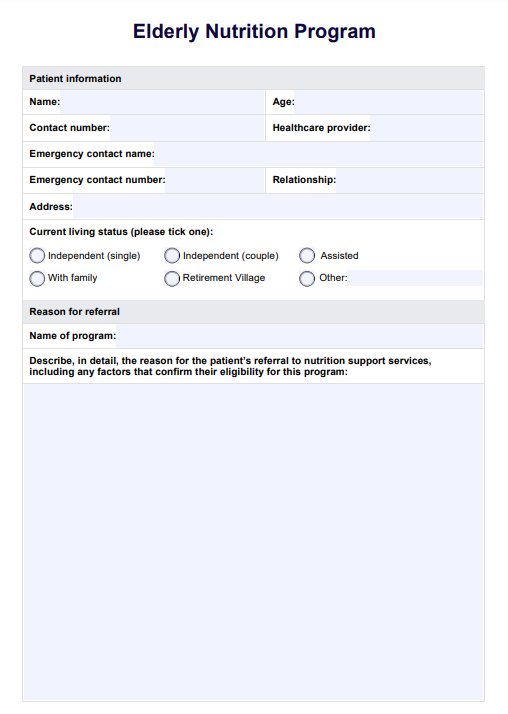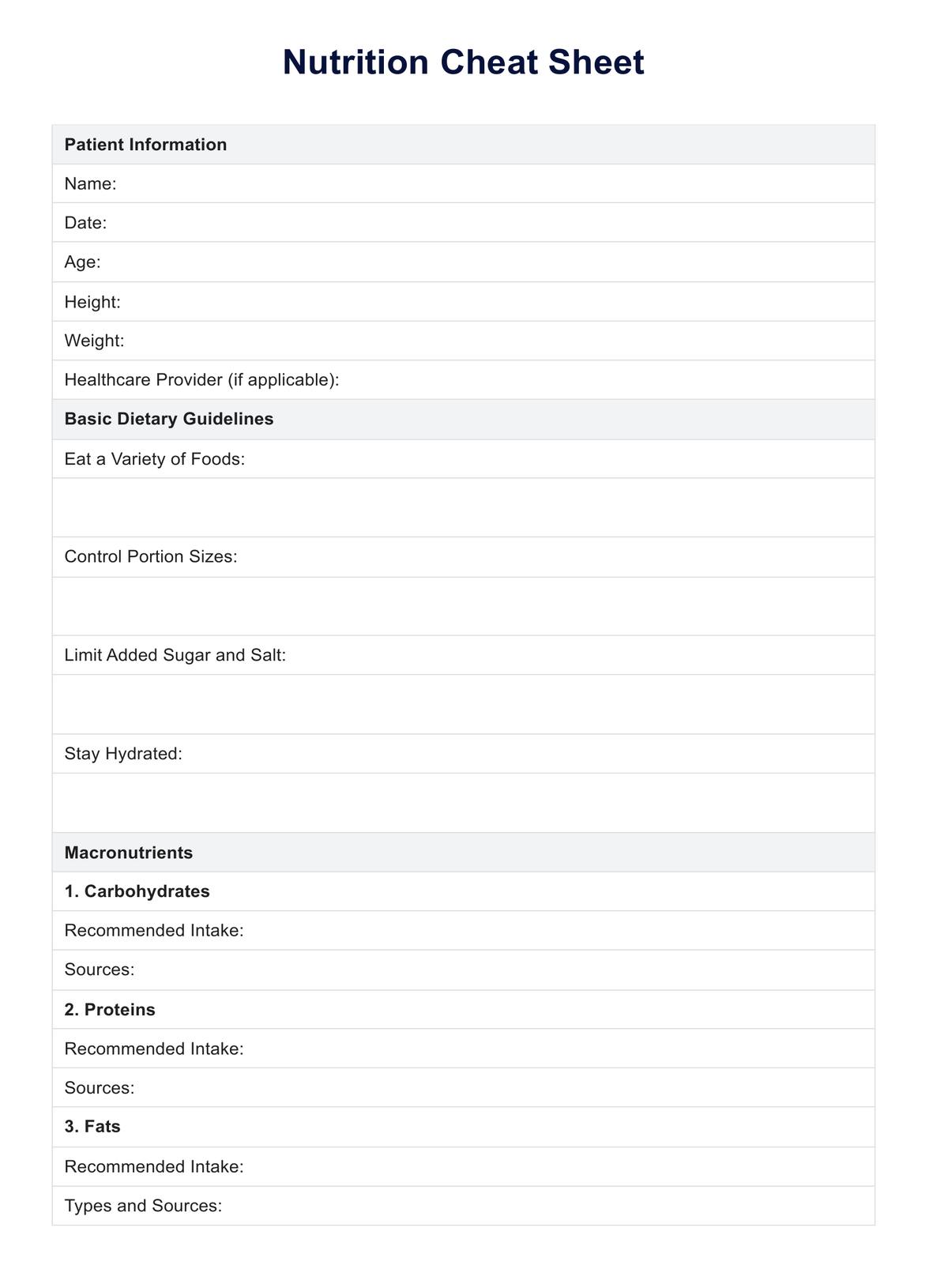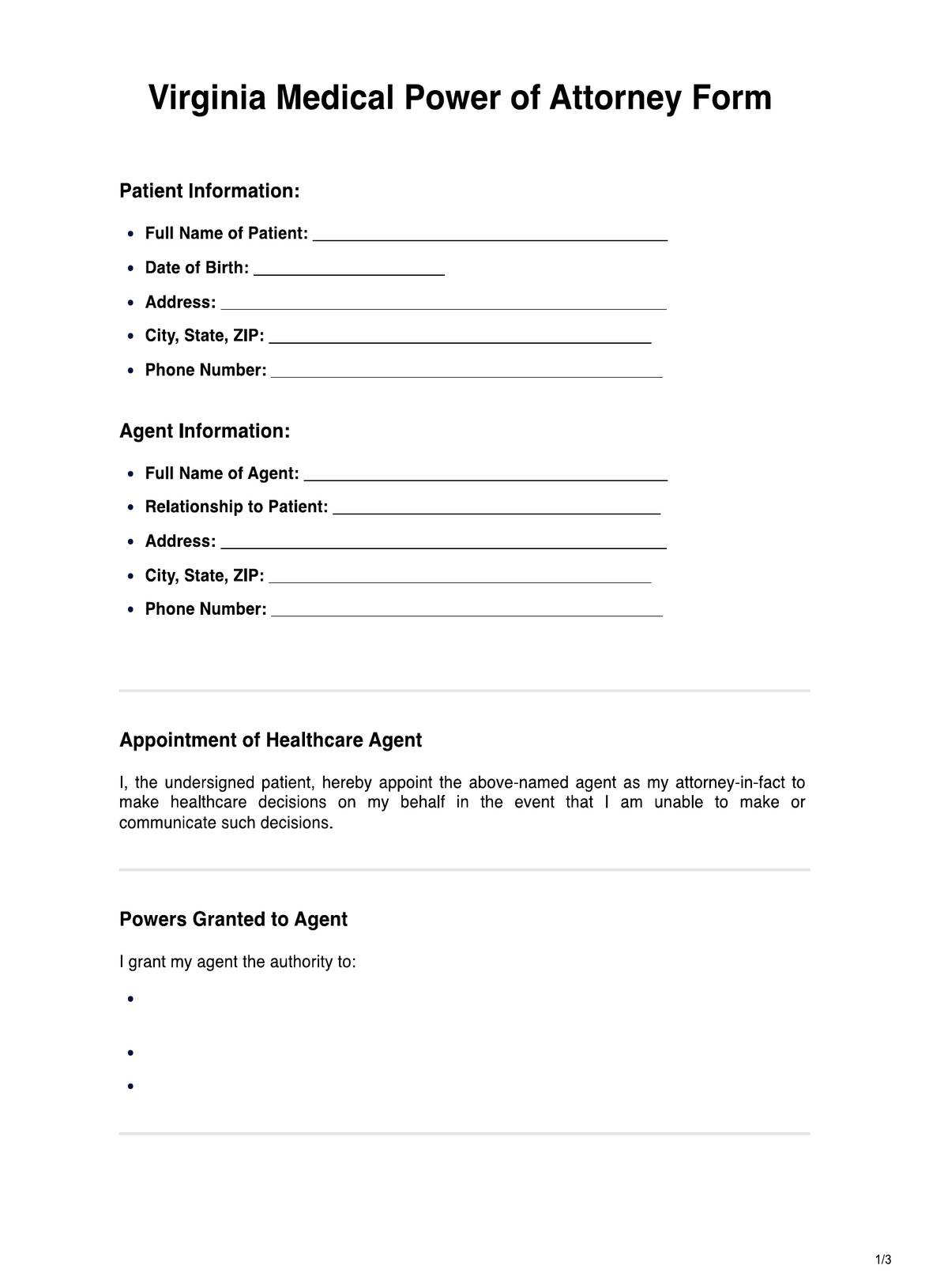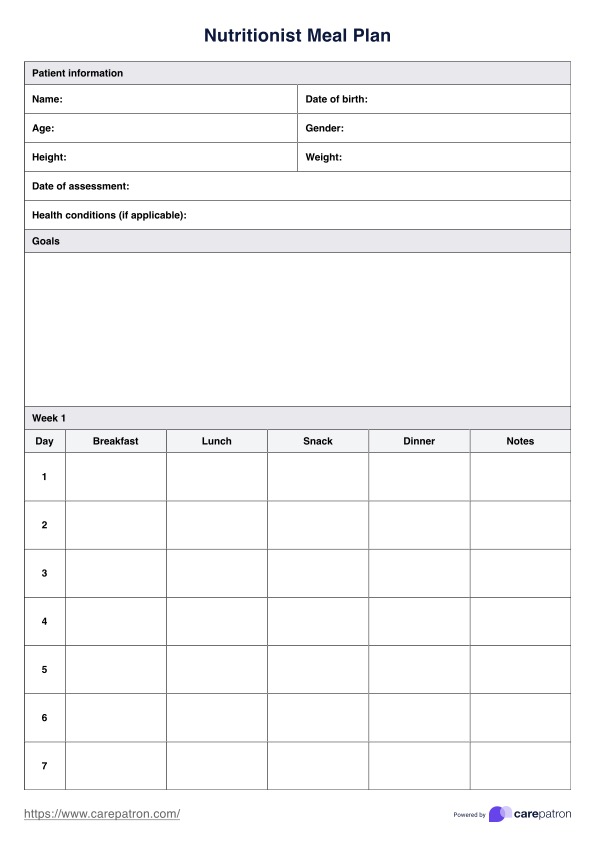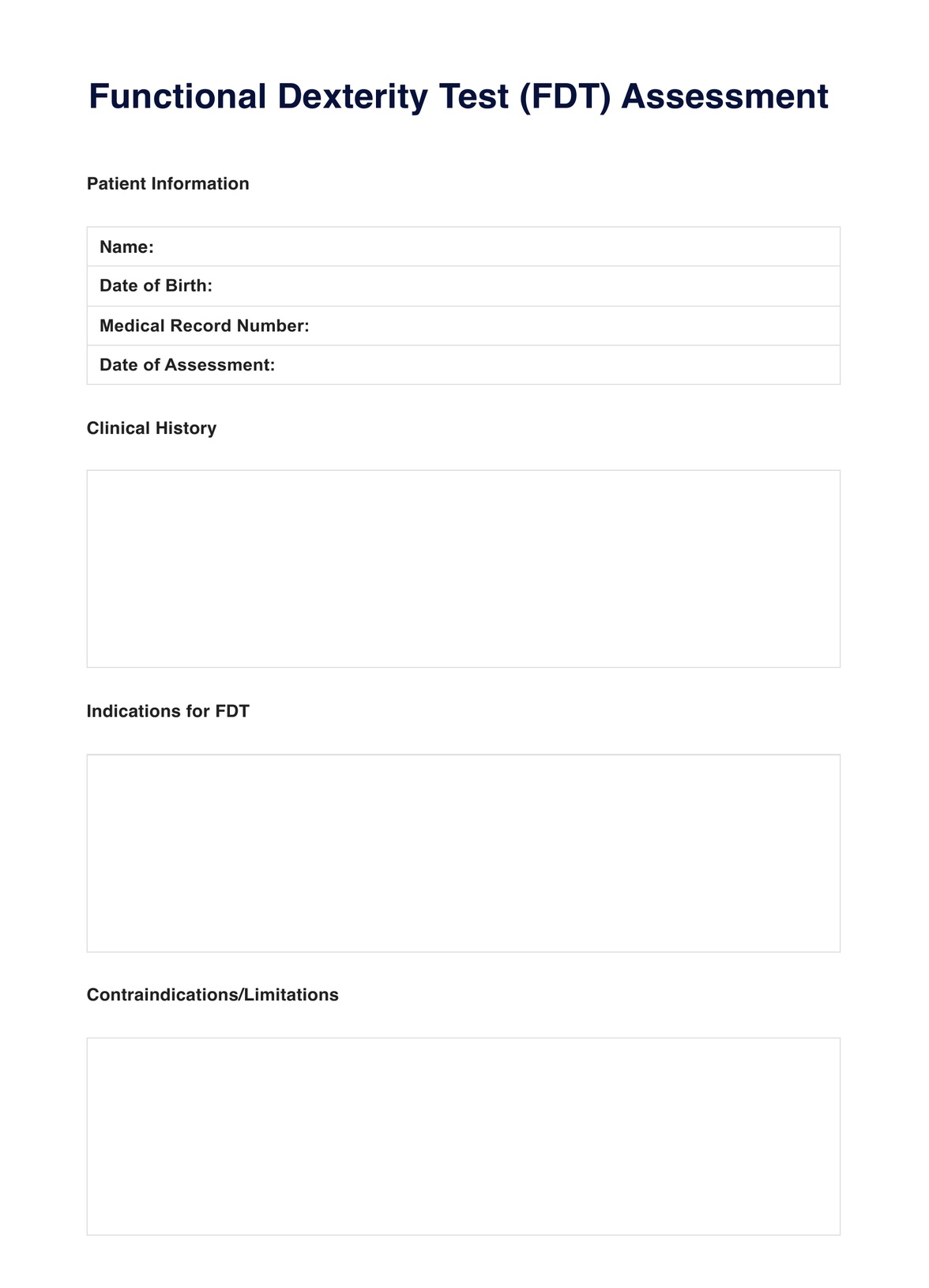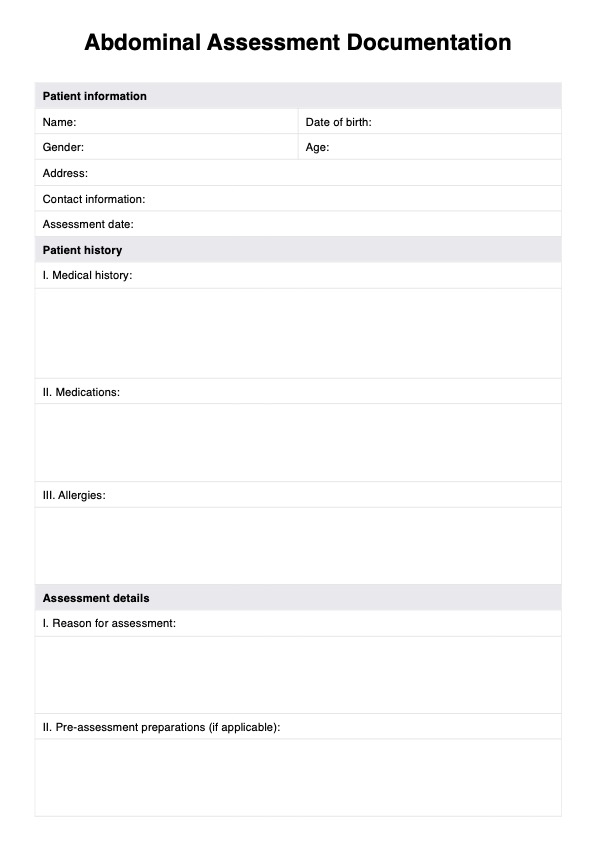What is a Daily Routine Worksheet for Adults?
Give your client a copy of a Daily Routine Worksheet for Adults template to help them establish structure and be more intentional about their day.


Why is it important for adults to have a daily routine?
In a fast-paced world, people might go with the flow of the daily hustle and bustle. Individuals can quickly feel like they are constantly on the go, juggling work, family, and personal commitments. While this may work well for them, having a daily routine can help adults be more intentional with how they spend their time and go through their day.
Routines provide people with structure and a sense of stability. This can make a difference, especially when dealing with the big idea of uncertainty in the future. More specifically, having a routine benefits them in the following ways:
Productivity and better time management
When we people have a set schedule, they can prioritize tasks, allocate time more efficiently, and minimize procrastination. This, in turn, can lead to a sense of accomplishment and reduced feelings of overwhelm when deciding what to do next.
Better sleep quality
Our bodies thrive on consistency, and sticking to a regular sleep schedule can promote better sleep patterns and help them feel more rested and energized.
More consistent with healthy habits
Incorporating regular exercise, balanced meals, and self-care practices into the daily routine makes clients more likely to stick to these helpful behaviors.
Reducing stress and anxiety
When individuals know what to expect and have control over their day, they are less likely to feel overwhelmed or anxious. This predictability can provide stability and calm, allowing them to manage stressful situations better.
Promoting self-discipline and accountability
Sticking to a routine requires commitment and determination, which can lead to better habits and a greater likelihood of reaching personal and professional goals.
A daily routine provides a solid foundation for adults to organize their lives, manage stress, prioritize their well-being, and achieve balance and fulfillment.
What is a Daily Routine Worksheet for Adults? Template
What is a Daily Routine Worksheet for Adults? Example
What is a Daily Routine Worksheet for Adults?
It's common for anyone to feel overwhelmed by their daily activities and responsibilities. Many adults find structure and organization helpful in managing busy schedules and prioritizing well-being. This is where a Daily Routine Worksheet for Adults comes in. This can be a valuable tool to empower individuals to control their time and create a framework for a healthier, more fulfilling life.
Daily routine worksheets are structured to allow adults who may be working or students to plan out their day or week ahead by dedicating time blocks to each routine activity. This is usually organized into a chart or a table where they can write down specific periods and corresponding activities for each.
This must tackle productive responsibilities along with time for rest and recreation to wrap up their day positively.
How to use our Daily Routine Worksheet for Adults template
Our Daily Routine Worksheet for Adults PDF is a valuable tool to help individuals establish structure while prioritizing well-being in their busy lives. Here's a step-by-step guide to get the most out of it:
Step 1: Download the worksheet
Access the Daily Routine Worksheet for Adults via the Careparton app by clicking the "Use template" button. For a PDF copy, select "Download."
Step 2: Familiarize with the content of the worksheet
Begin by taking a few moments to review the overall layout and components of the Daily Routine Worksheet. Note the time block sections and activity columns.
Step 3: Understand the existing routine
Before instructing clients to write down items on the worksheet, allow them to take some time to understand their typical routine. This includes waking hours, work schedules, mealtimes, and social or leisure activities. Reflecting on this can be a basis for filling out their worksheet or making changes according to their goals.
Step 4: Dedicate activities to each time block
Guide clients in writing down their prioritized activities or to-do lists in the corresponding time blocks on the daily routines worksheet. Remind them that these placements should align with their identified routine from Step 2 or with new good habits they want to practice.
Step 4: Align with self-care goals
Let clients review the worksheet to ensure a balance between work, leisure, and self-care activities. Make adjustments to ensure that self-care elements, such as proper meals, breaks, physical activity, and adequate sleep, are incorporated throughout the day.
Step 5: Monitor and adjust
Monitor their progress as they follow the routine outlined in their worksheet. If you find that certain activities consistently don't fit within their time blocks or that high-priority activities are not being accomplished, encourage them to make adjustments to optimize their routine.
Step 6: Daily reflection
At the end of each day, let clients take a moment to write down their final thoughts. Reflect upon and evaluate their routine. Consider any areas for improvement or potential adjustments for the following days.
Benefits of engaging with this worksheet
Engaging with this worksheet is essential for planning and for clients to be more accountable for how they spend their time. Taking the time to reflect and put it on paper also helps build a sense of commitment and dedication.
Beyond that, here are other advantages of using this worksheet:
- Improved time management: Visualizing one's day on paper helps identify areas for improvement and potential time-wasters. Scheduling tasks and activities allows them to prioritize effectively and feel more in control.
- Increased self-awareness: Regularly reflecting on how their day went, using the worksheet's notes section, can improve self-awareness. This awareness allows them to identify areas for improvement and adjust their routine for ongoing optimization.
- Practice a work-life balance: This worksheet can help individuals dedicate enough time for work, personal hobbies, social engagements, and relaxation. This balance is crucial for preventing burnout and maintaining mental health.
This worksheet can remind clients to prioritize well-being and cultivate habits that contribute to a more fulfilling and balanced lifestyle.
How to develop and maintain a good daily routine
Developing and maintaining a good daily routine can be a game-changer in achieving a balanced and fulfilling life. Here are some practical tips to help clients establish and stick to a healthy routine:
- Start with realistic goals: Let clients assess their current lifestyle and set achievable goals. Remind them not to overload themselves with unrealistic expectations, which can lead to disappointment and make them more likely to abandon their routine.
- Schedule work and study time: Dedicate specific time blocks for focused work or study sessions and honor those commitments. Remember that work usually expands to fill the time available for its completion.
- Be flexible: While routines provide structure, remaining flexible and adaptable is essential. Unexpected events or changes in circumstances may require adjustments to their routine. We recommend leaving some spaces within their time blocks to make room for these events.
- Track and adjust: Help clients regularly review their routine and make necessary changes. Know what works well and what needs improvement.
Developing a good daily routine is a process, and it may take time to find the right balance that suits our clients' lifestyles and goals.
Commonly asked questions
You can help them by giving them a copy of our template and asking them to outline existing habits, identify priority tasks, and schedule set times for essential activities like sleep, work, relaxation, and exercise.
Let them know that flexibility is key. When disruptions occur, it is recommended that they adapt their schedule to accommodate changes while aiming to return to their routine as soon as possible to maintain consistency.
How detailed daily routines must be, varies by individual preference; some prefer a detailed, minute-by-minute plan, while others may thrive with a general overview of primary activities.


